w/o eyes
M i n i m a l P o r t r a i t I l l u s t r a t i o n s
Illustrations of remarkable people and events for the Sputnik Mag Gr Facebook page as a timeline or news commentary.
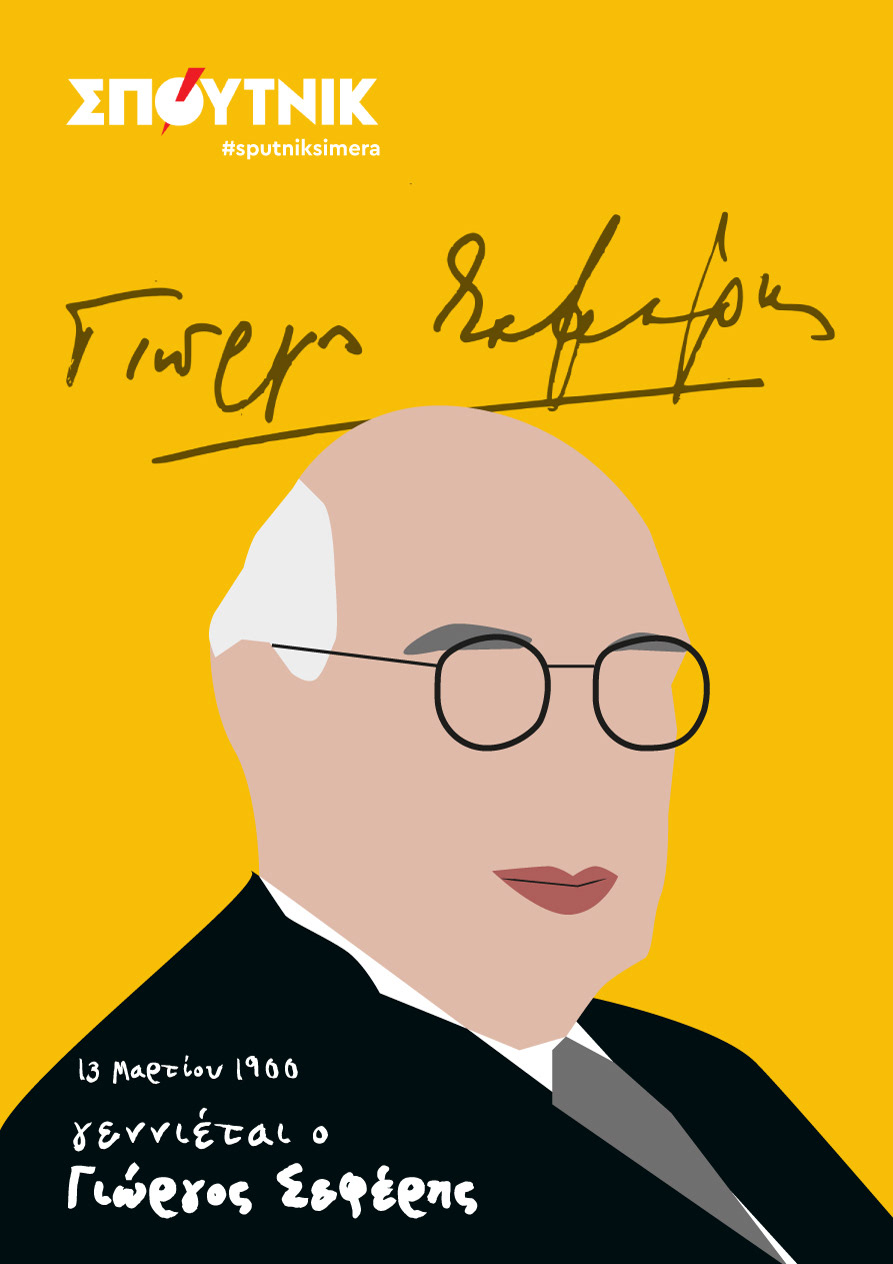
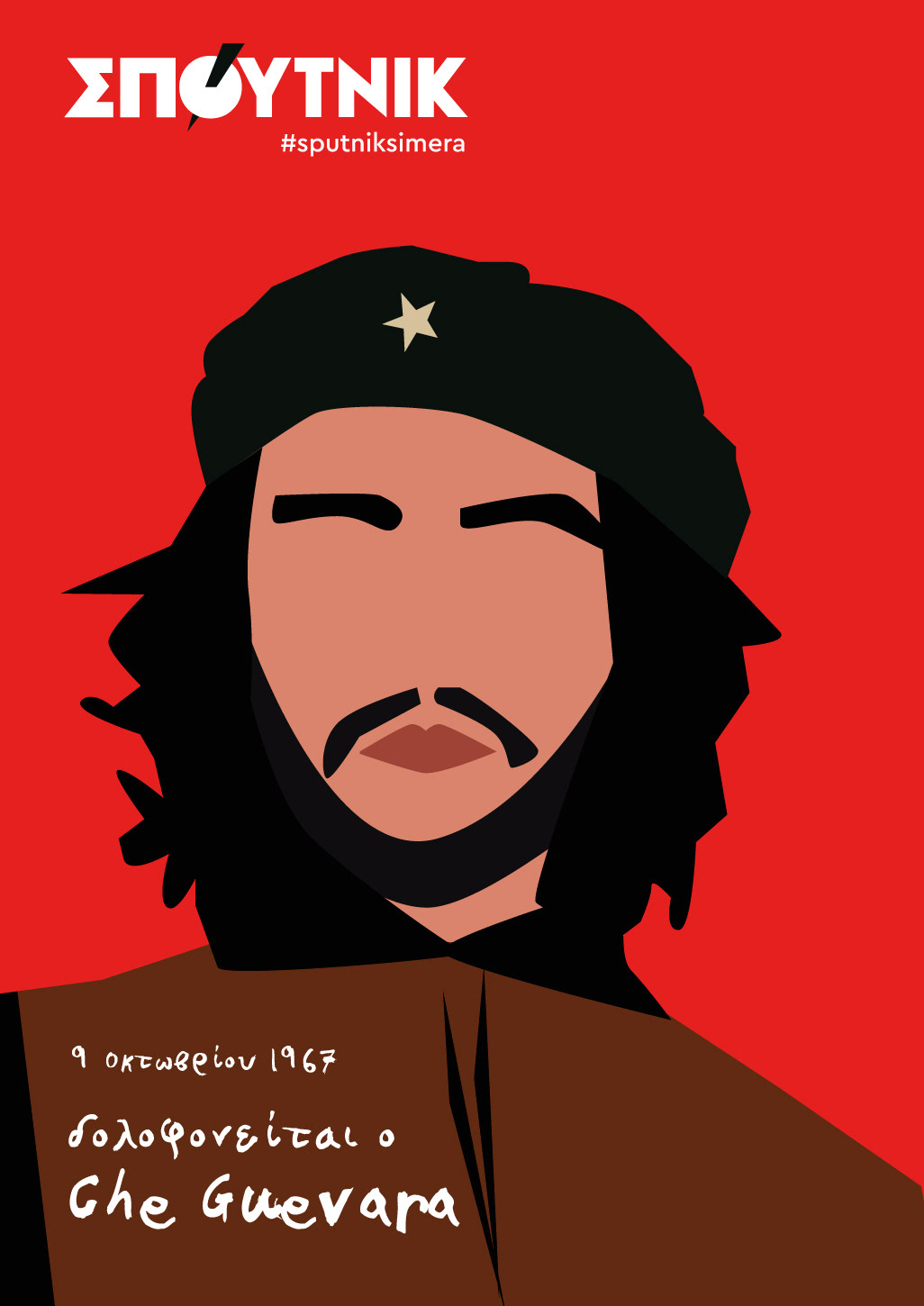
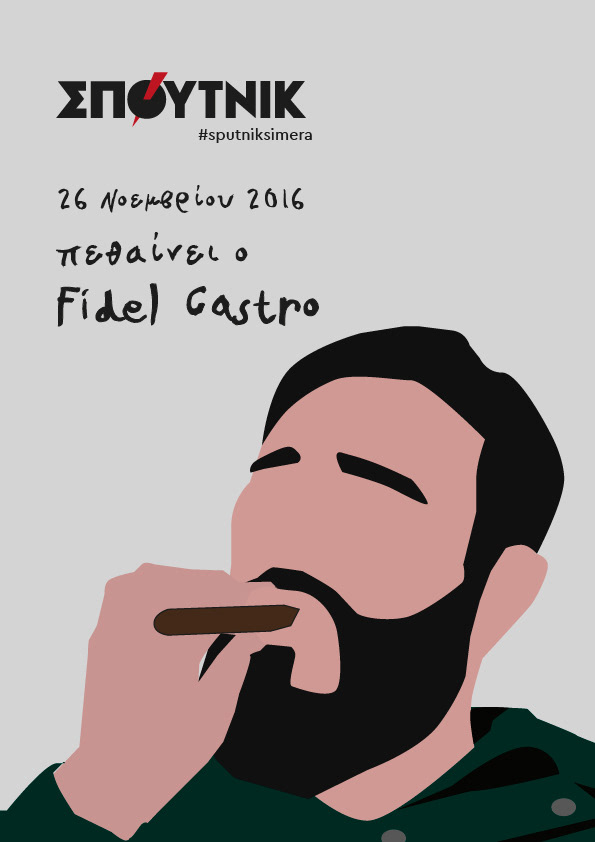
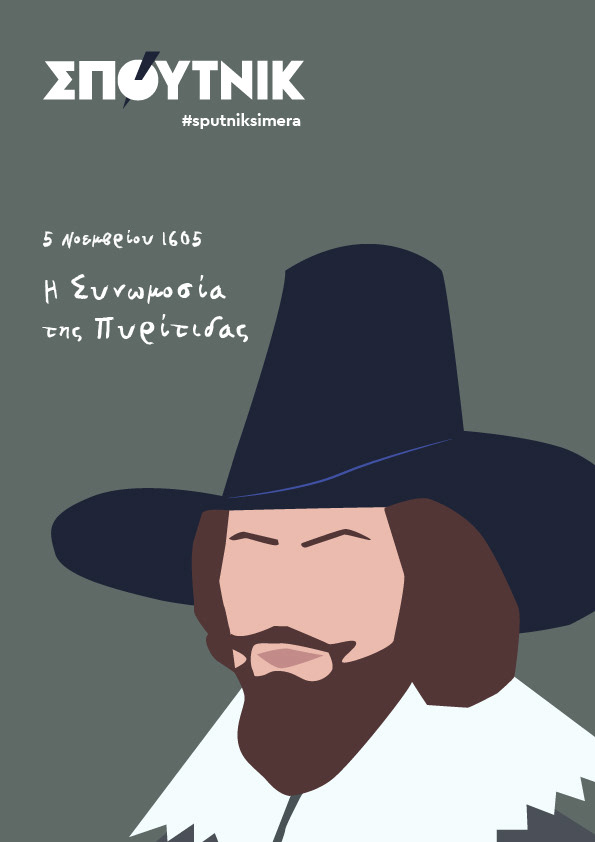
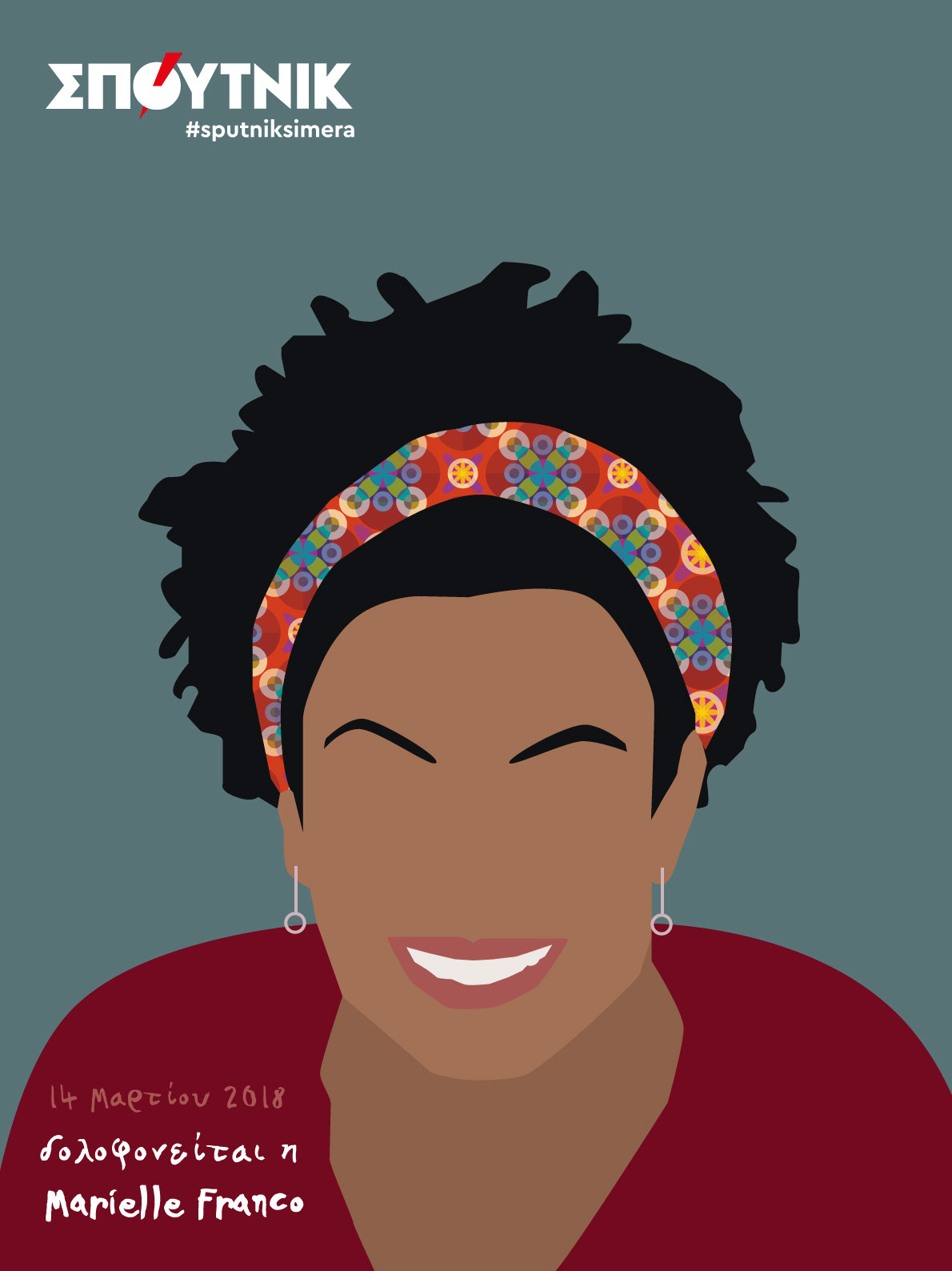
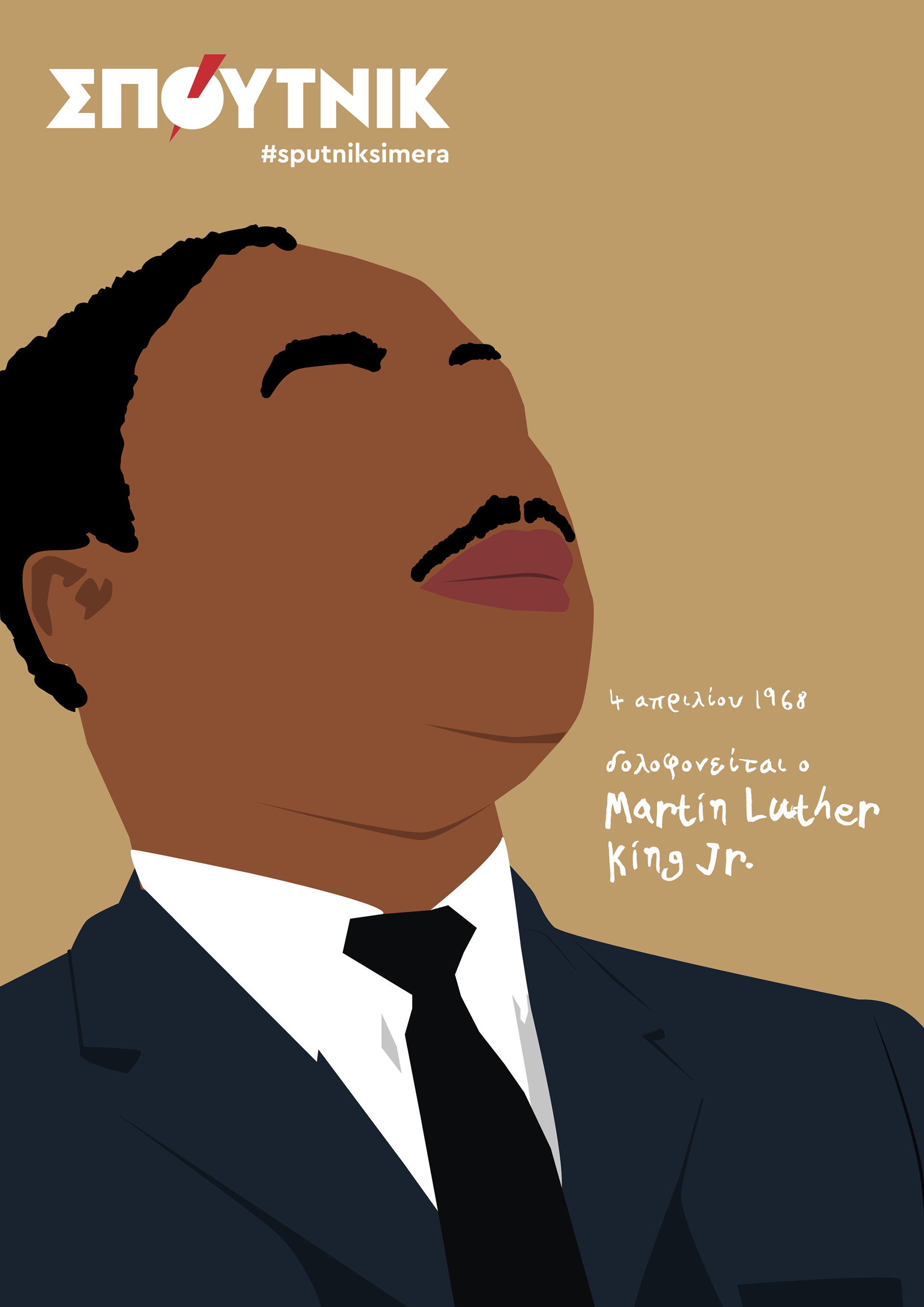
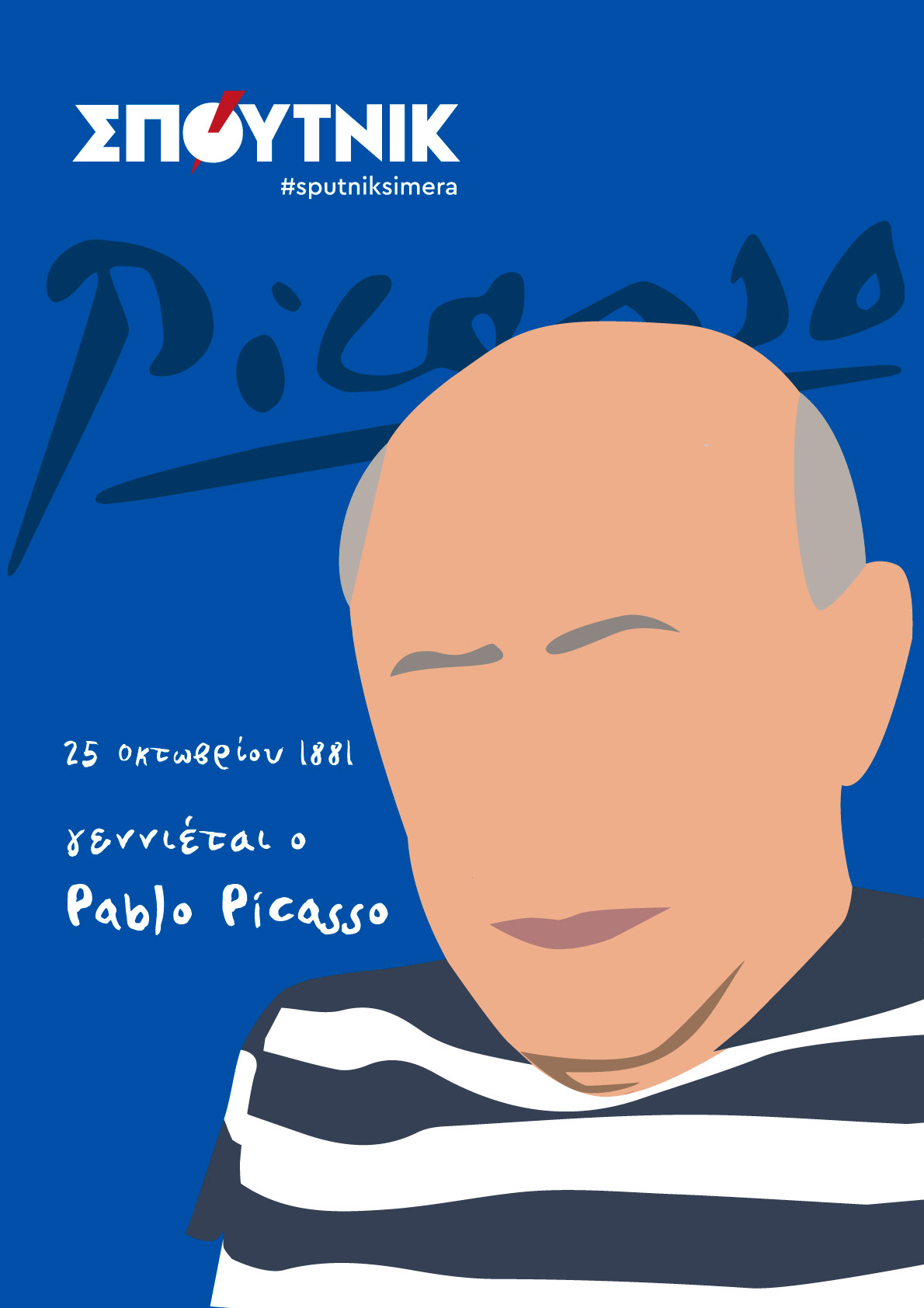
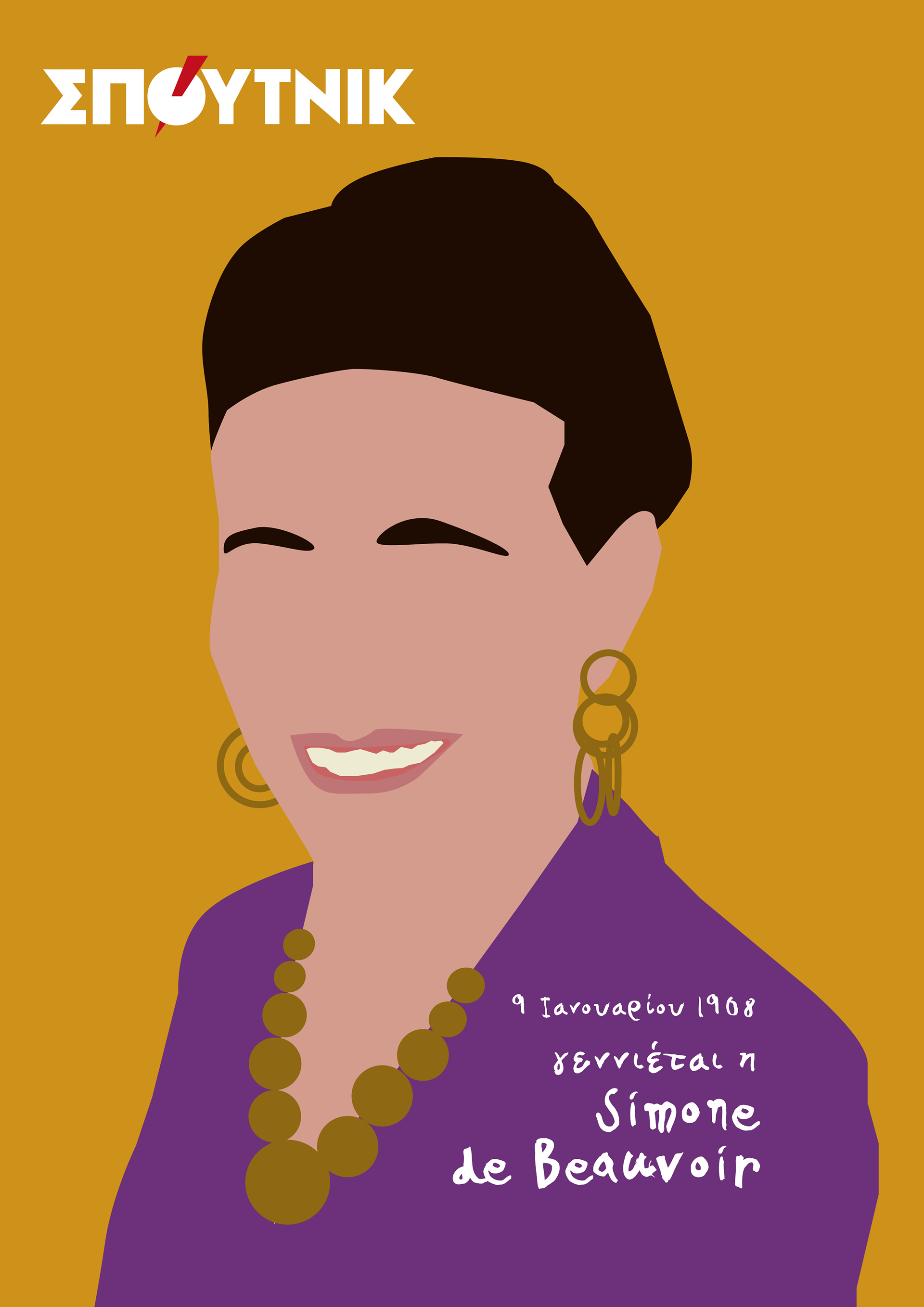
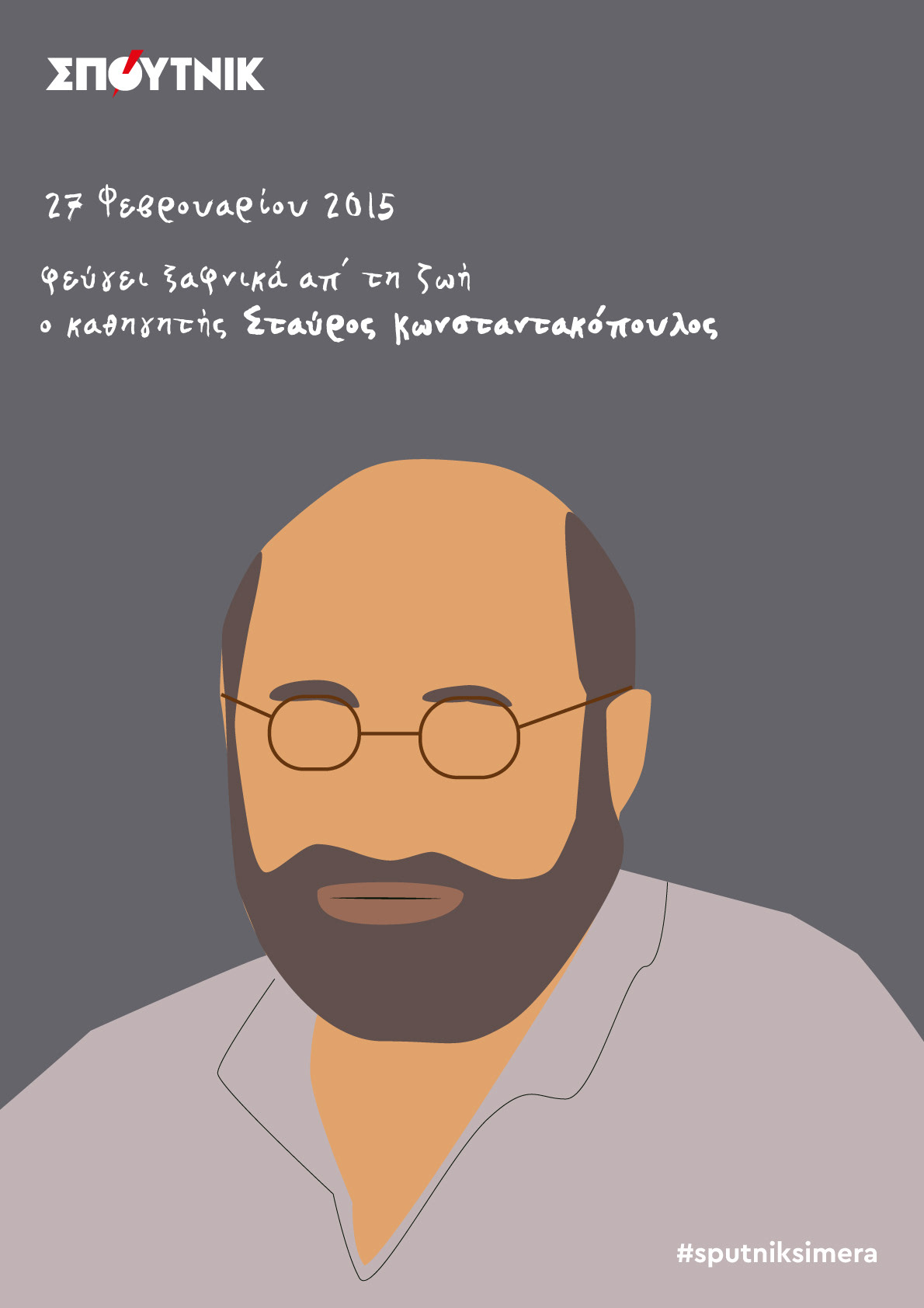
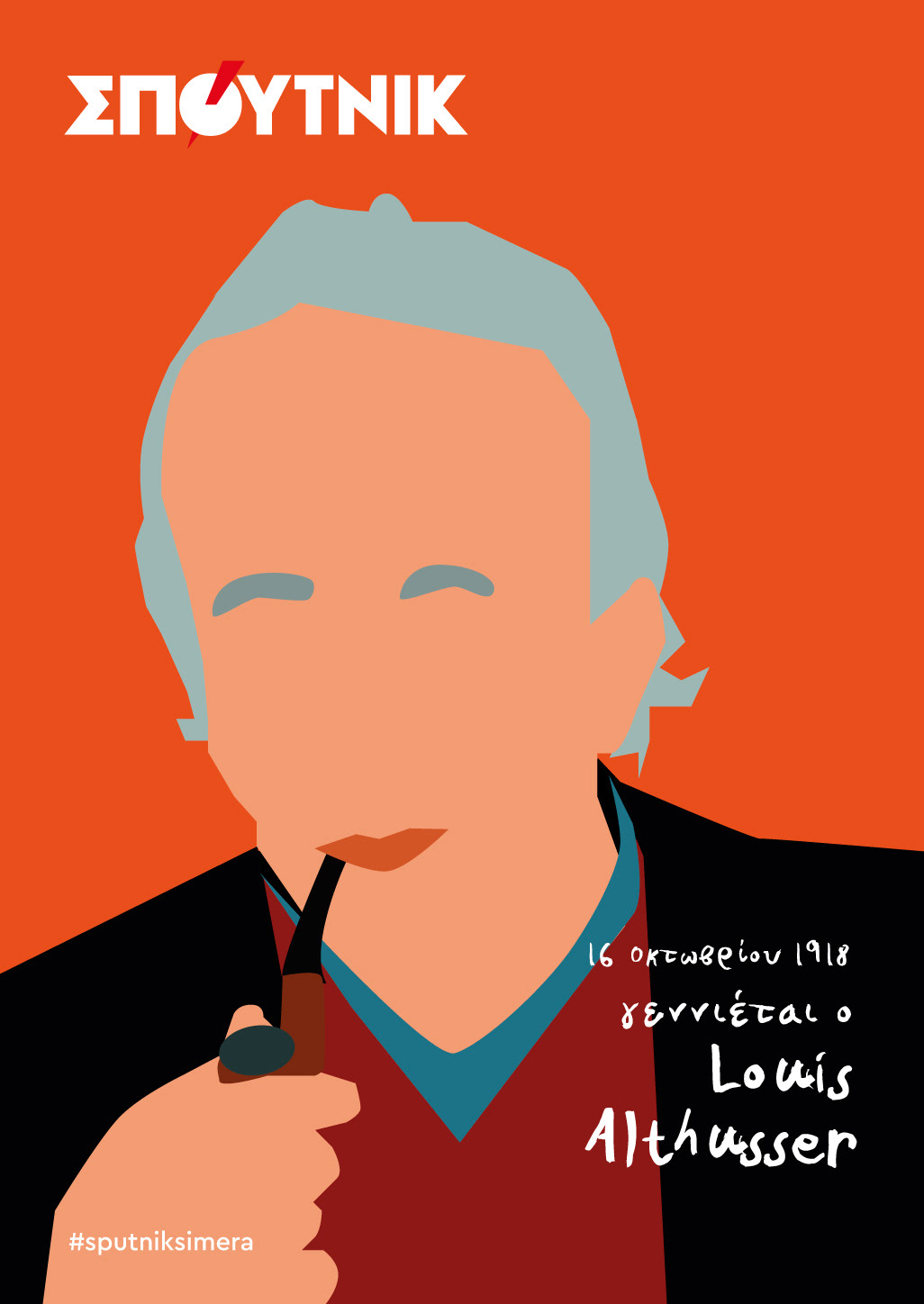
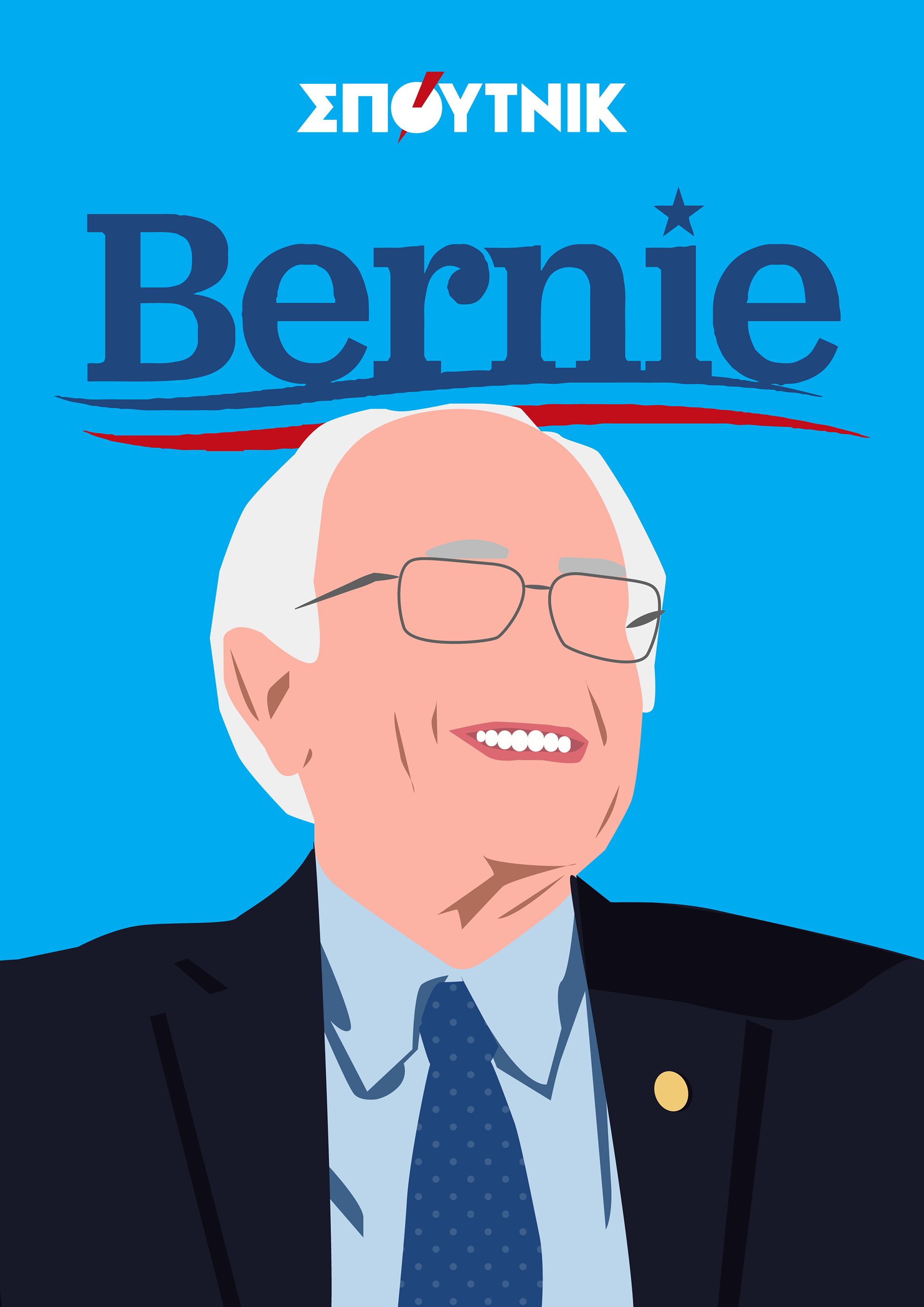
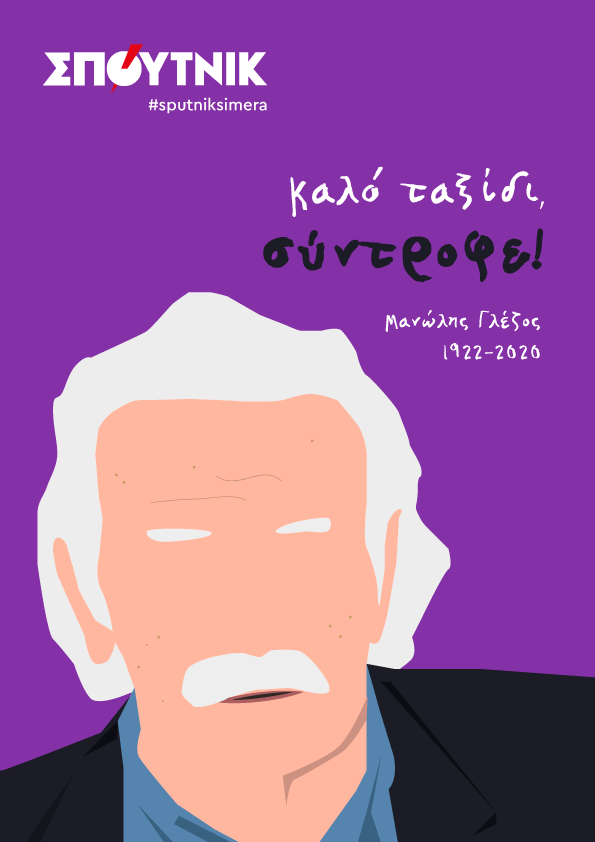
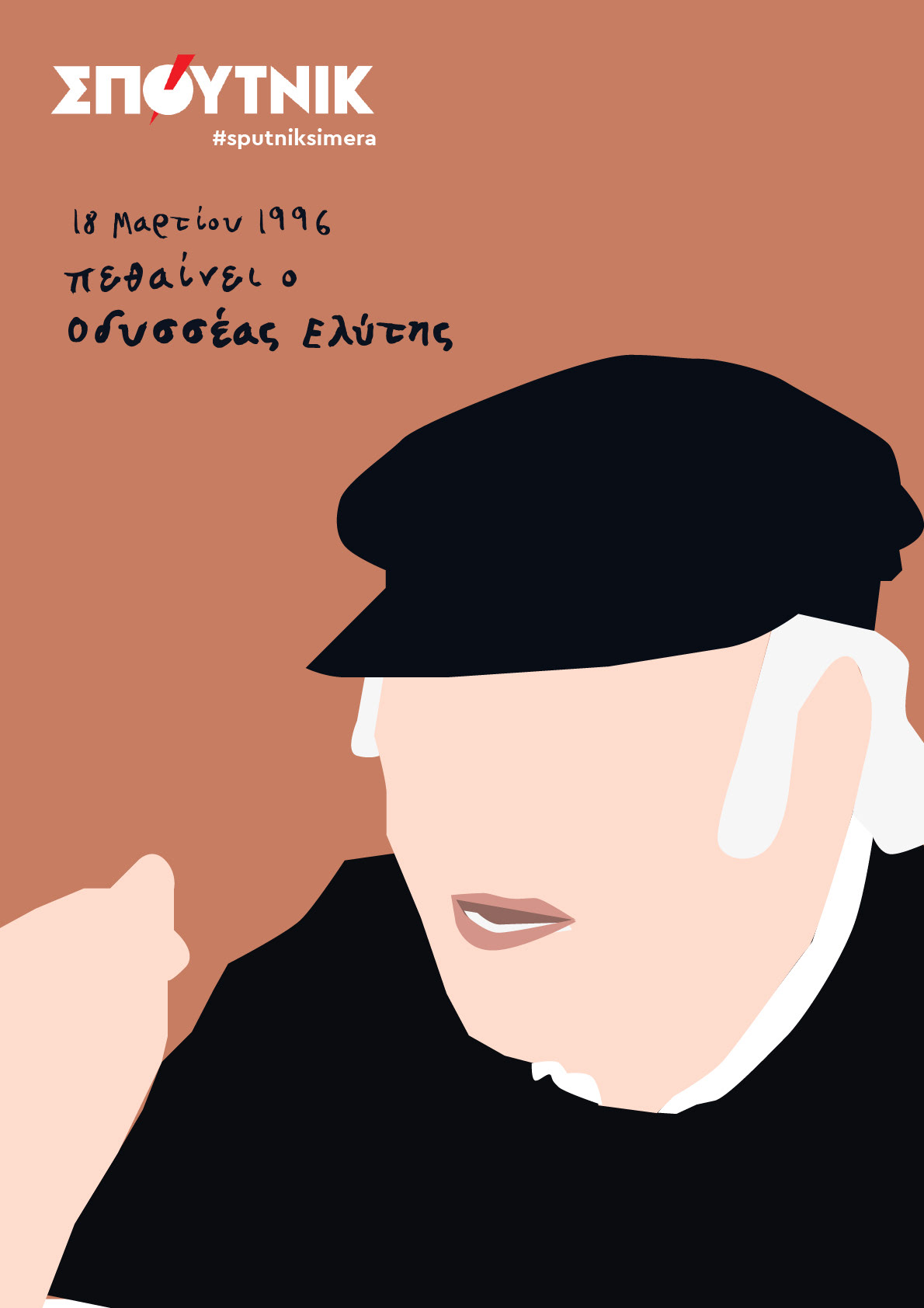
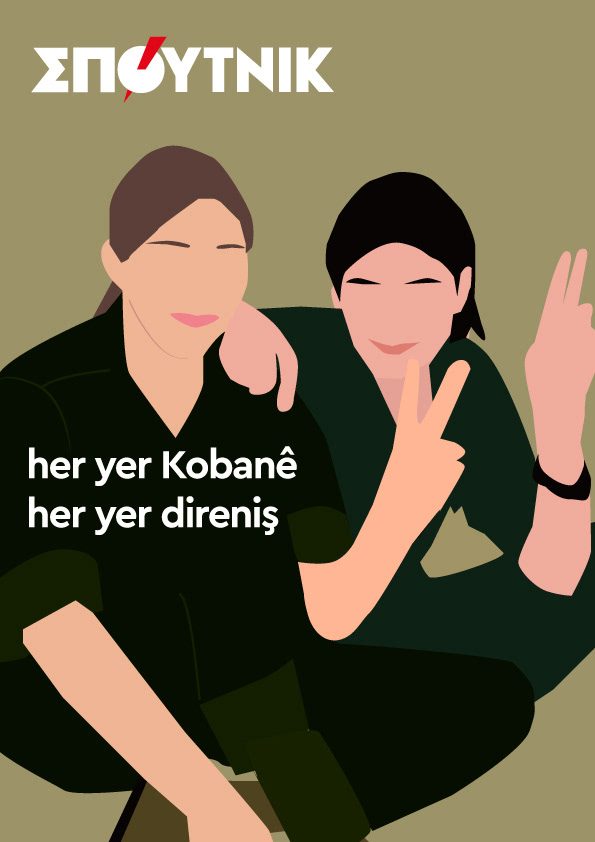
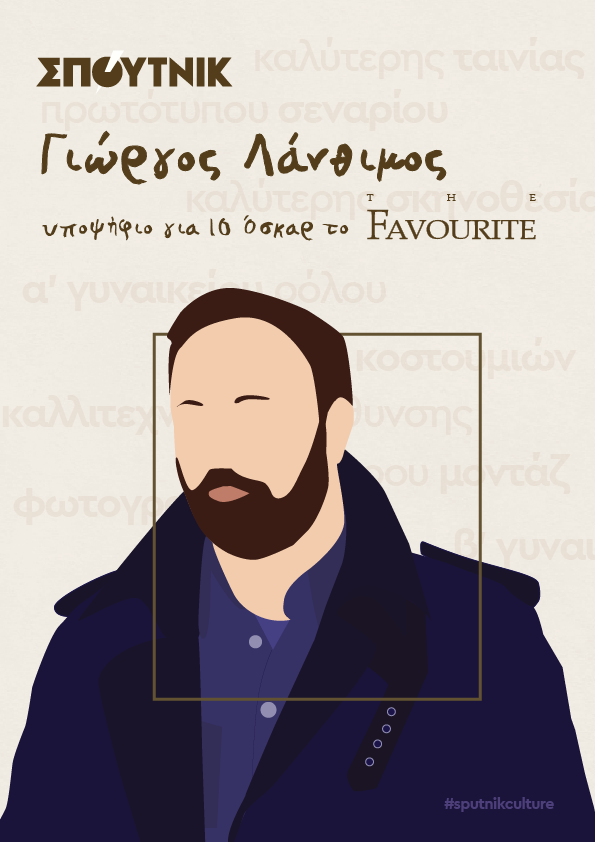
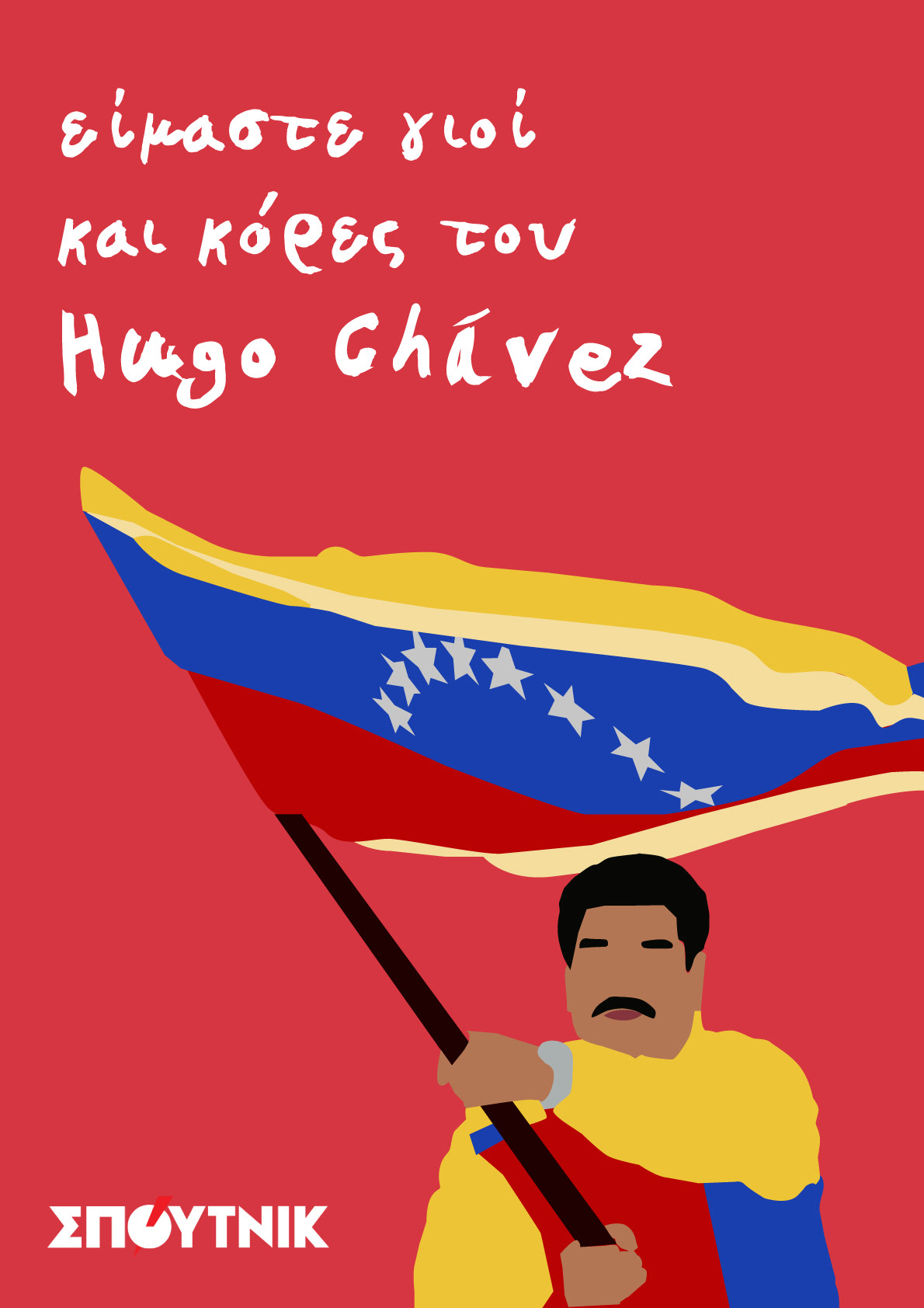
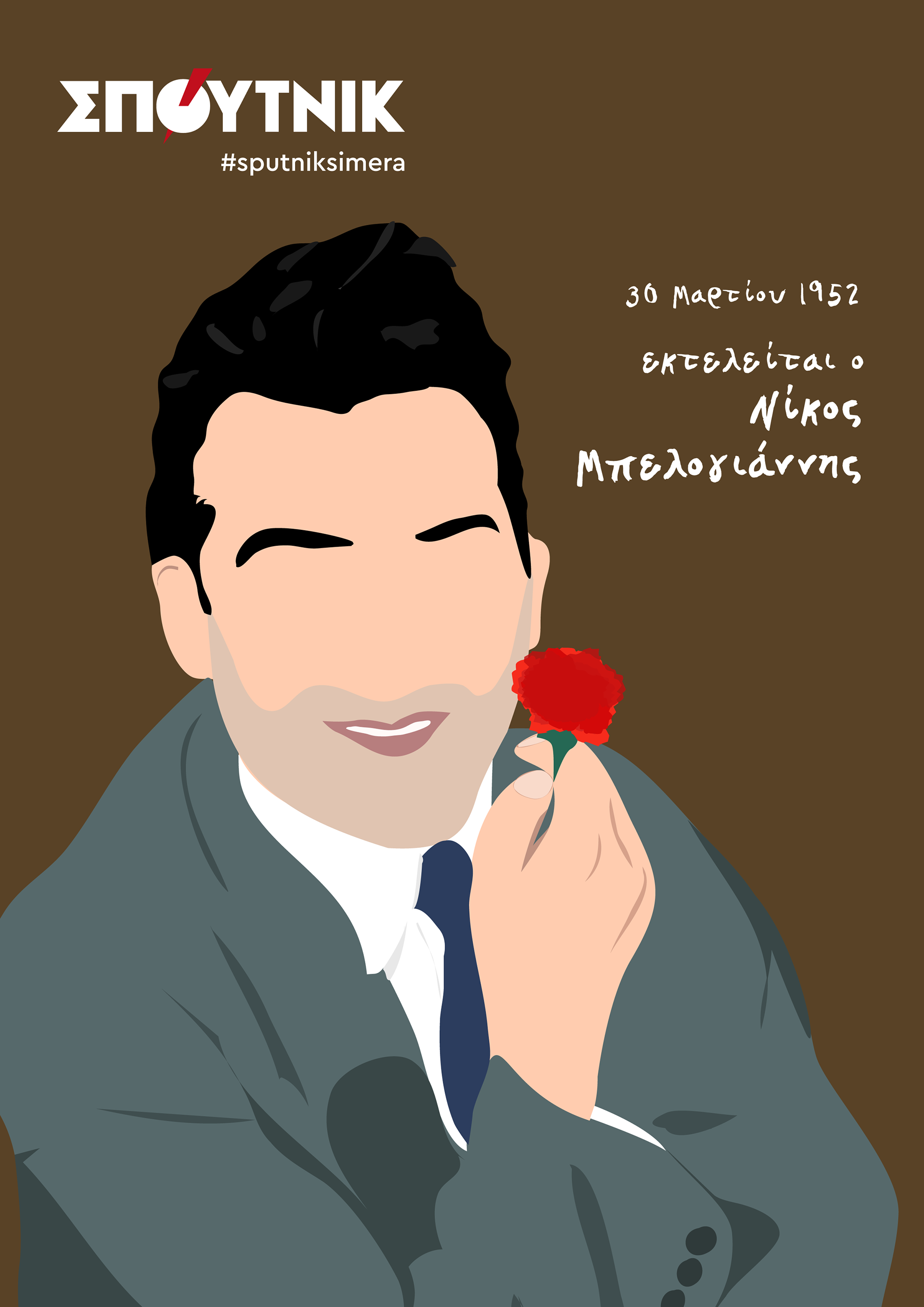
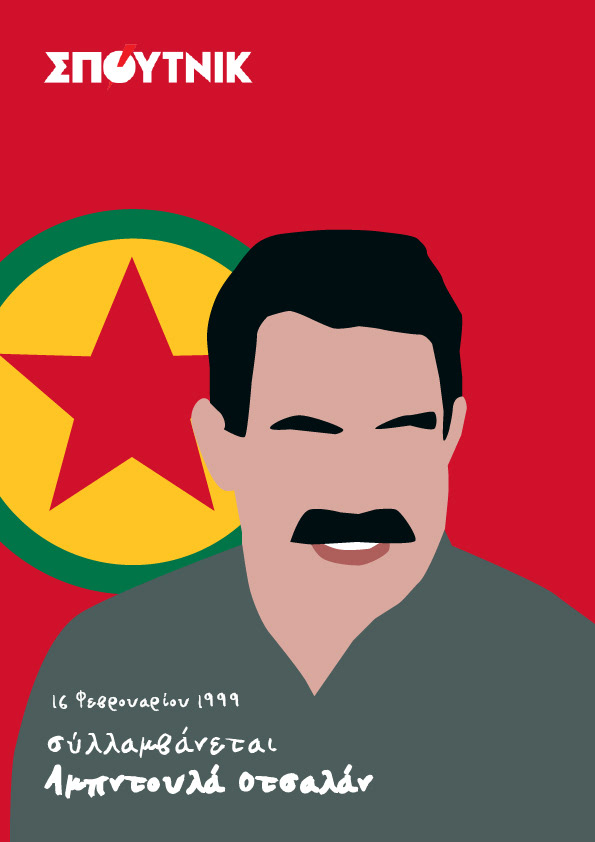
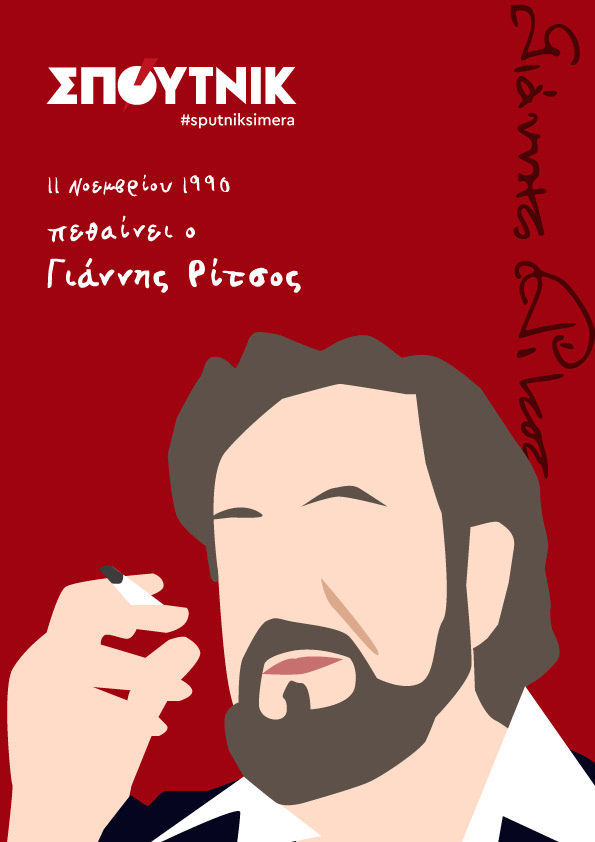
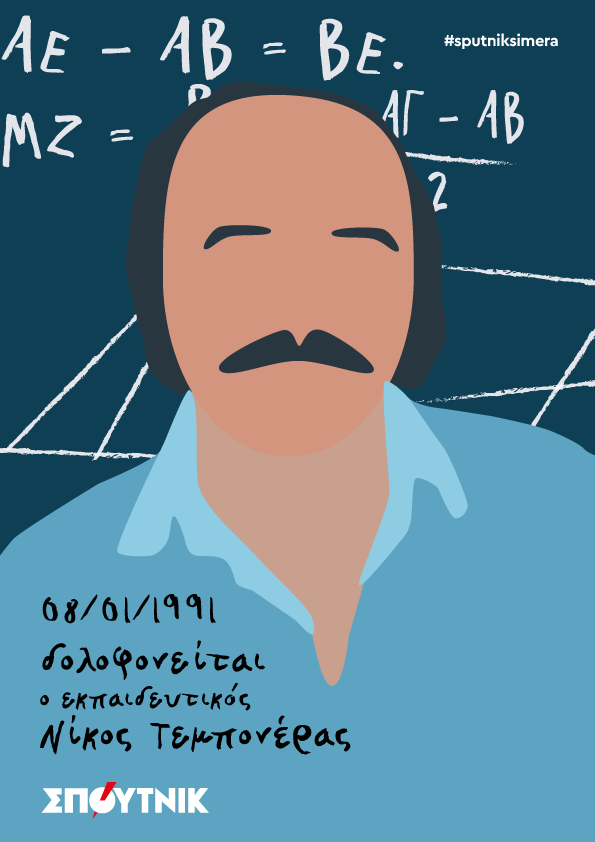
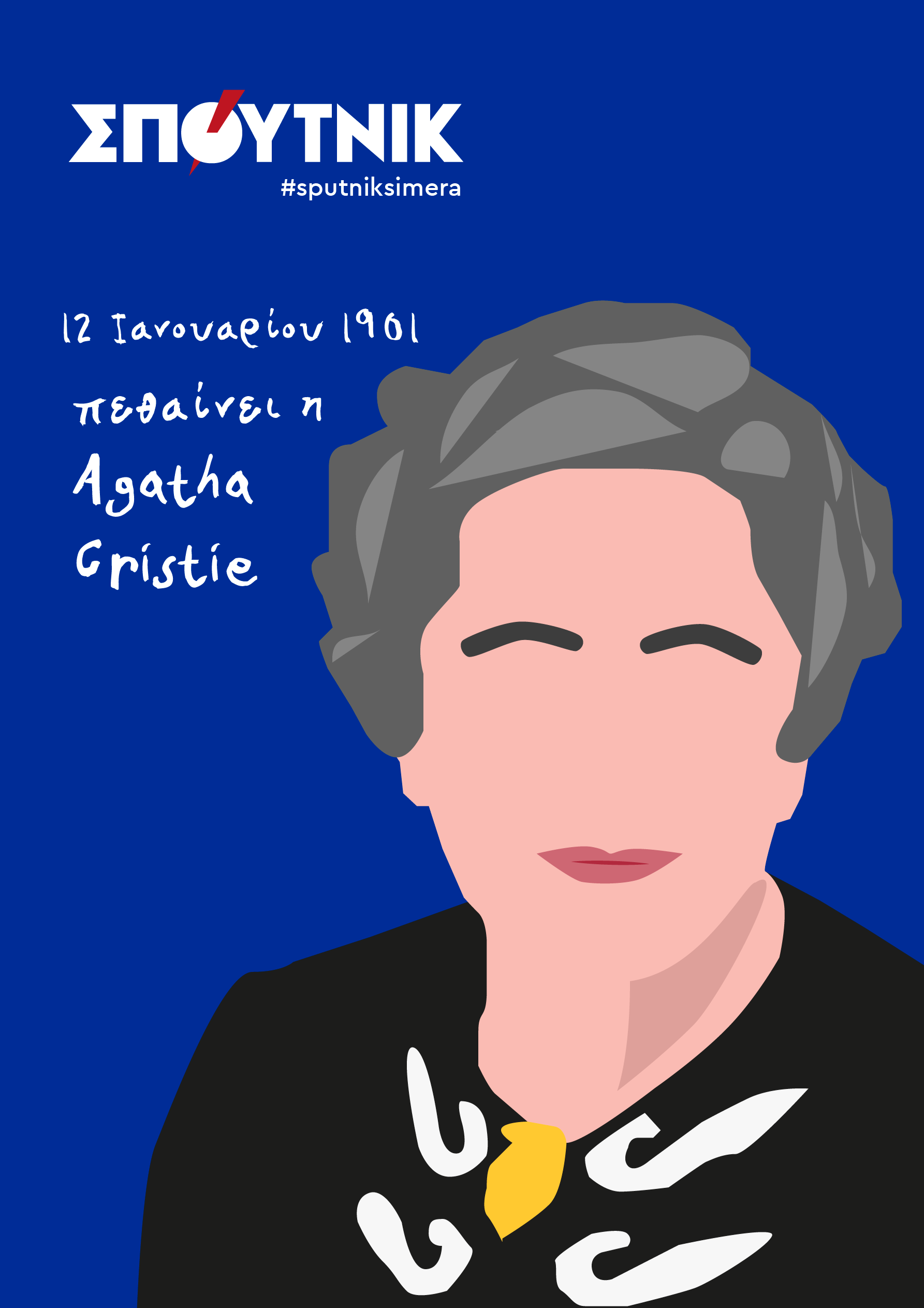
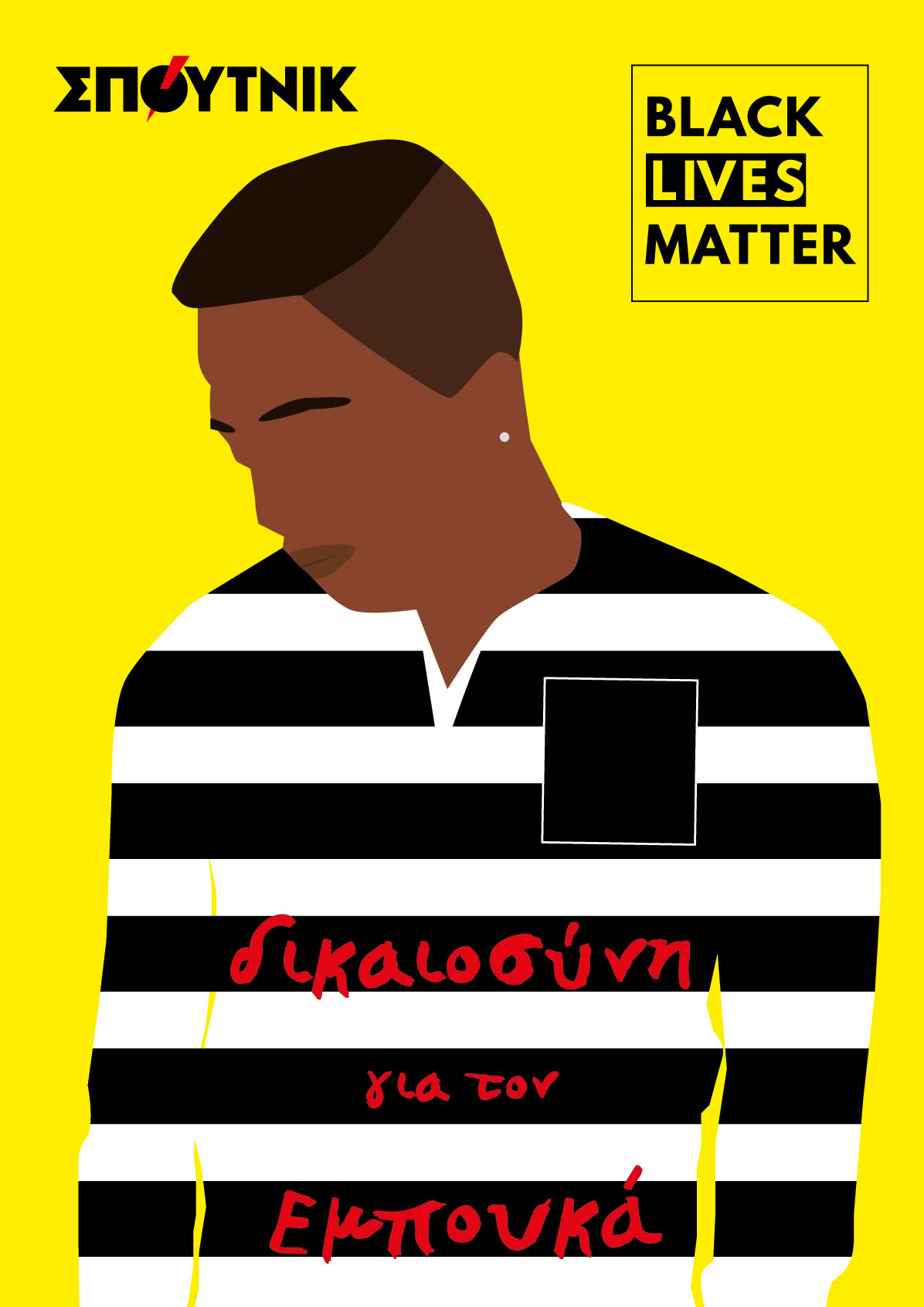
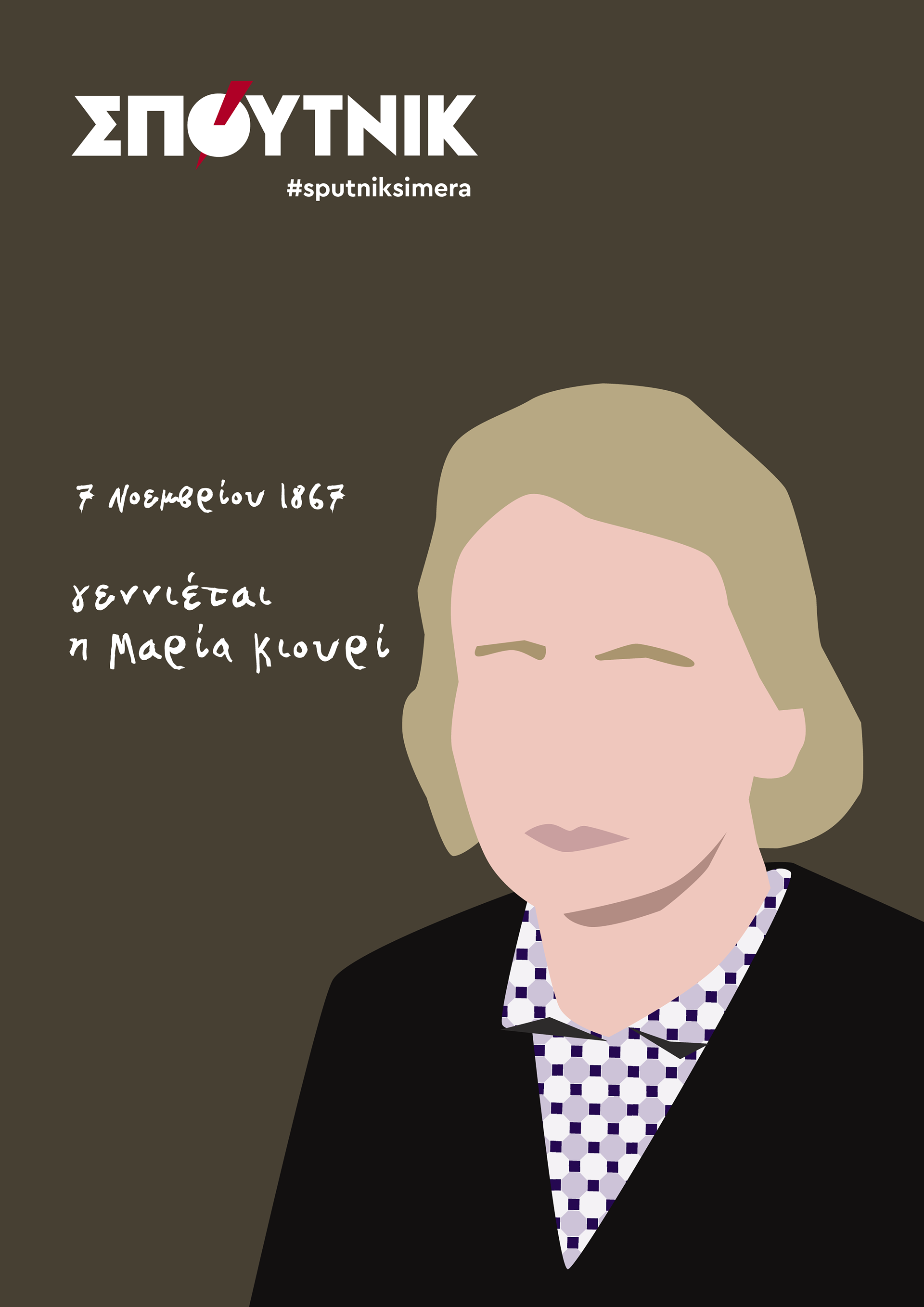
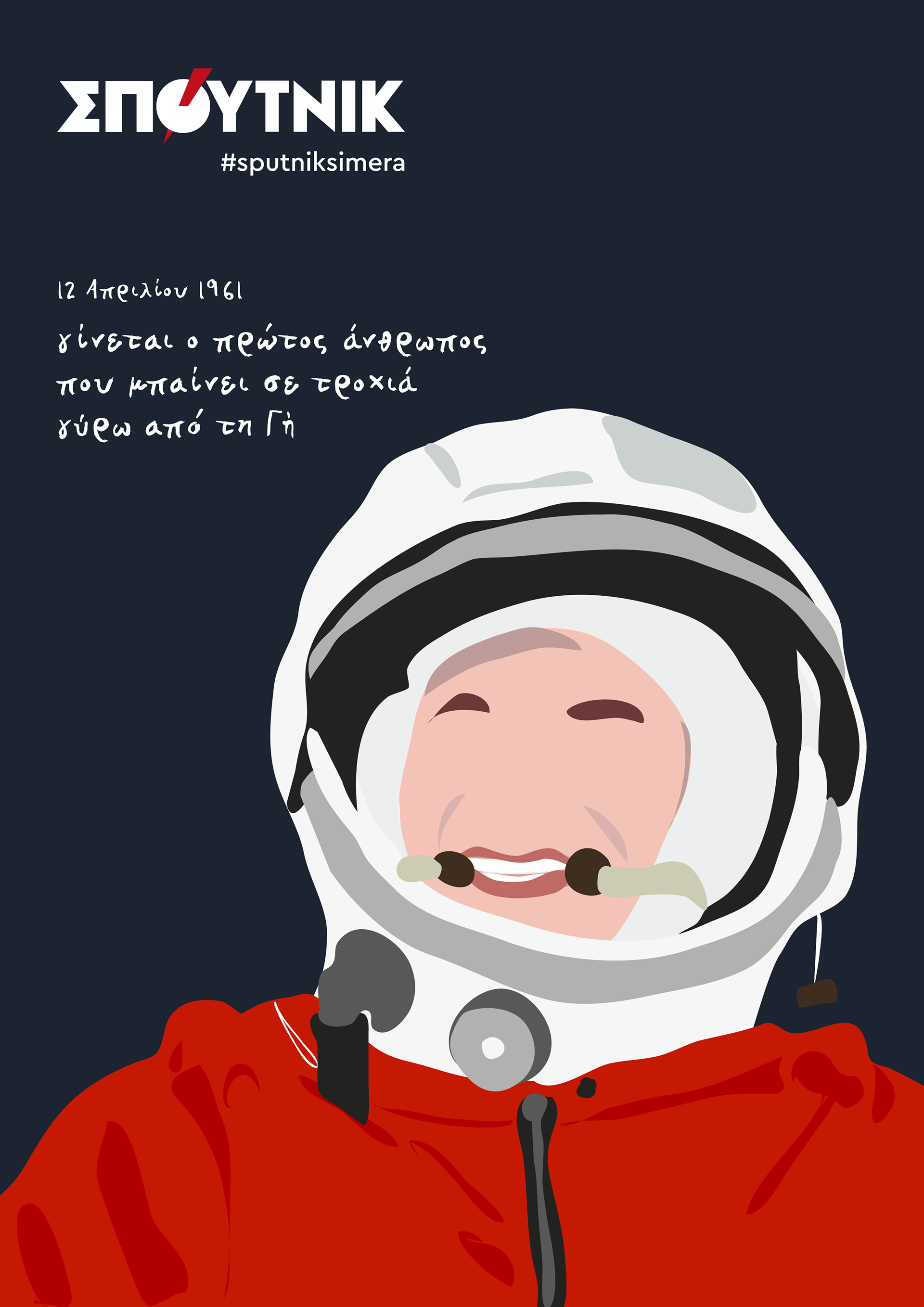
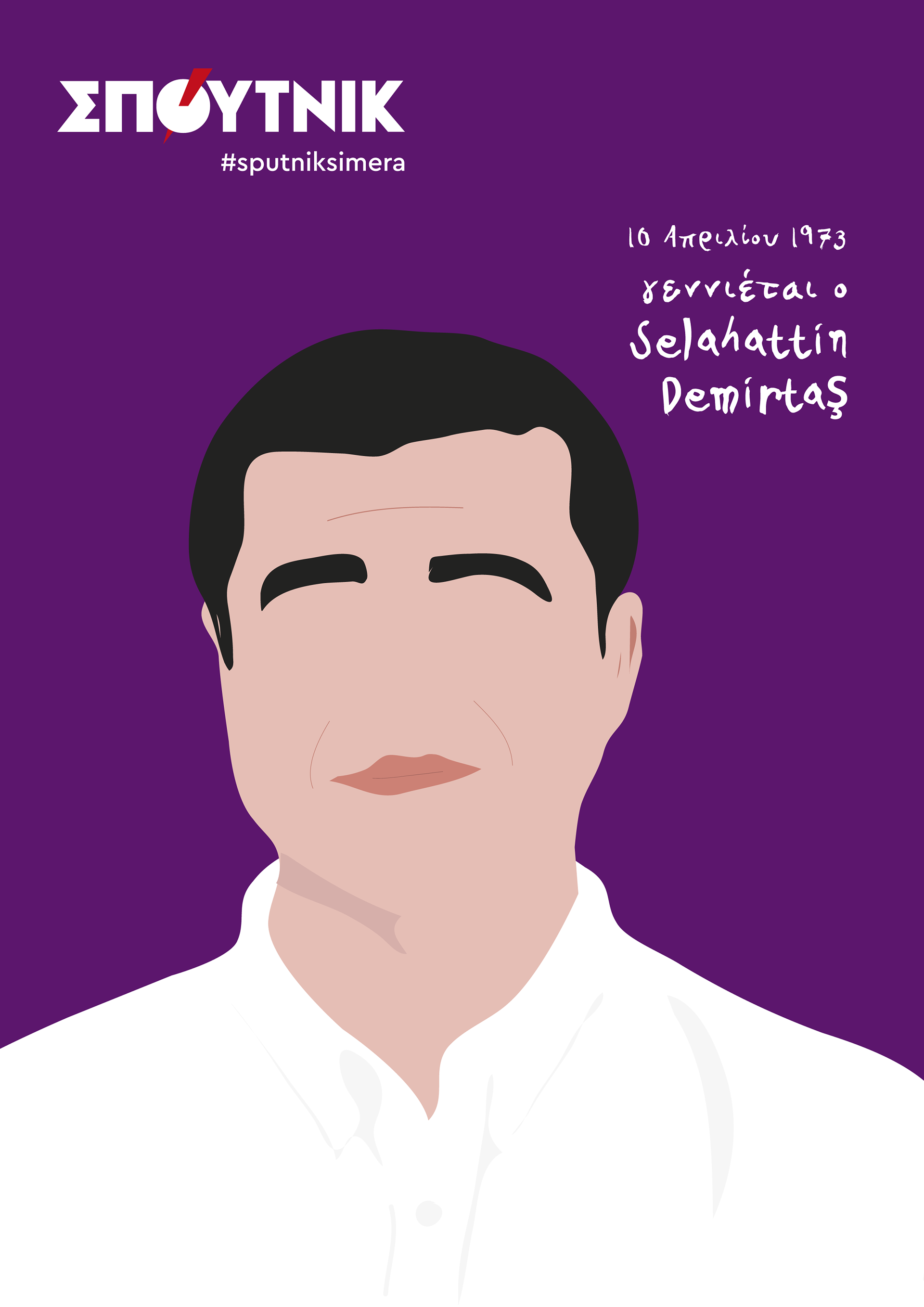
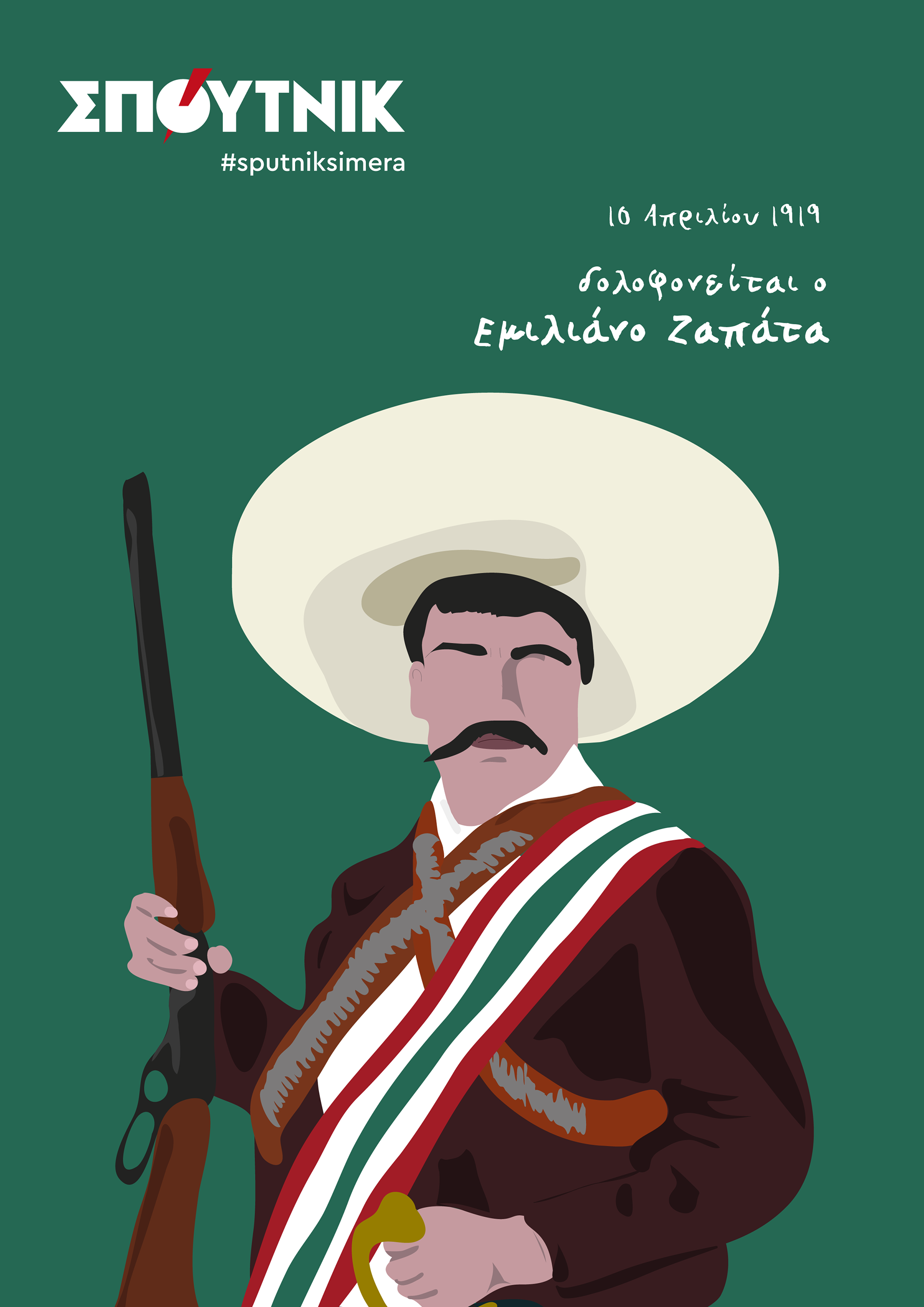
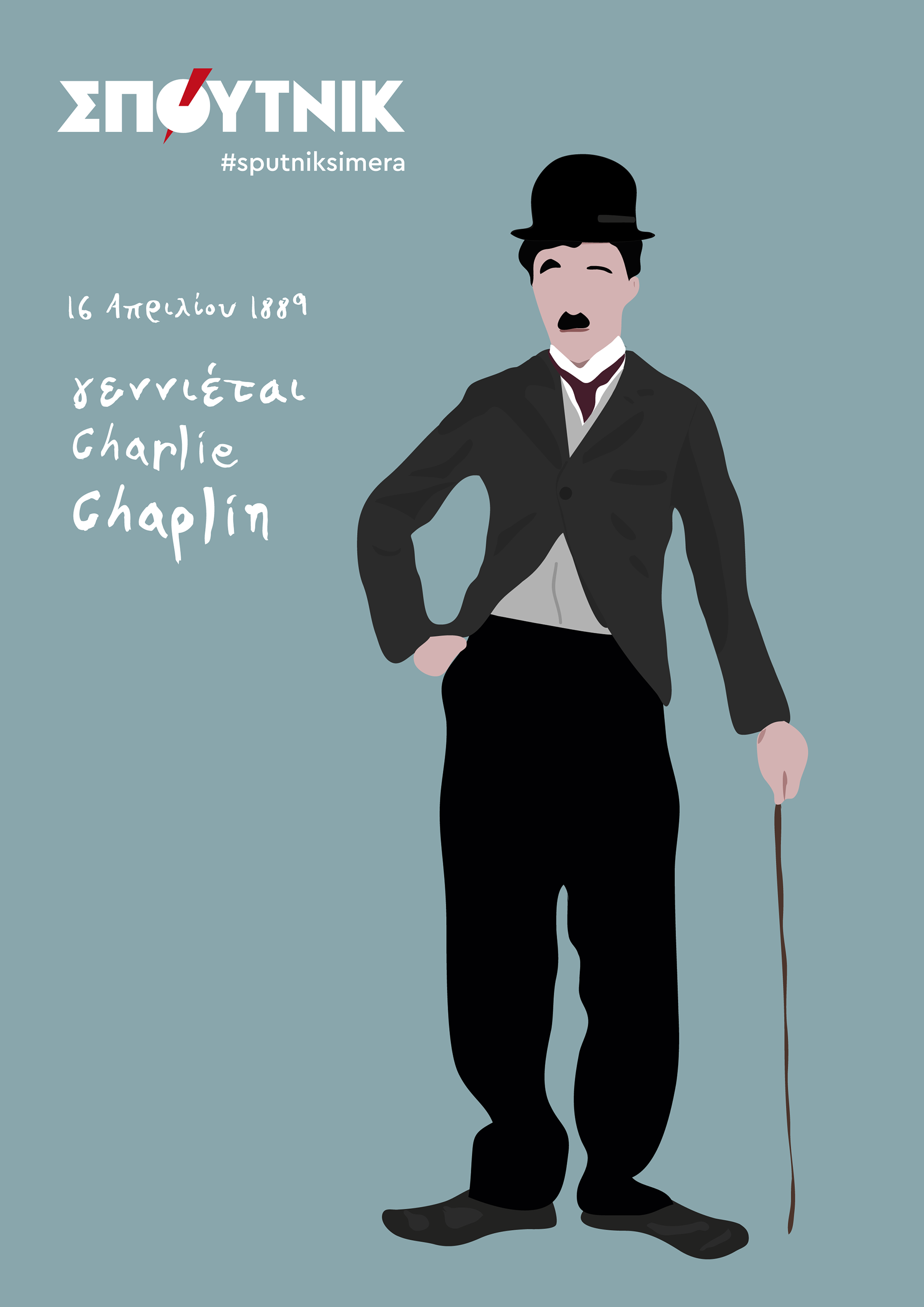
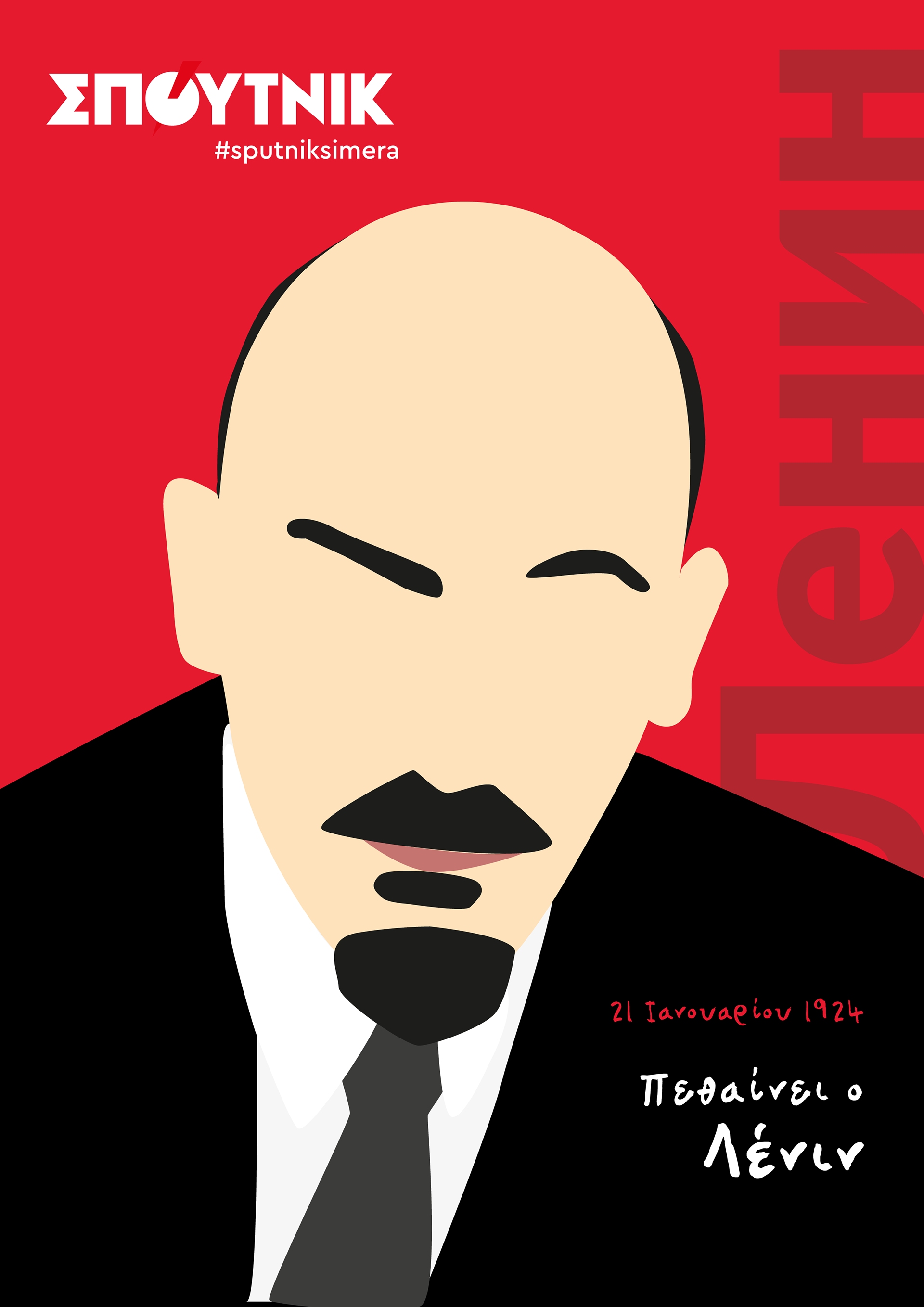
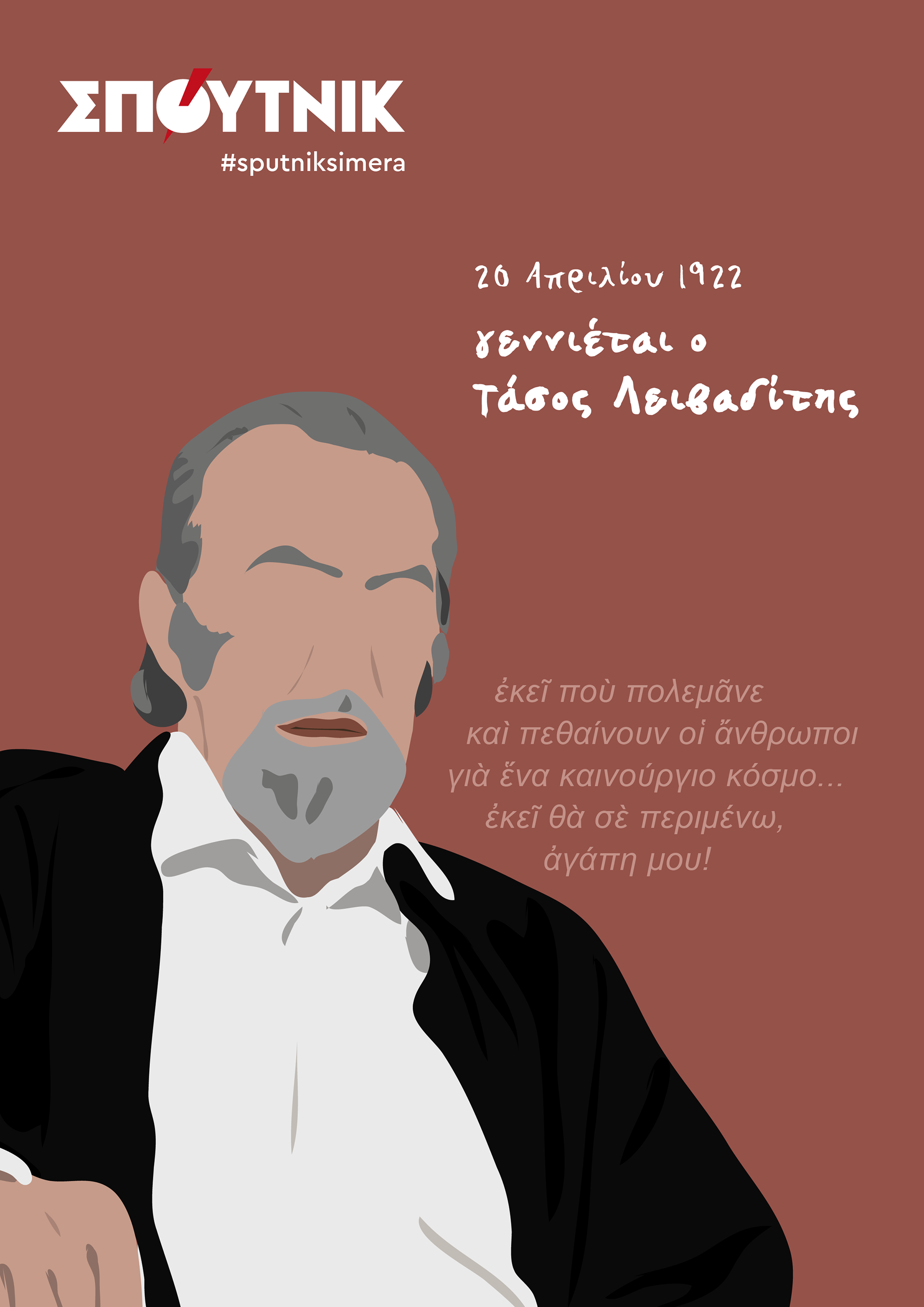
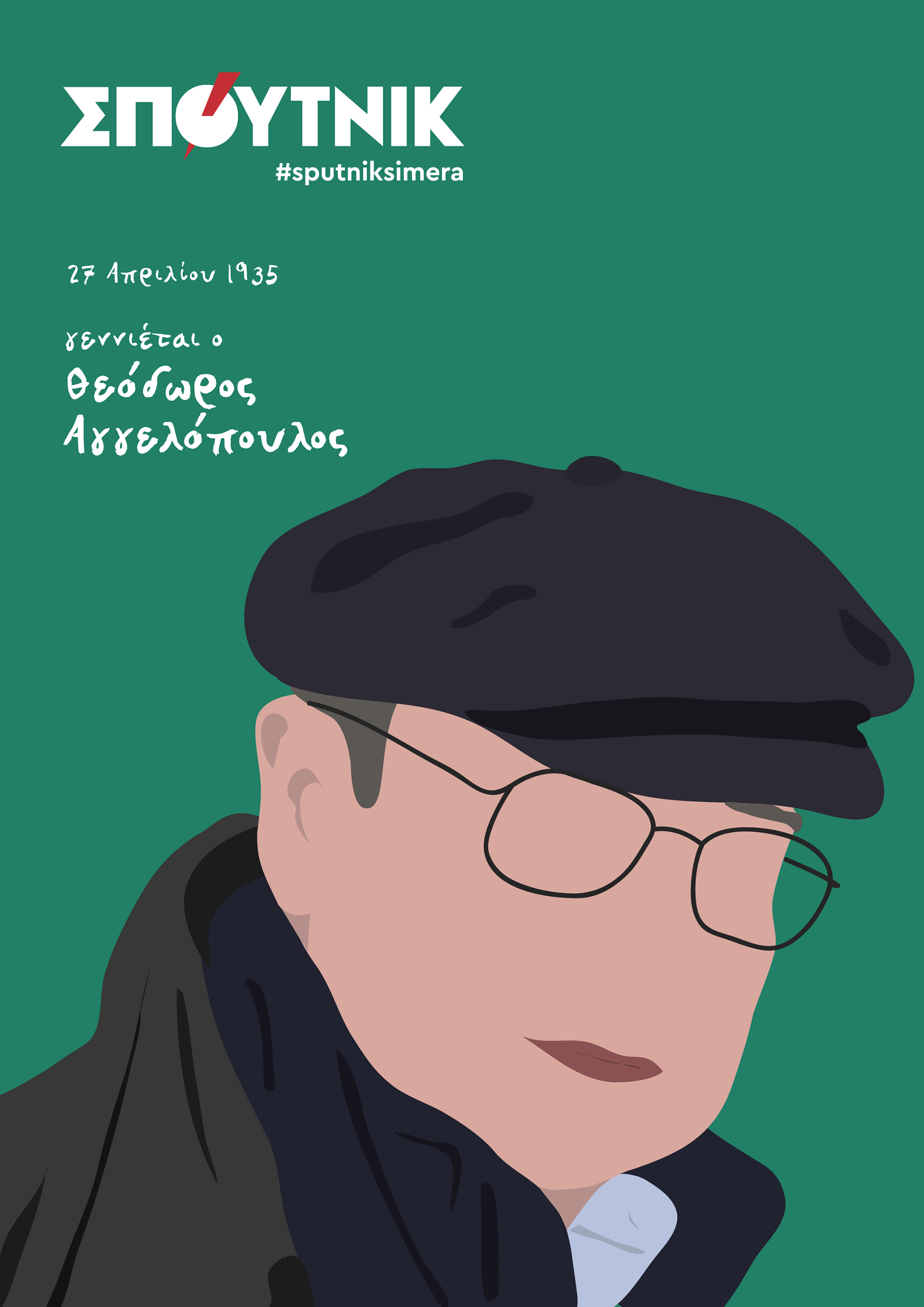
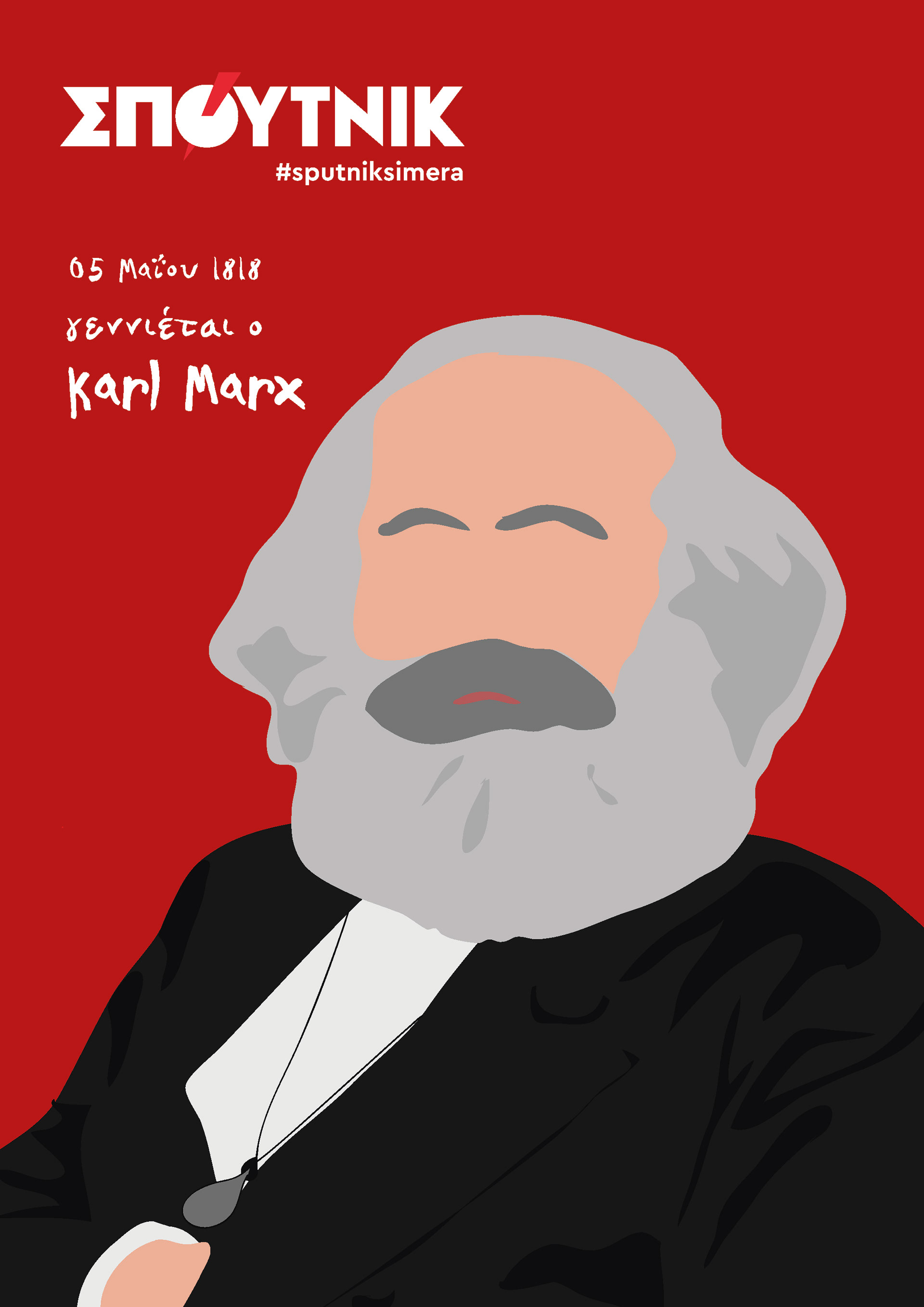
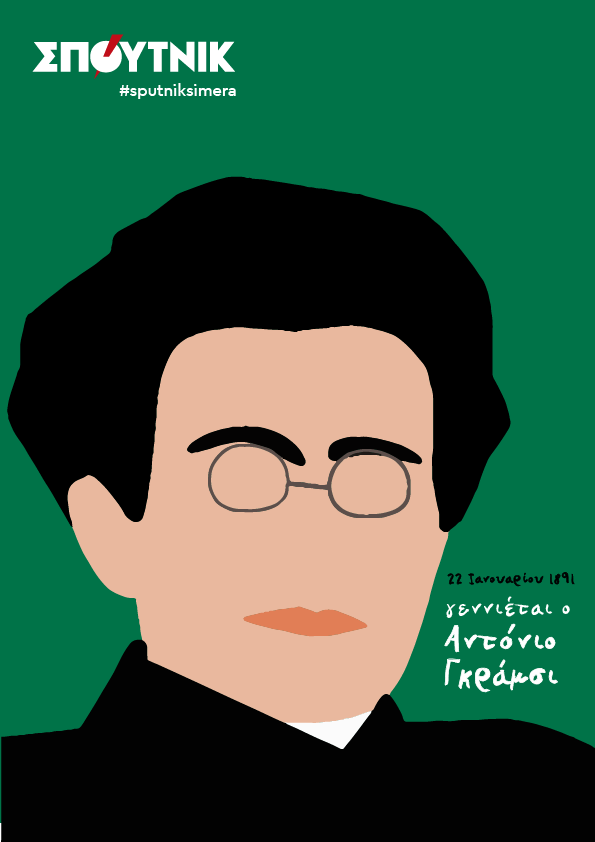
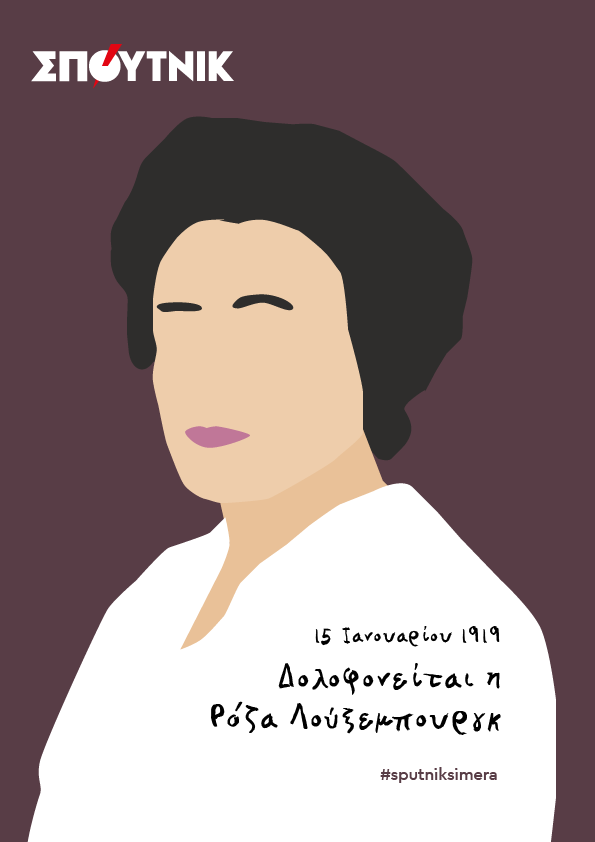
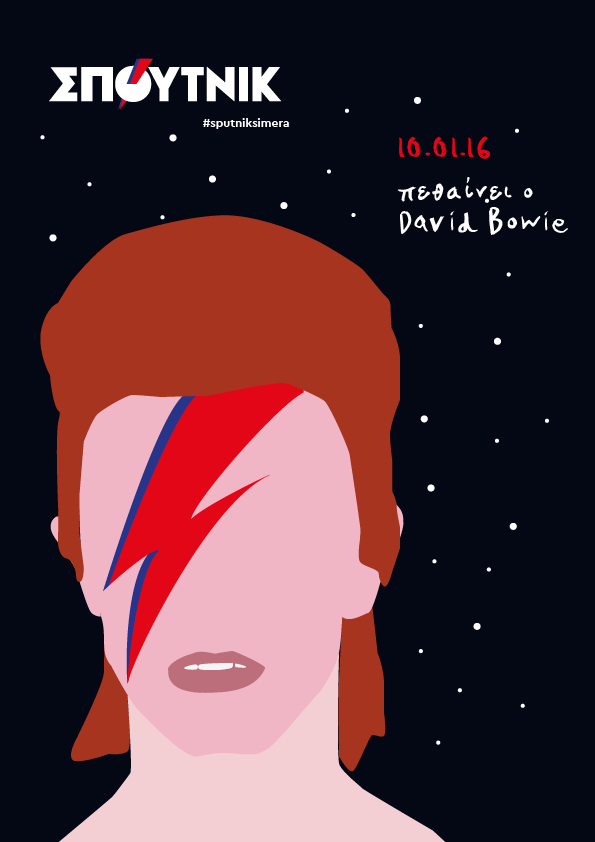
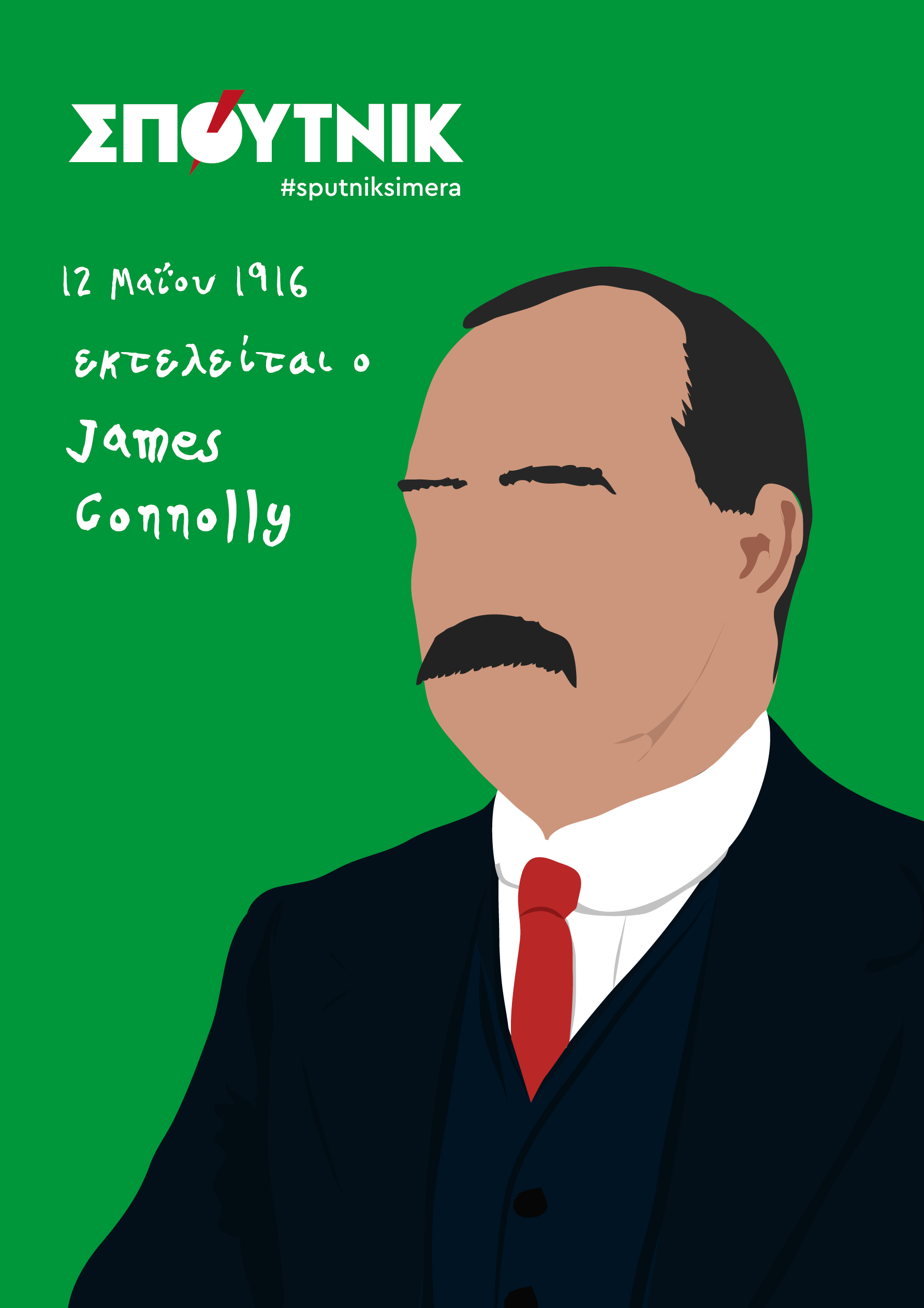
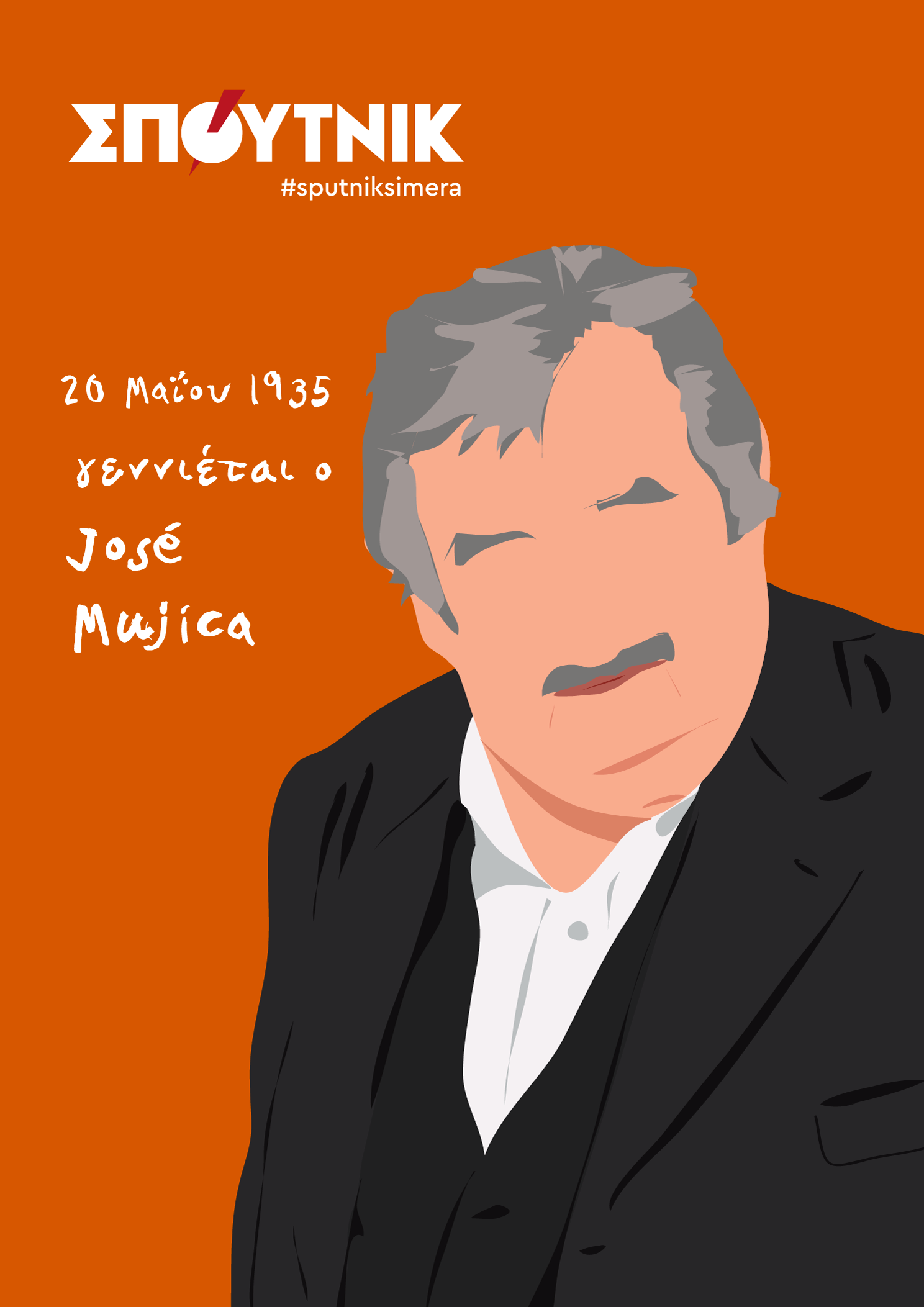
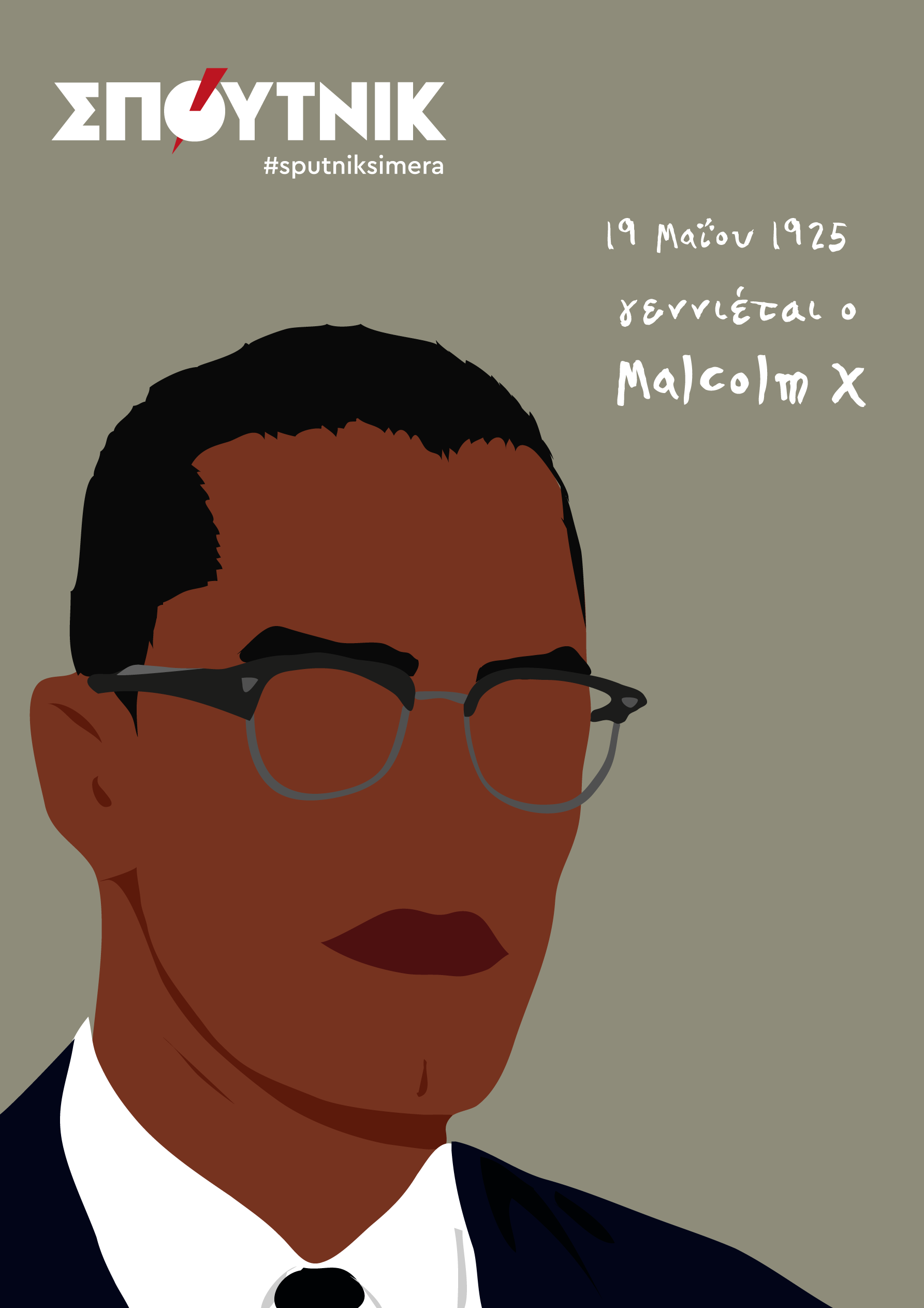
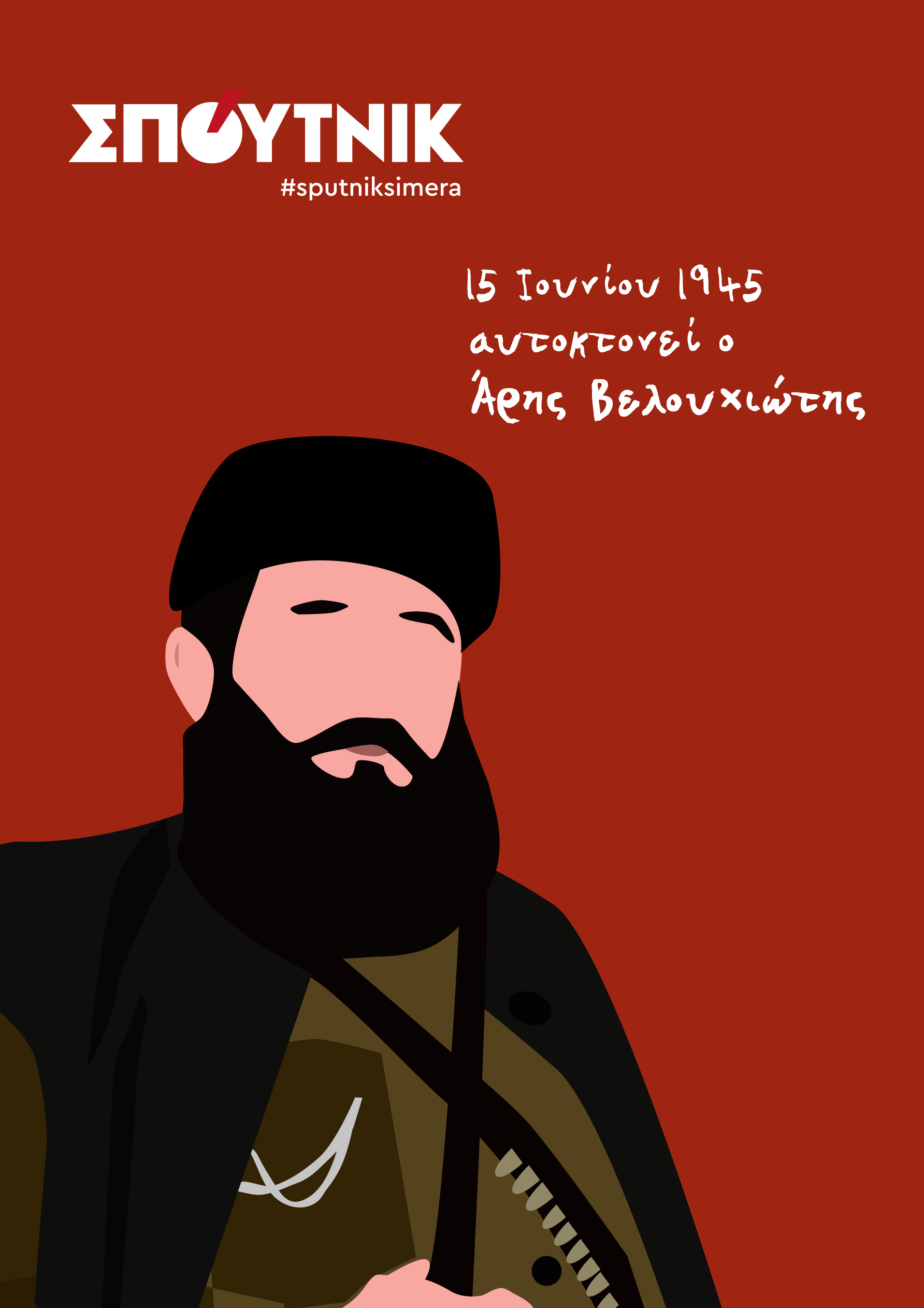
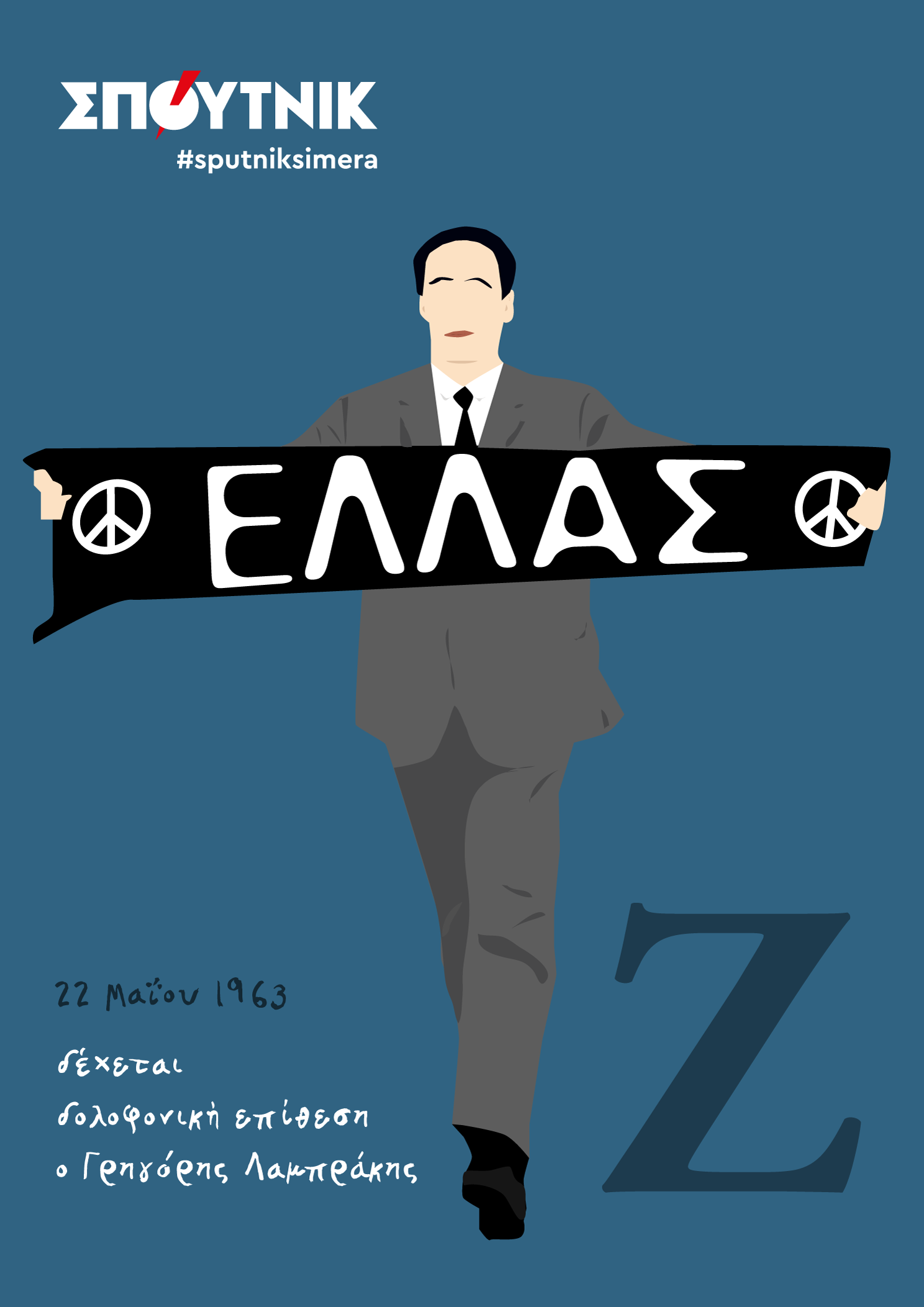
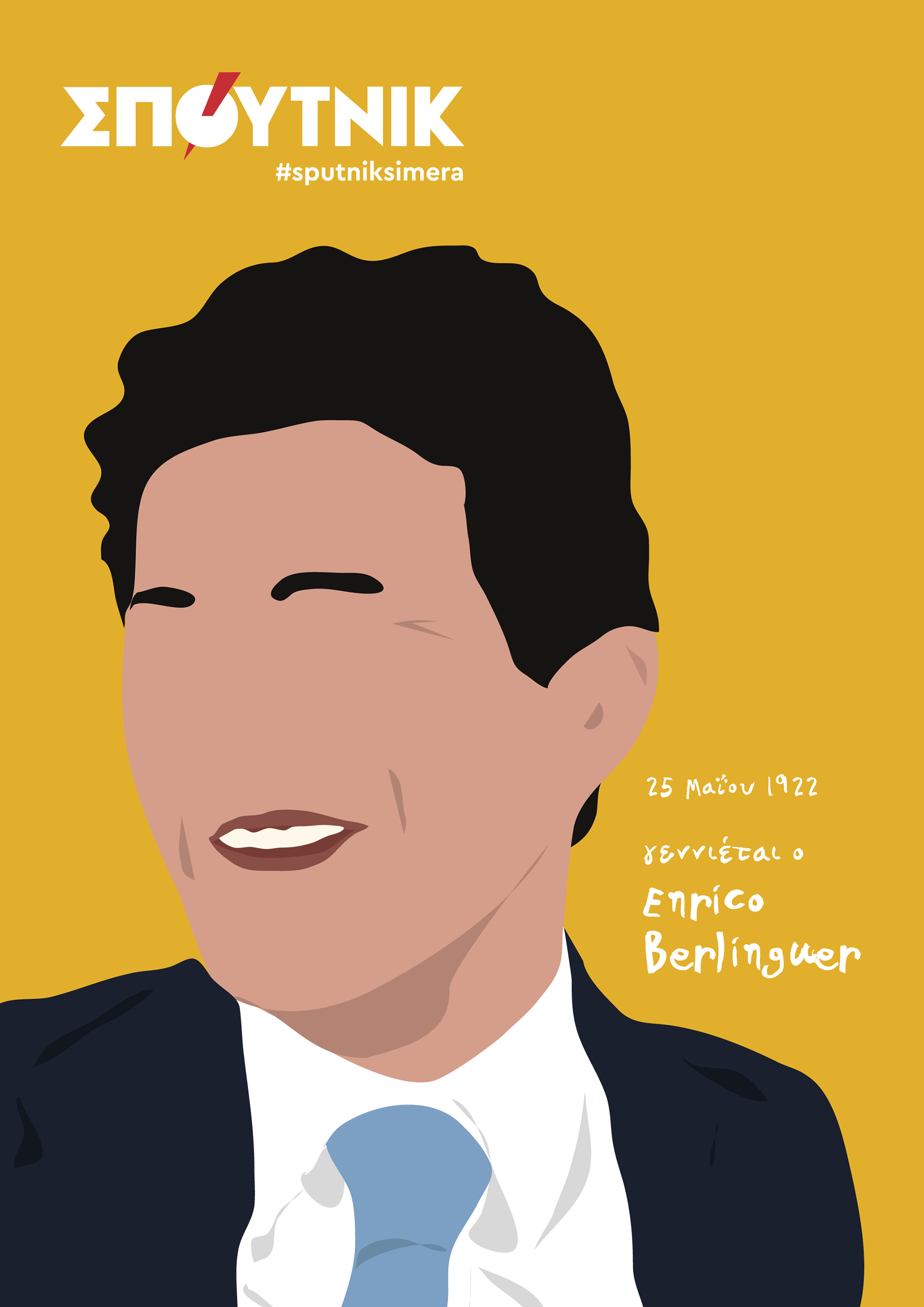
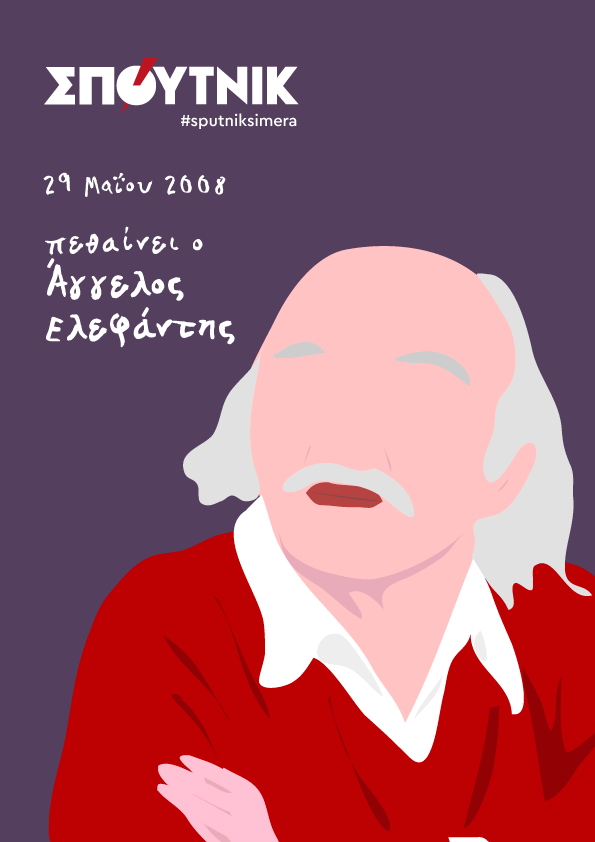
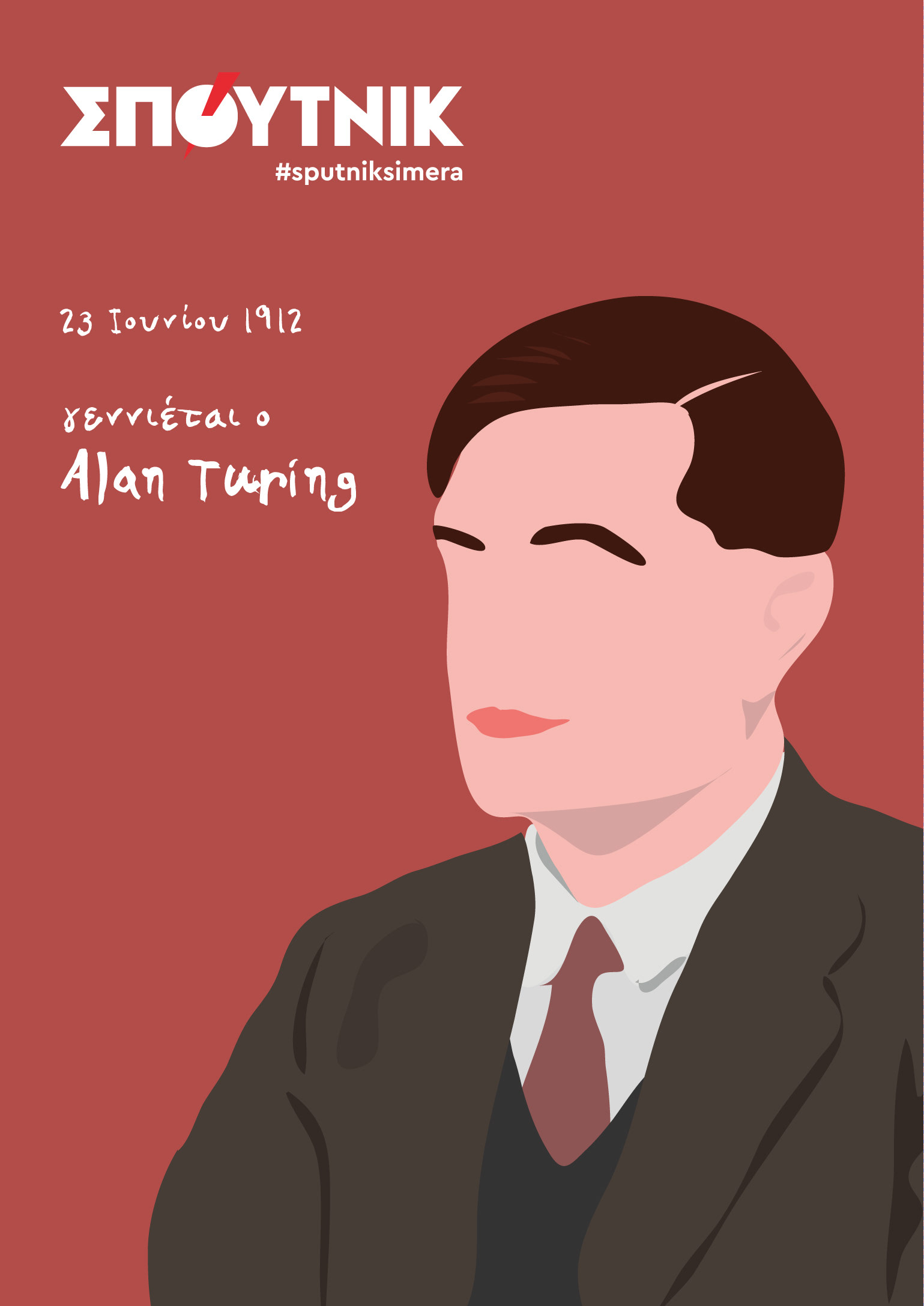
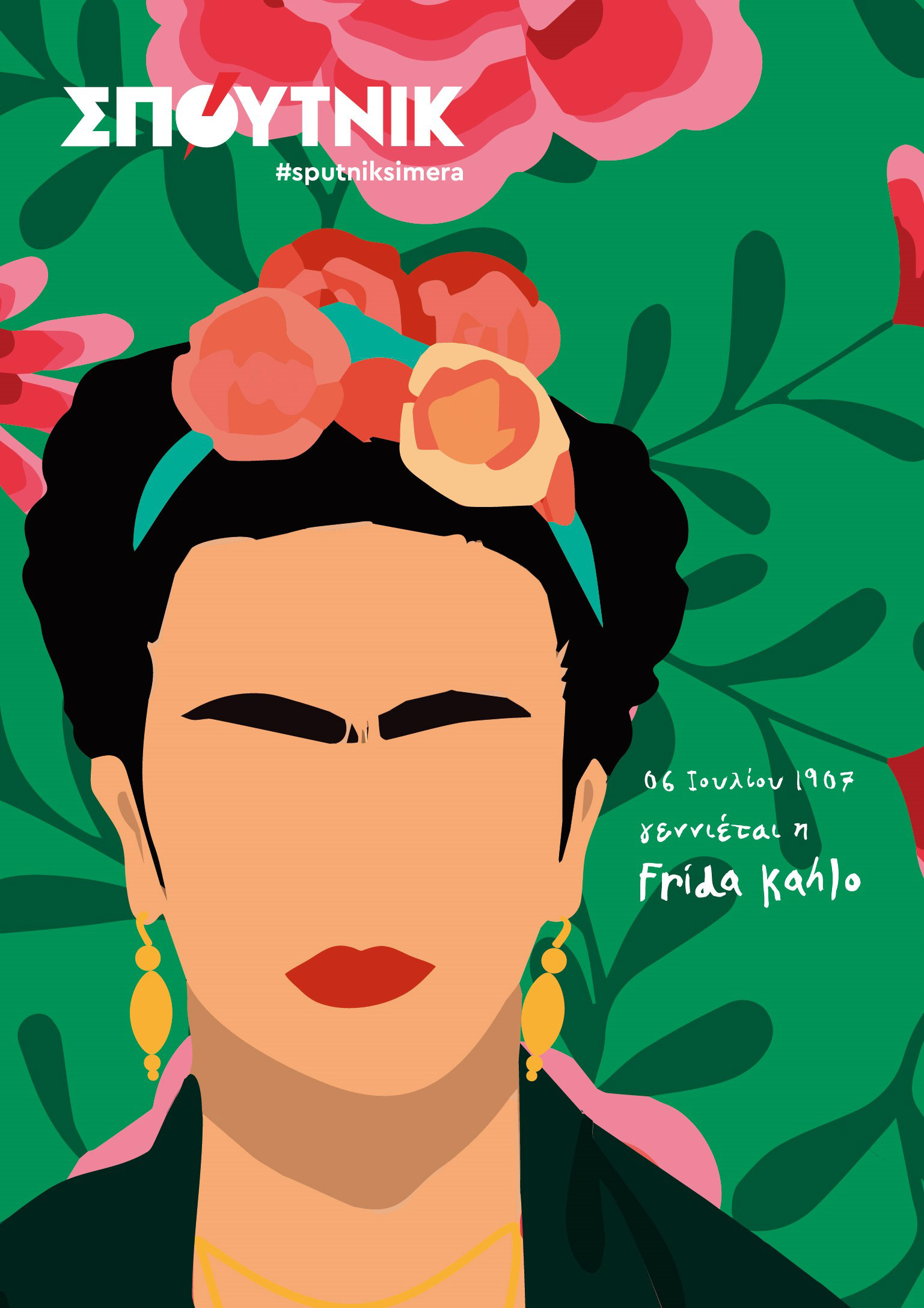
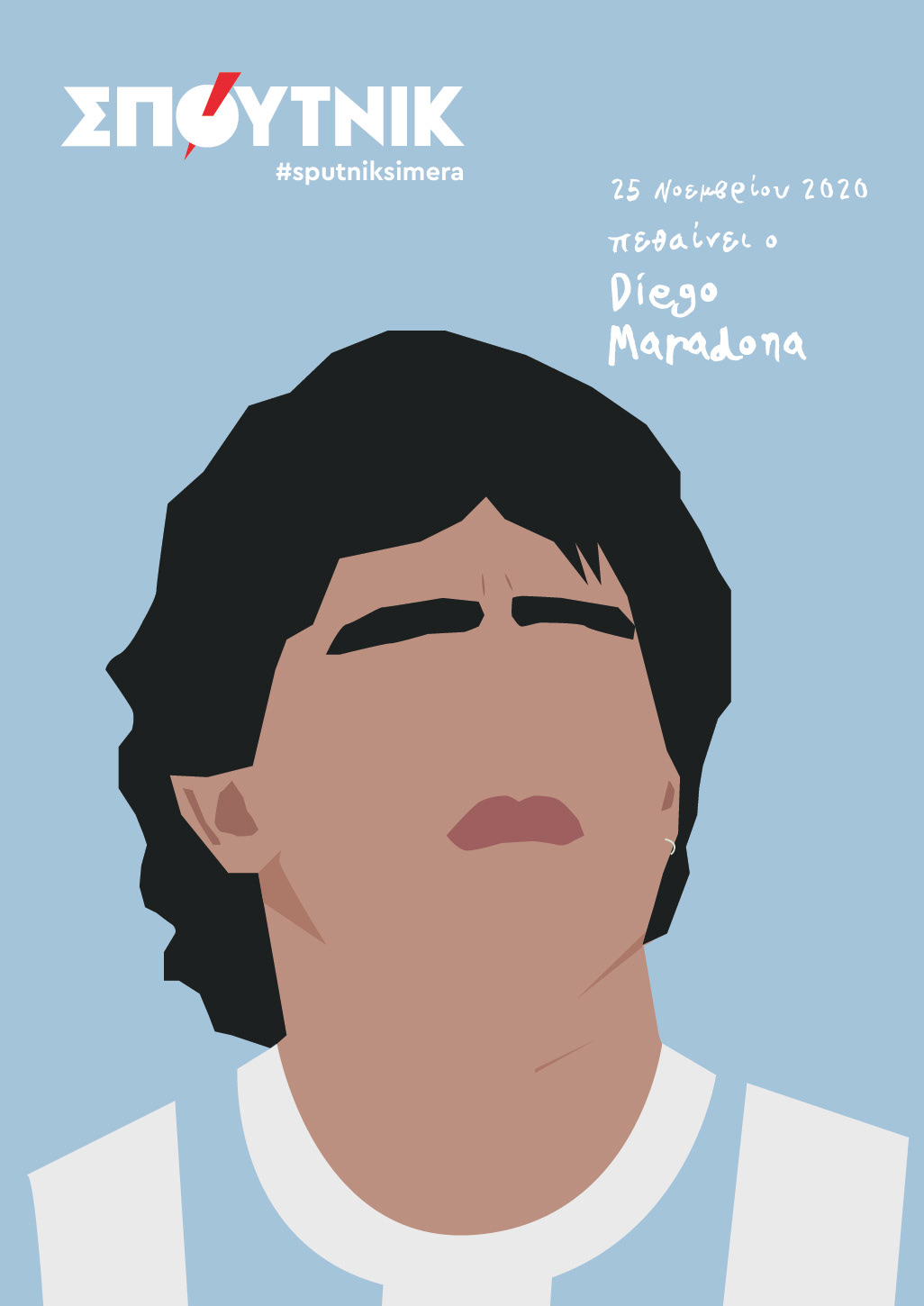
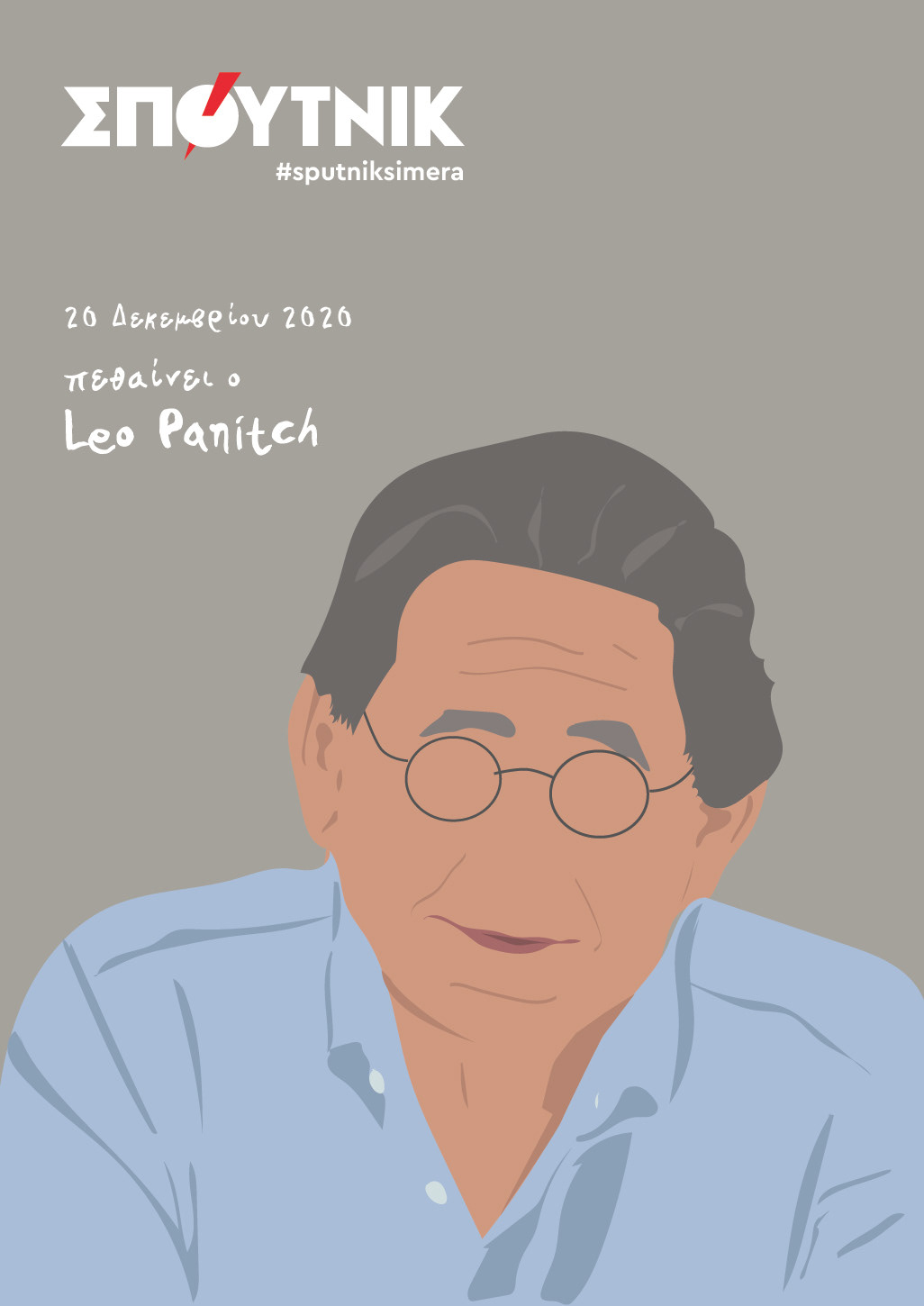
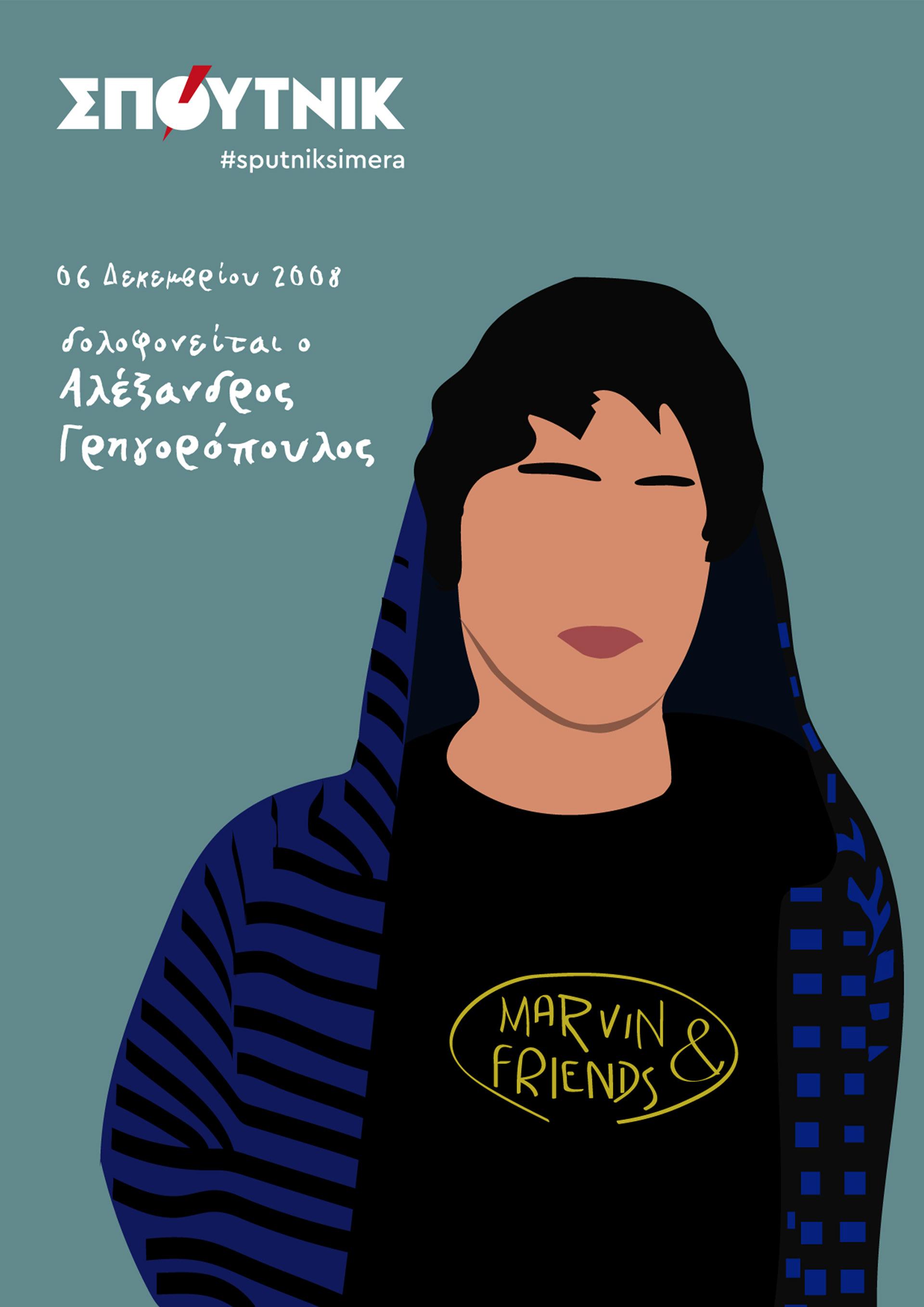
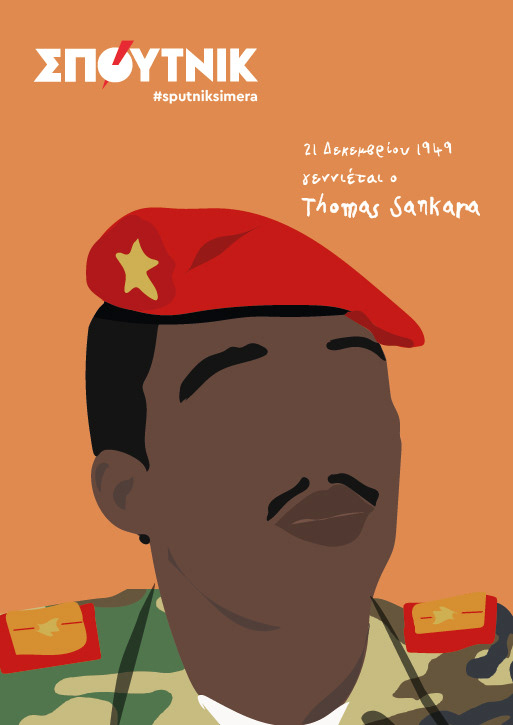
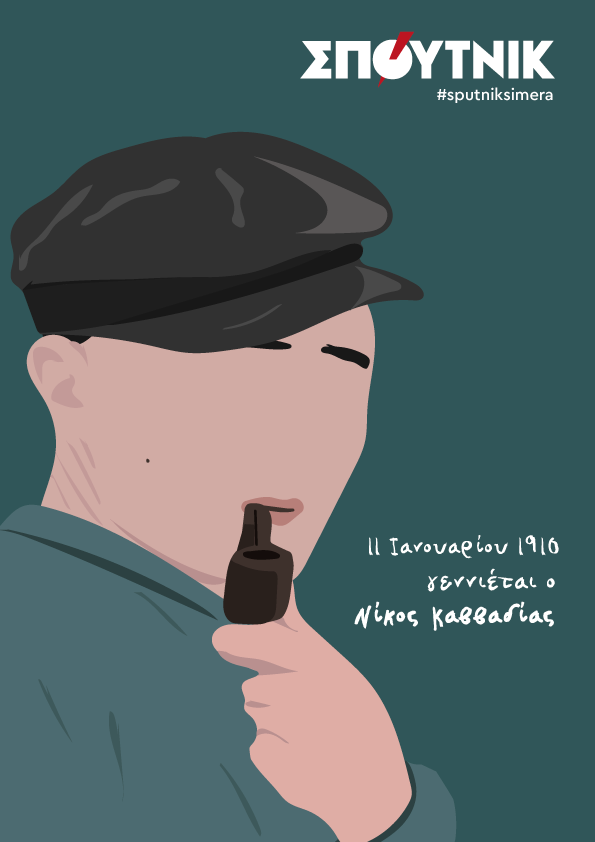

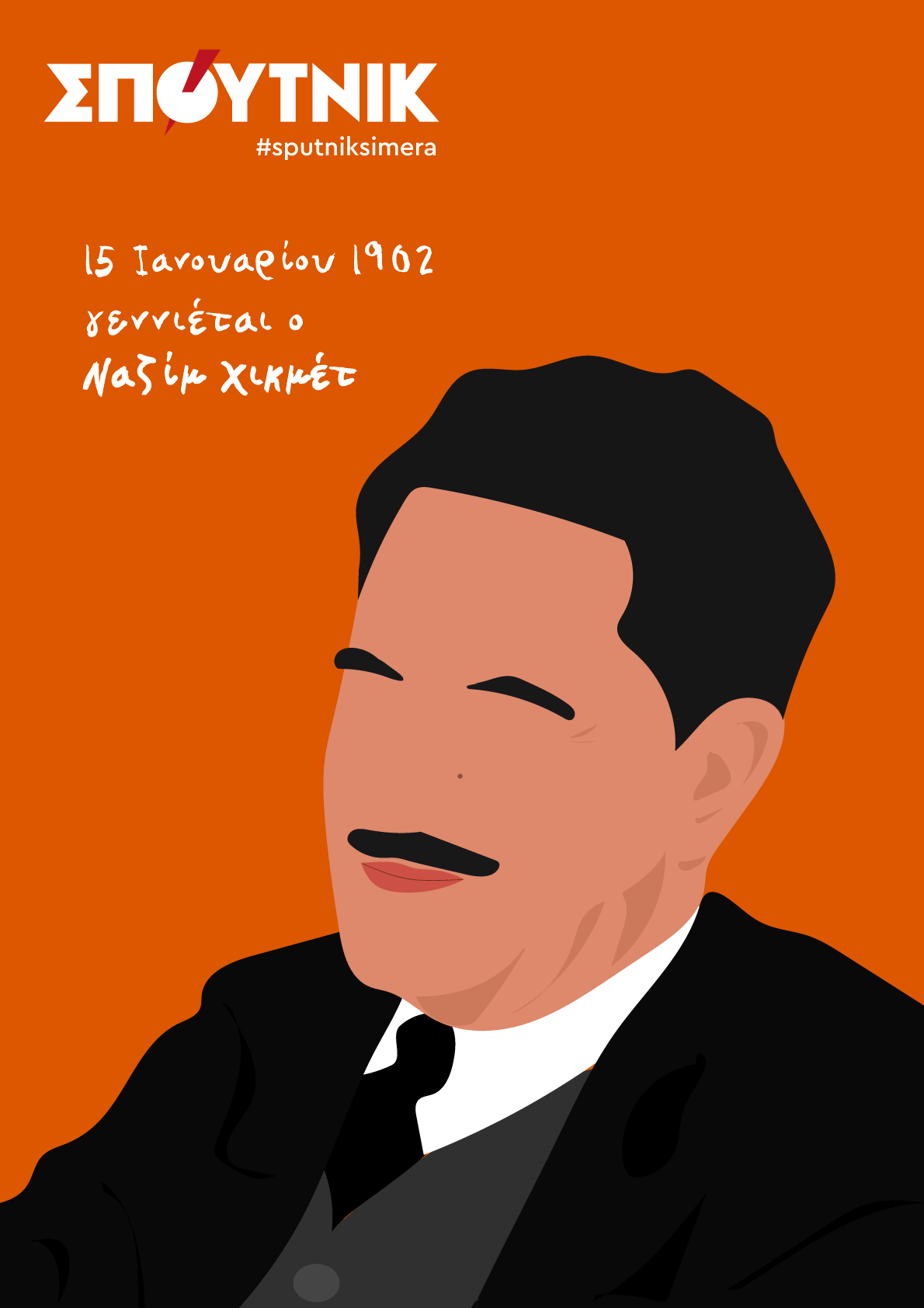



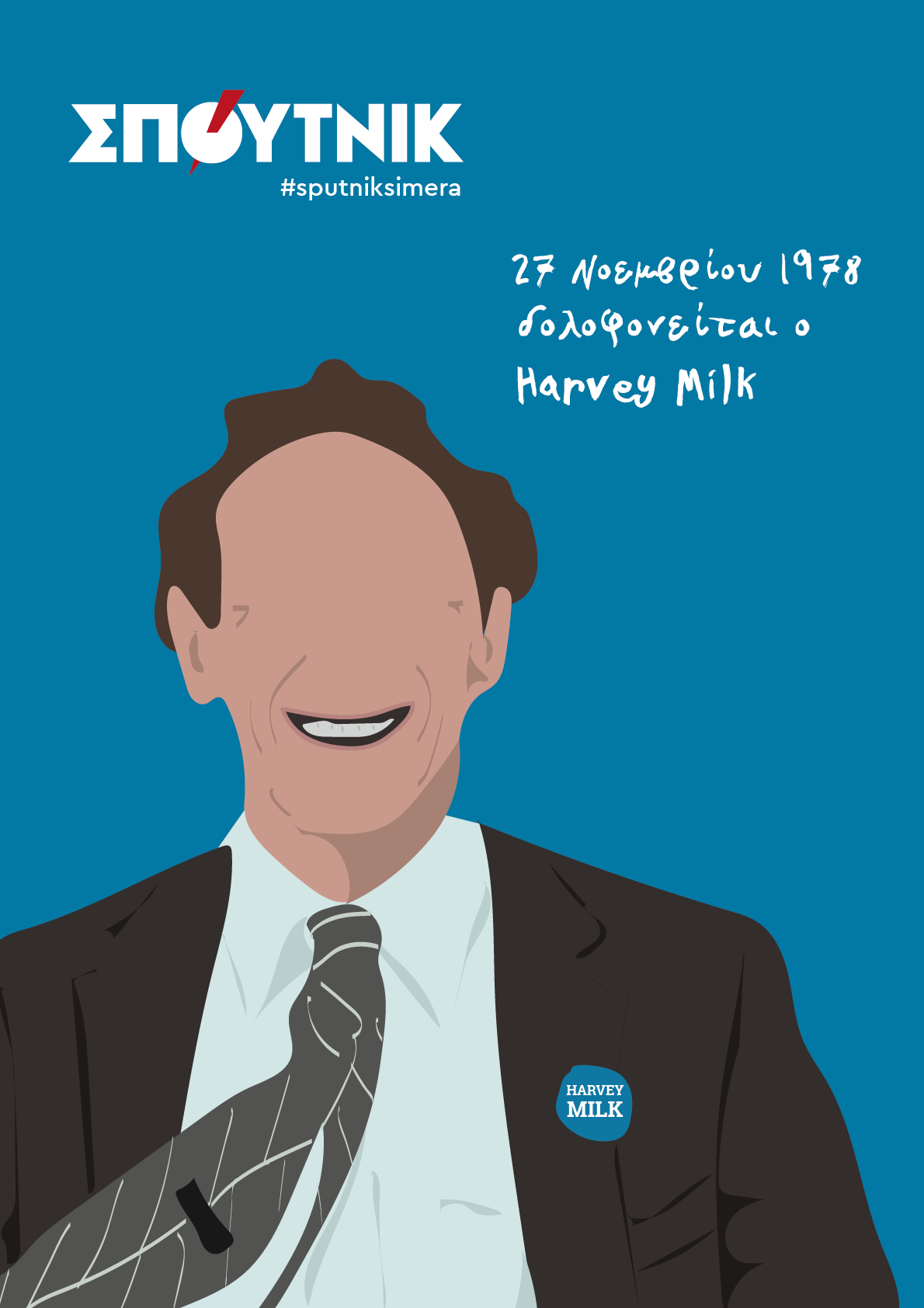
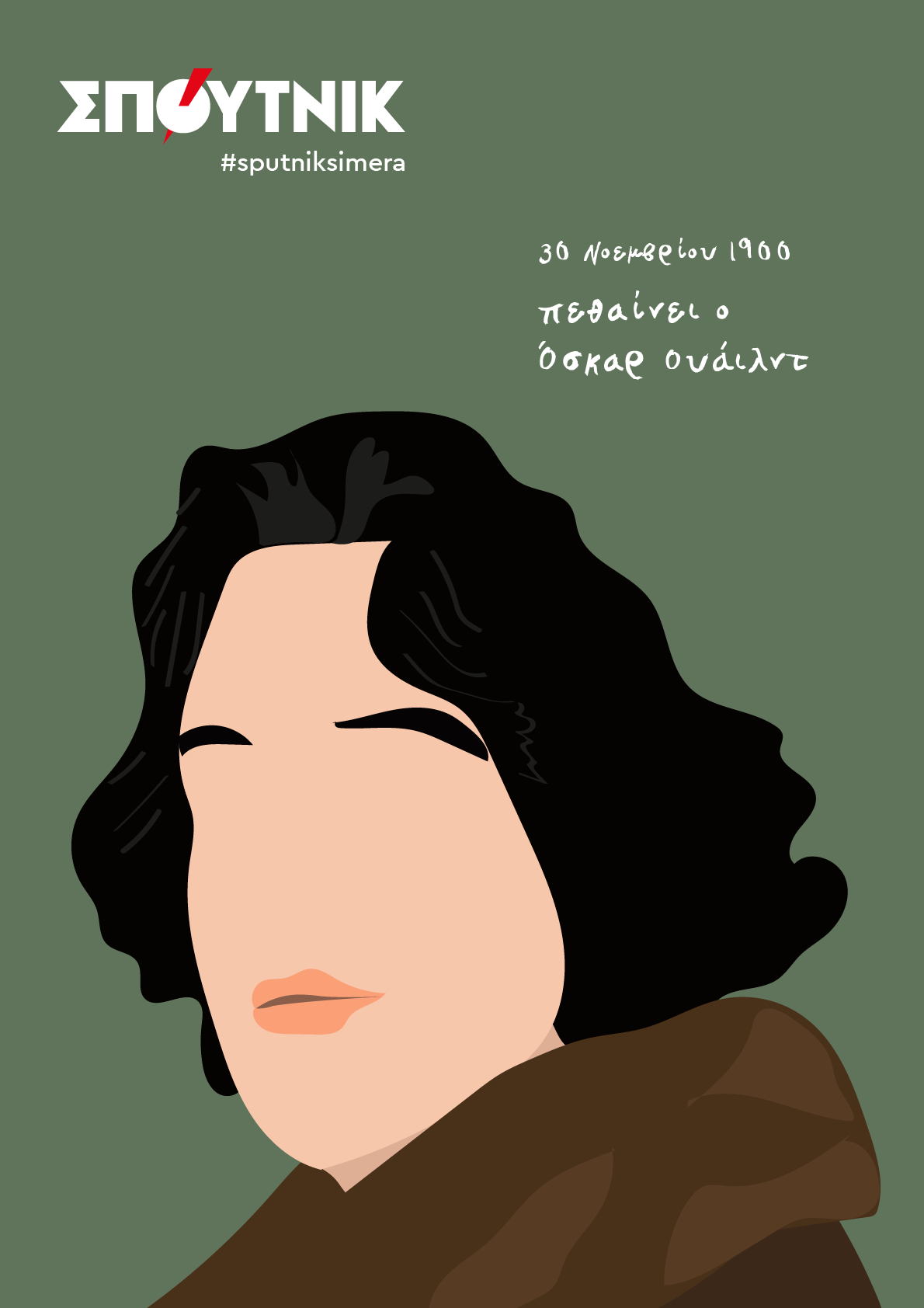
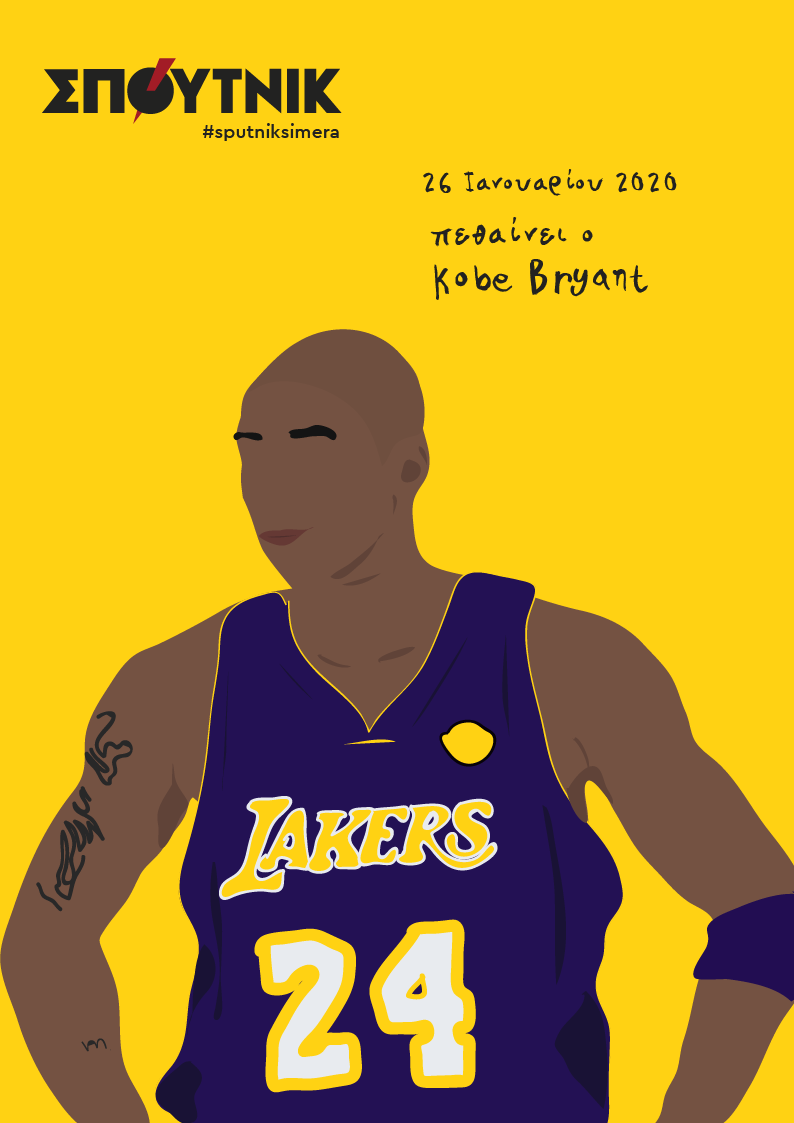


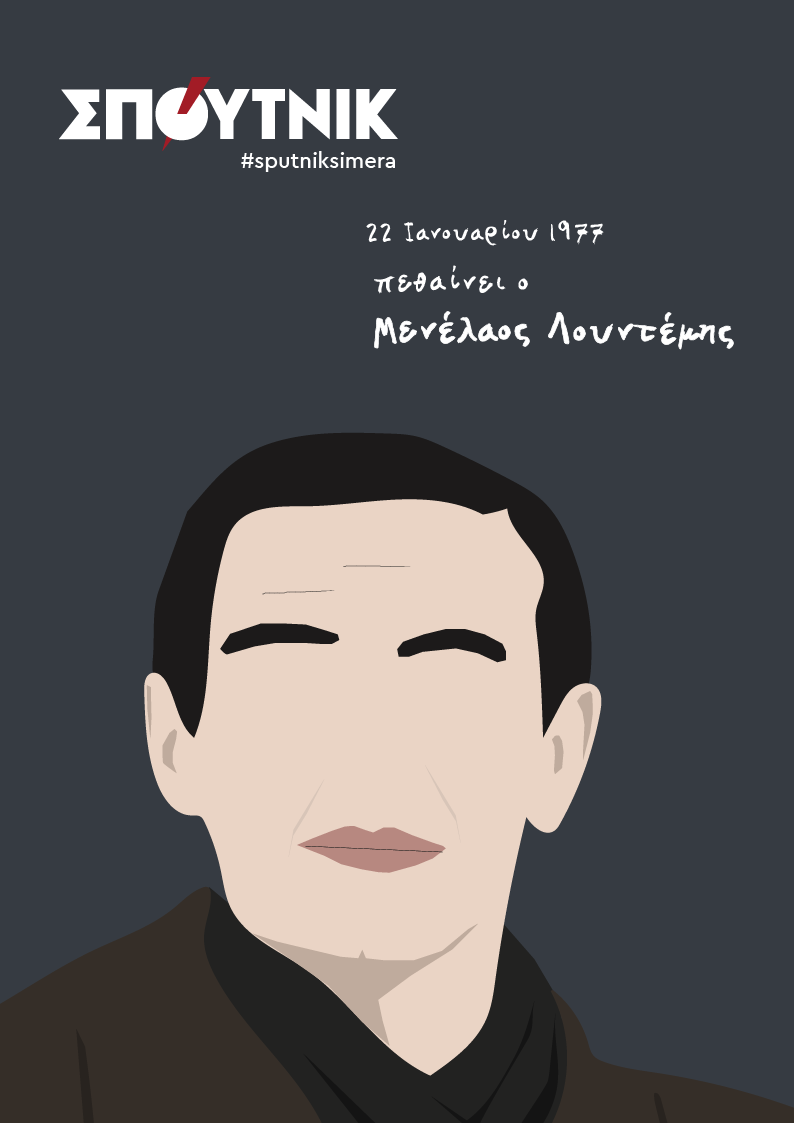
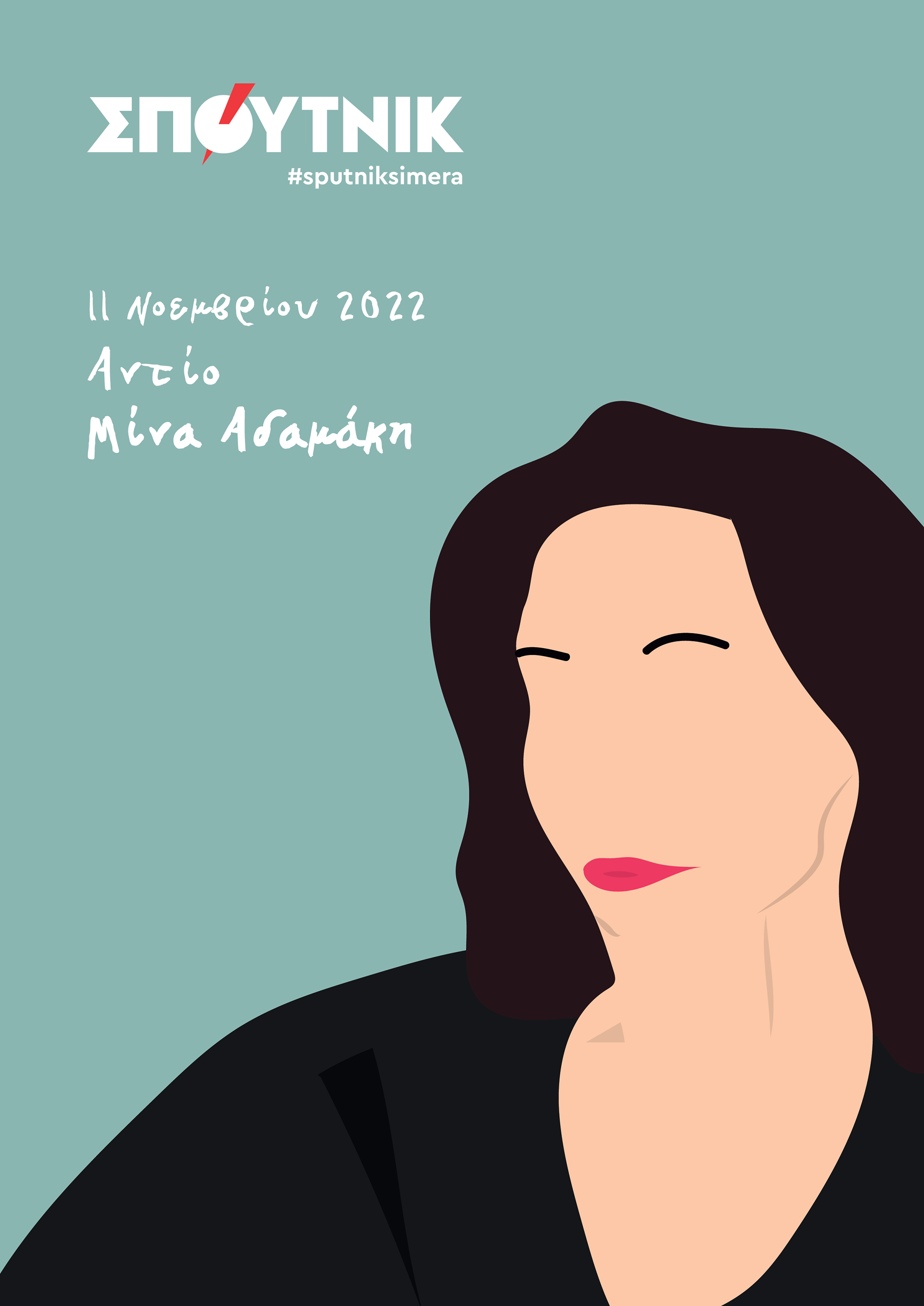
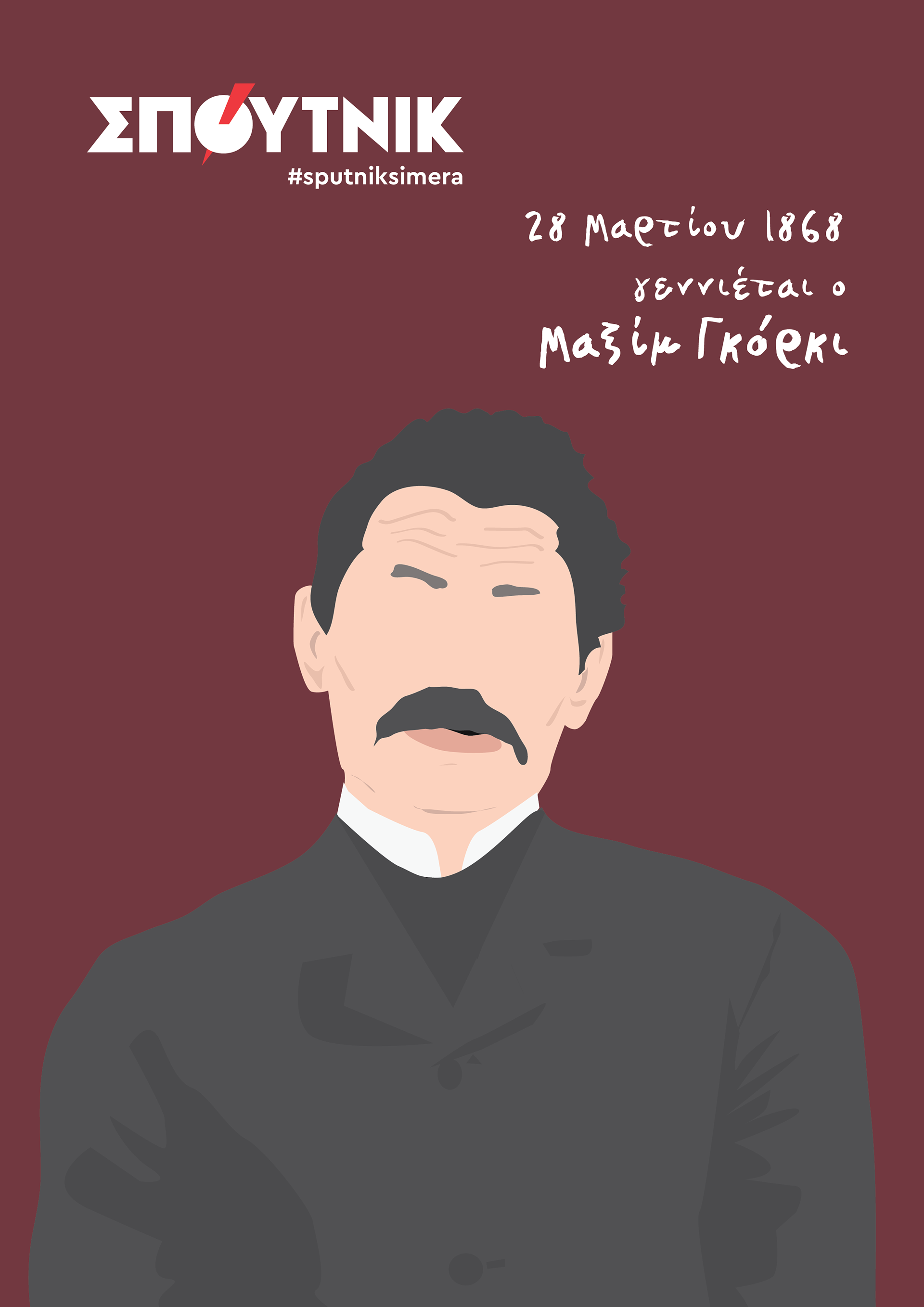
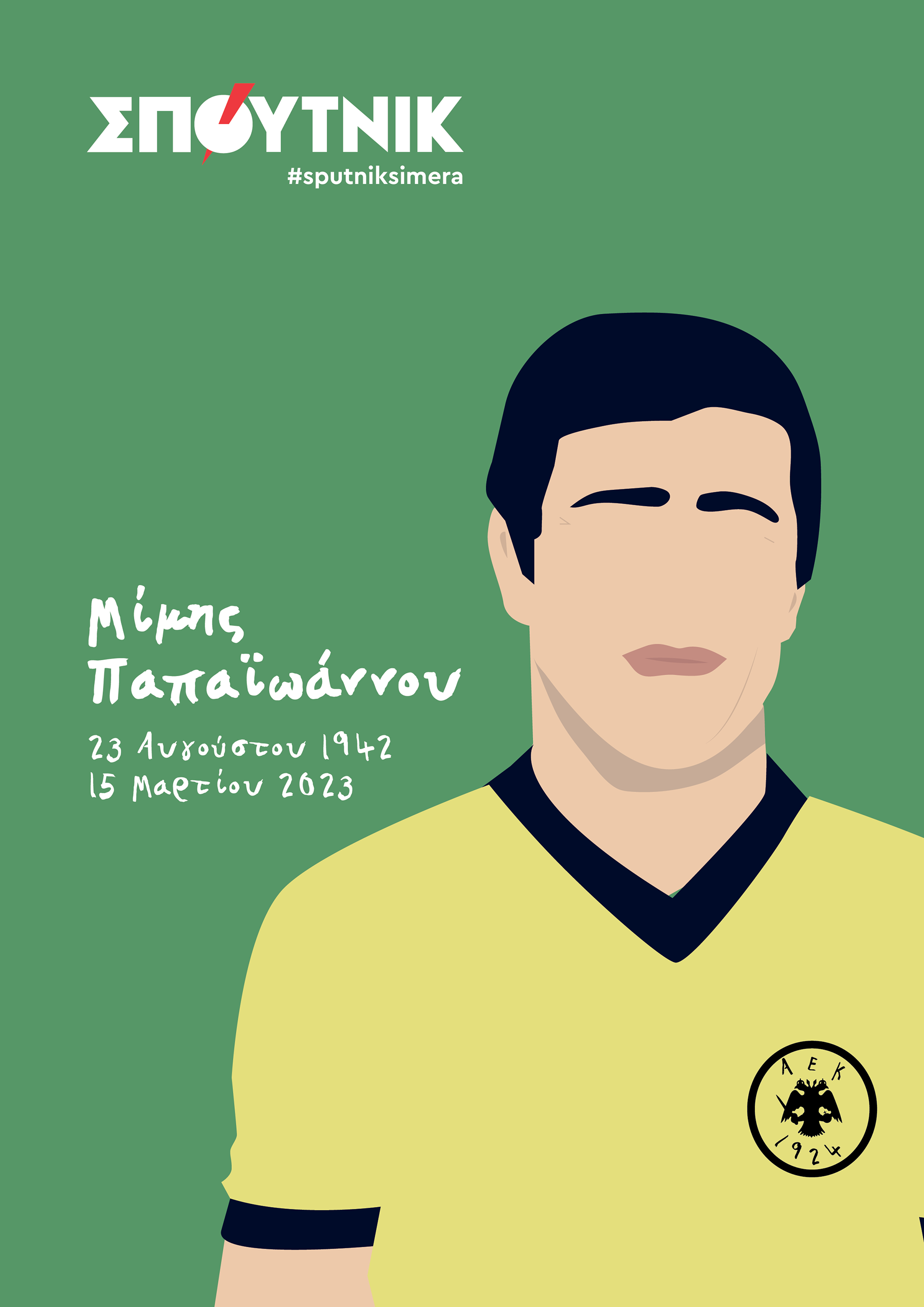
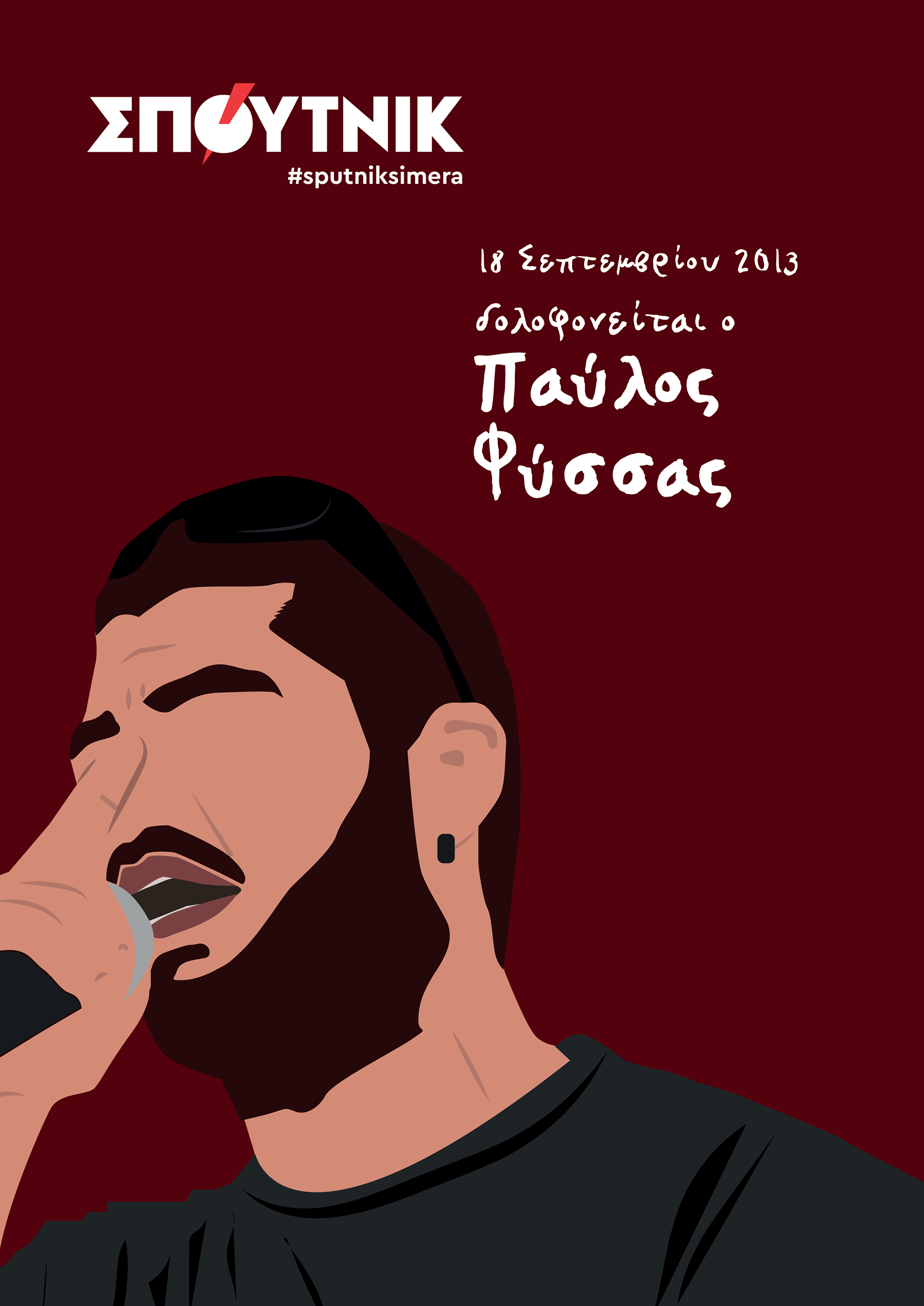
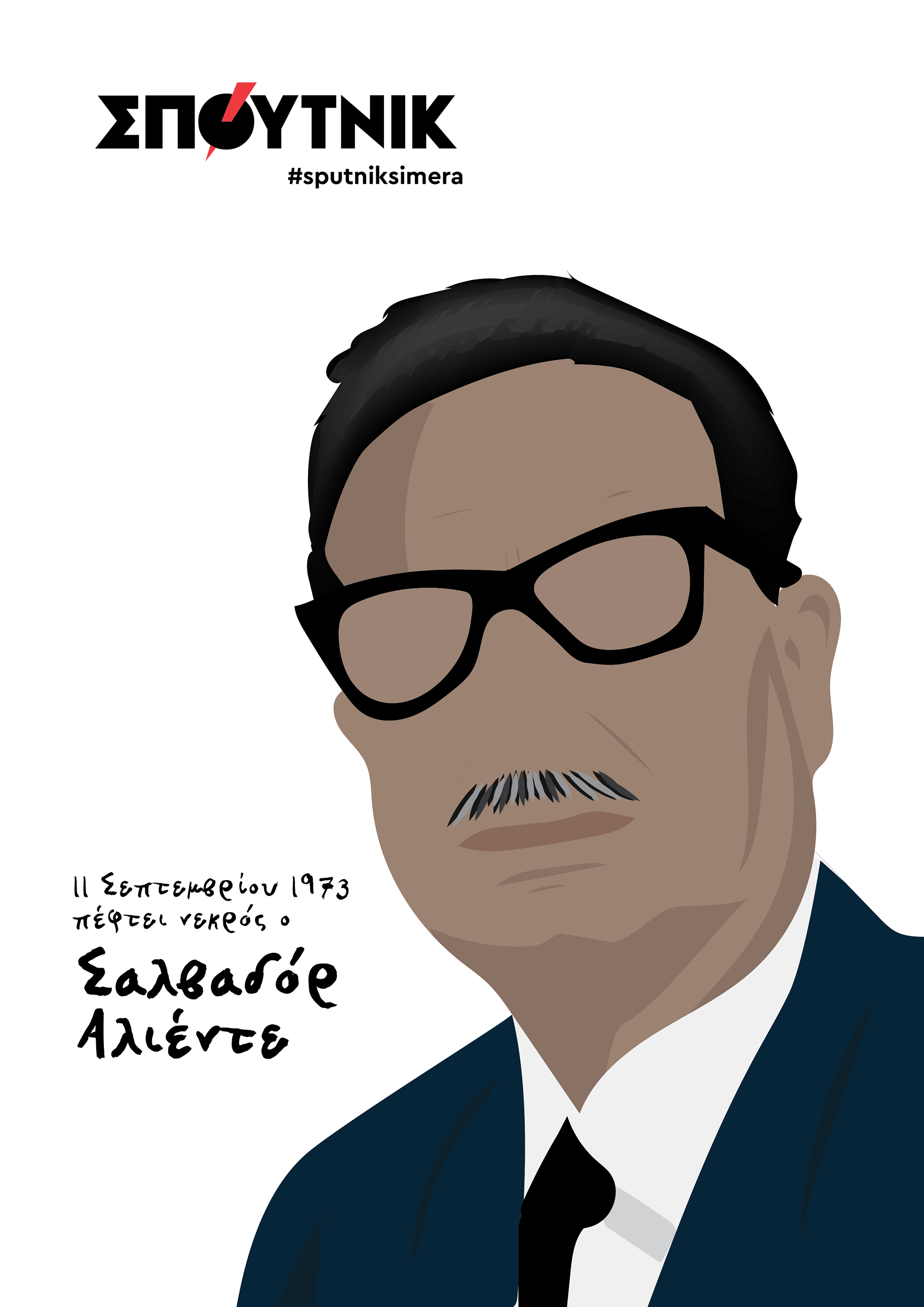
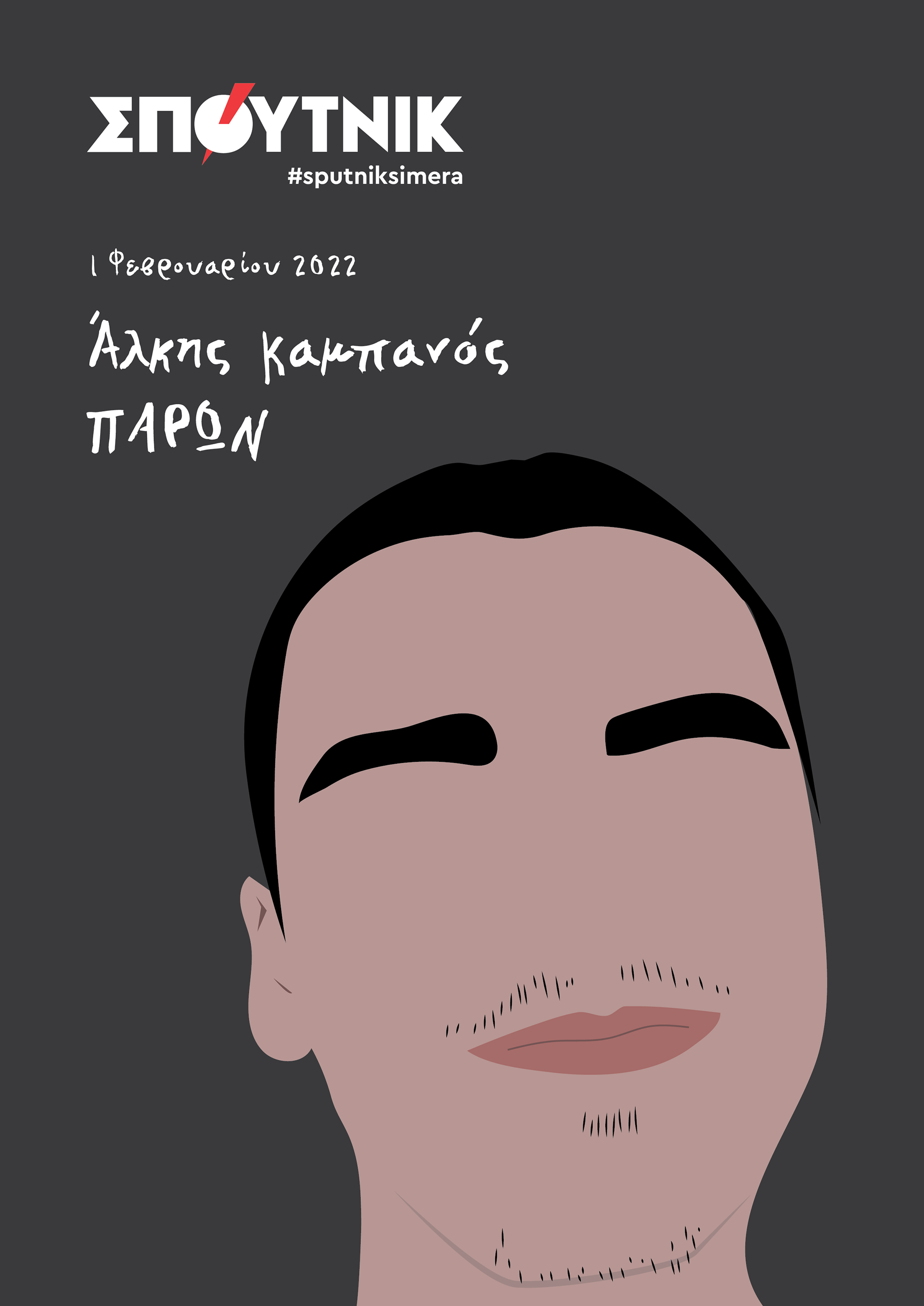

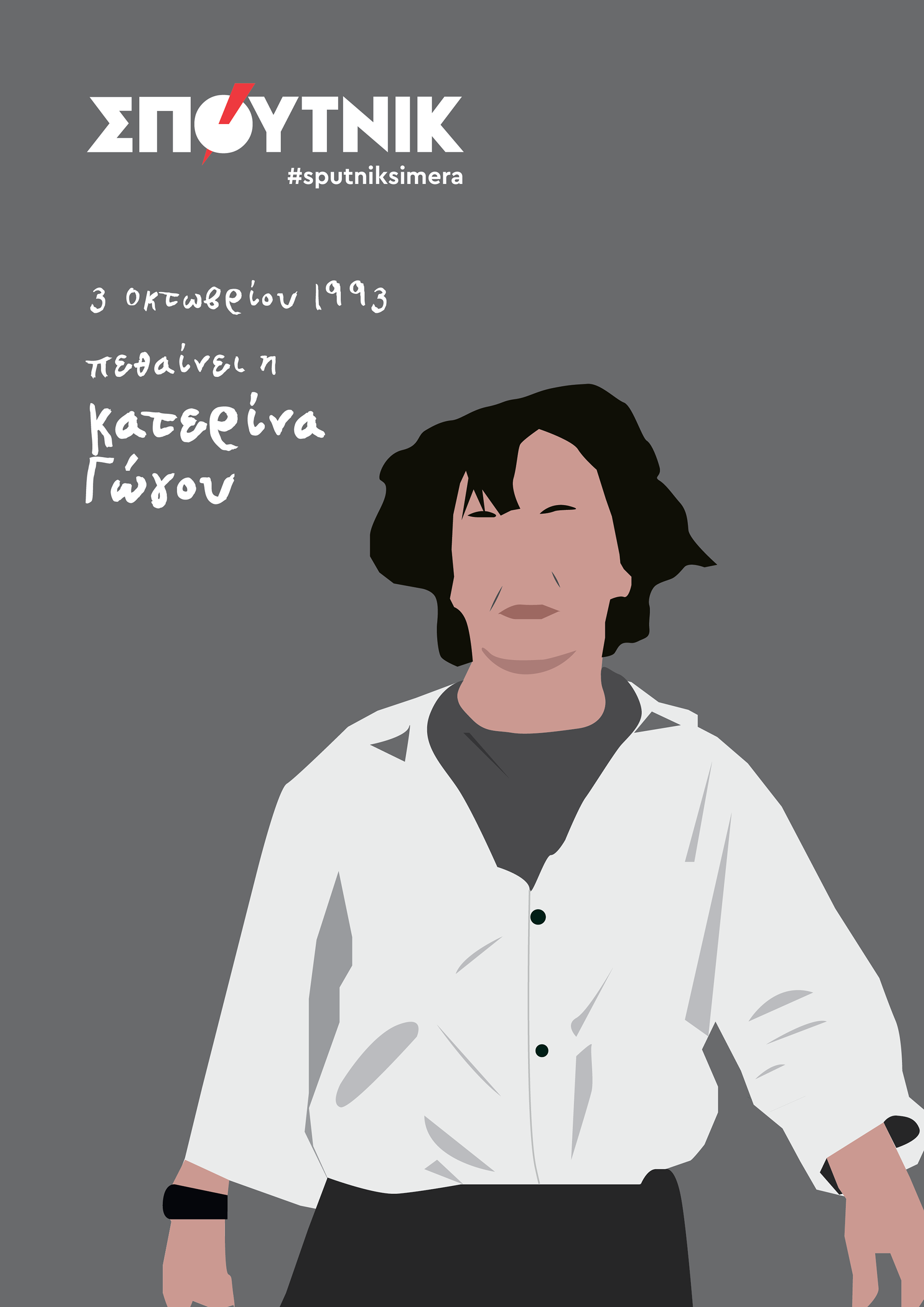
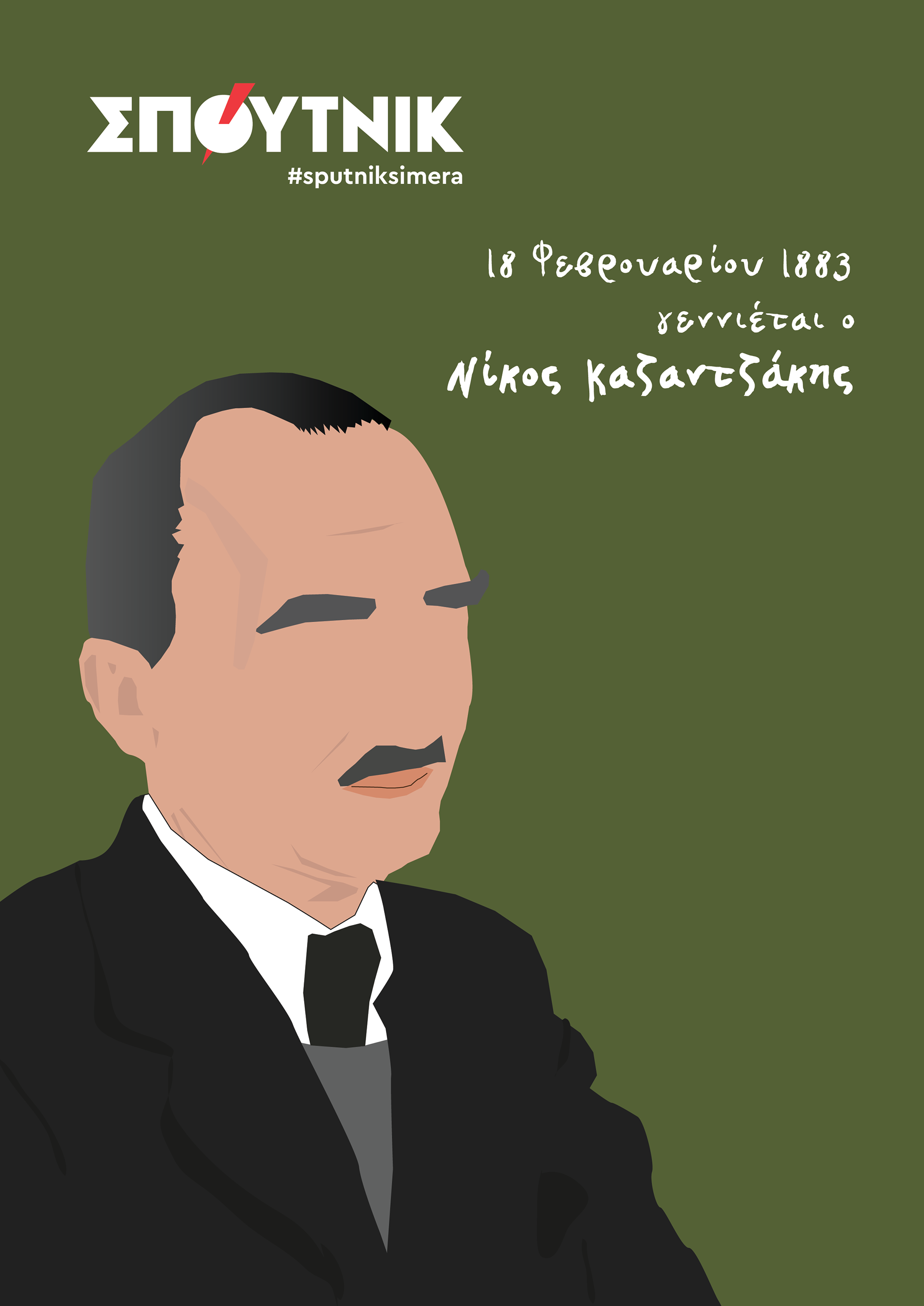
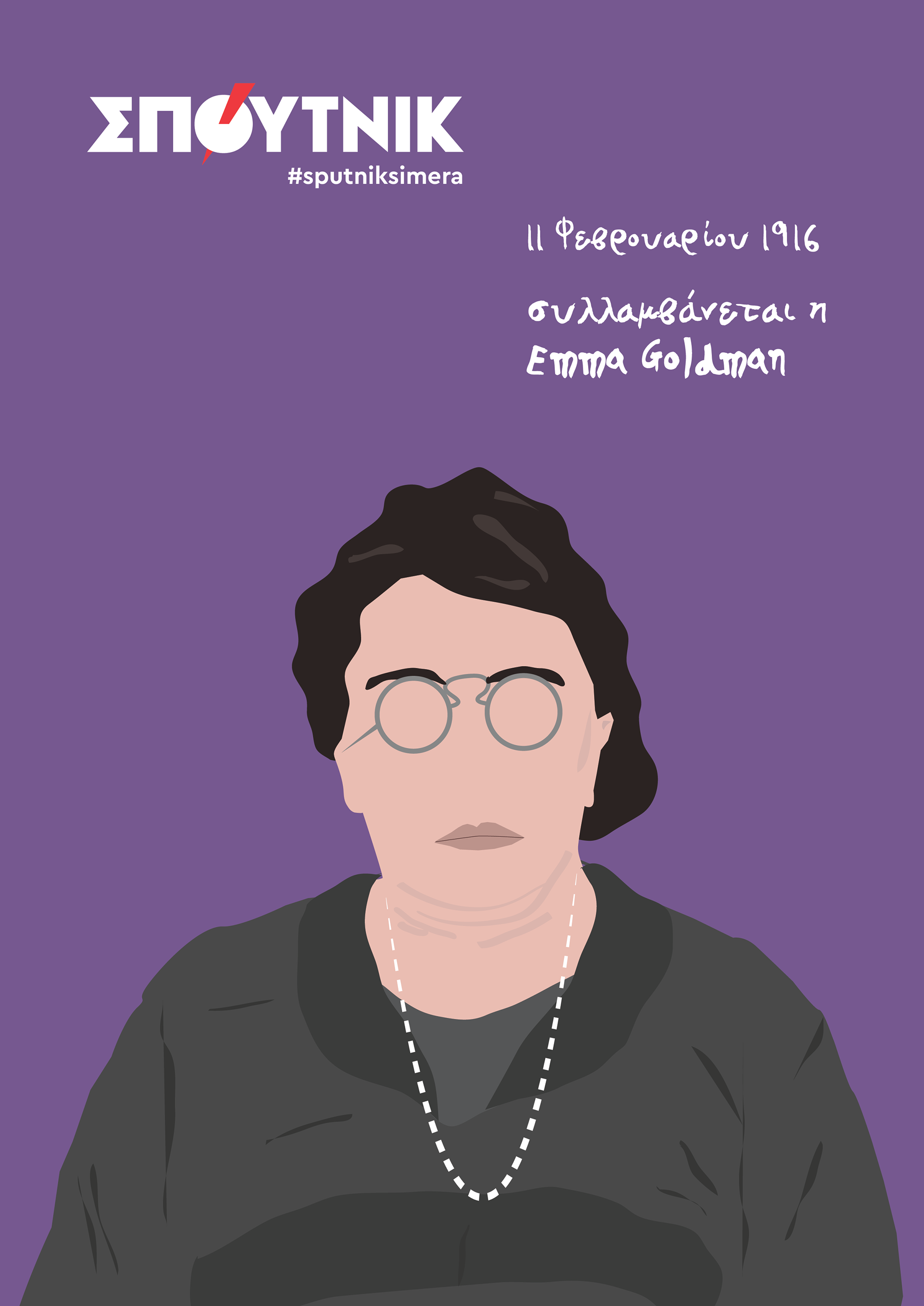

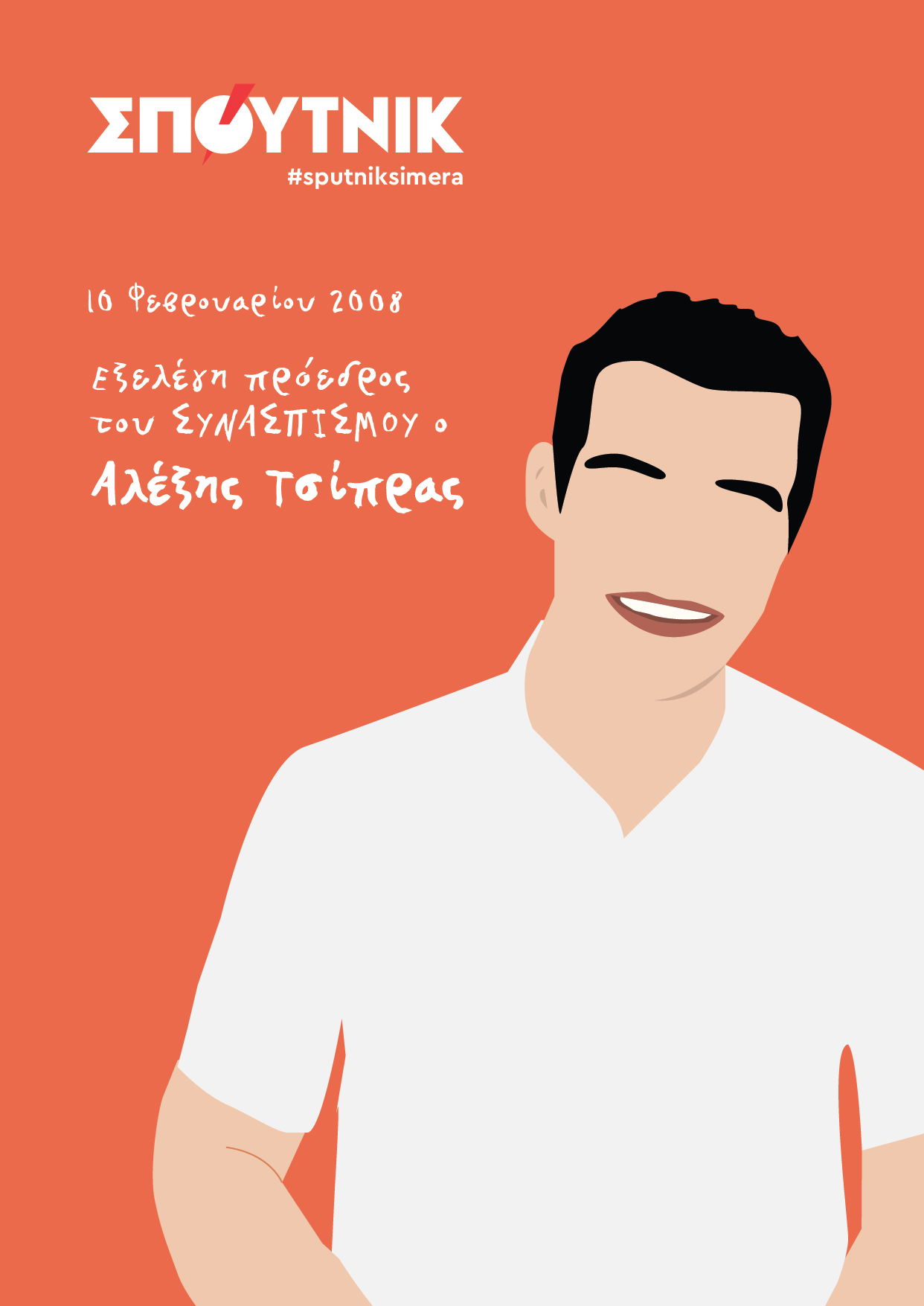
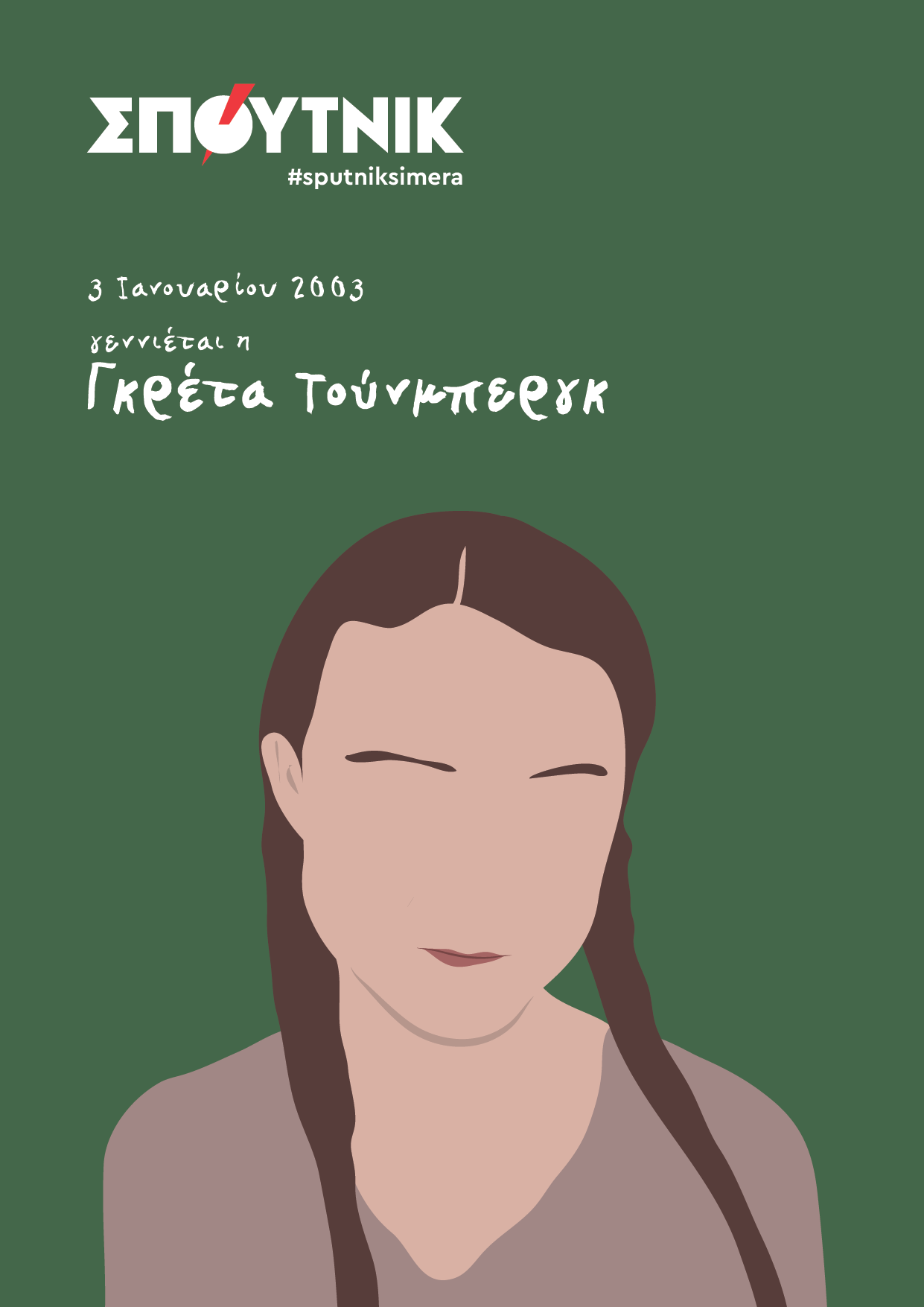

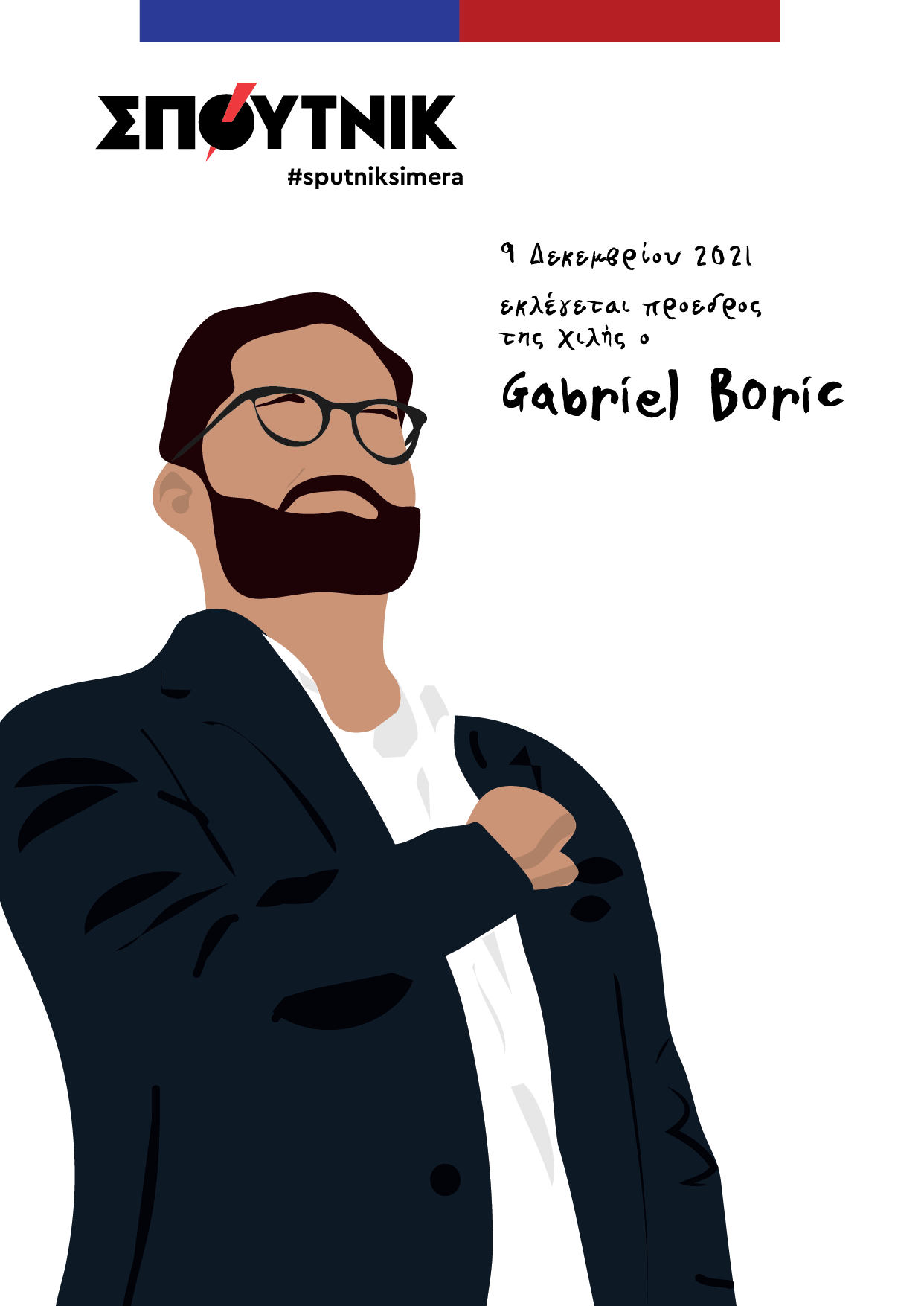
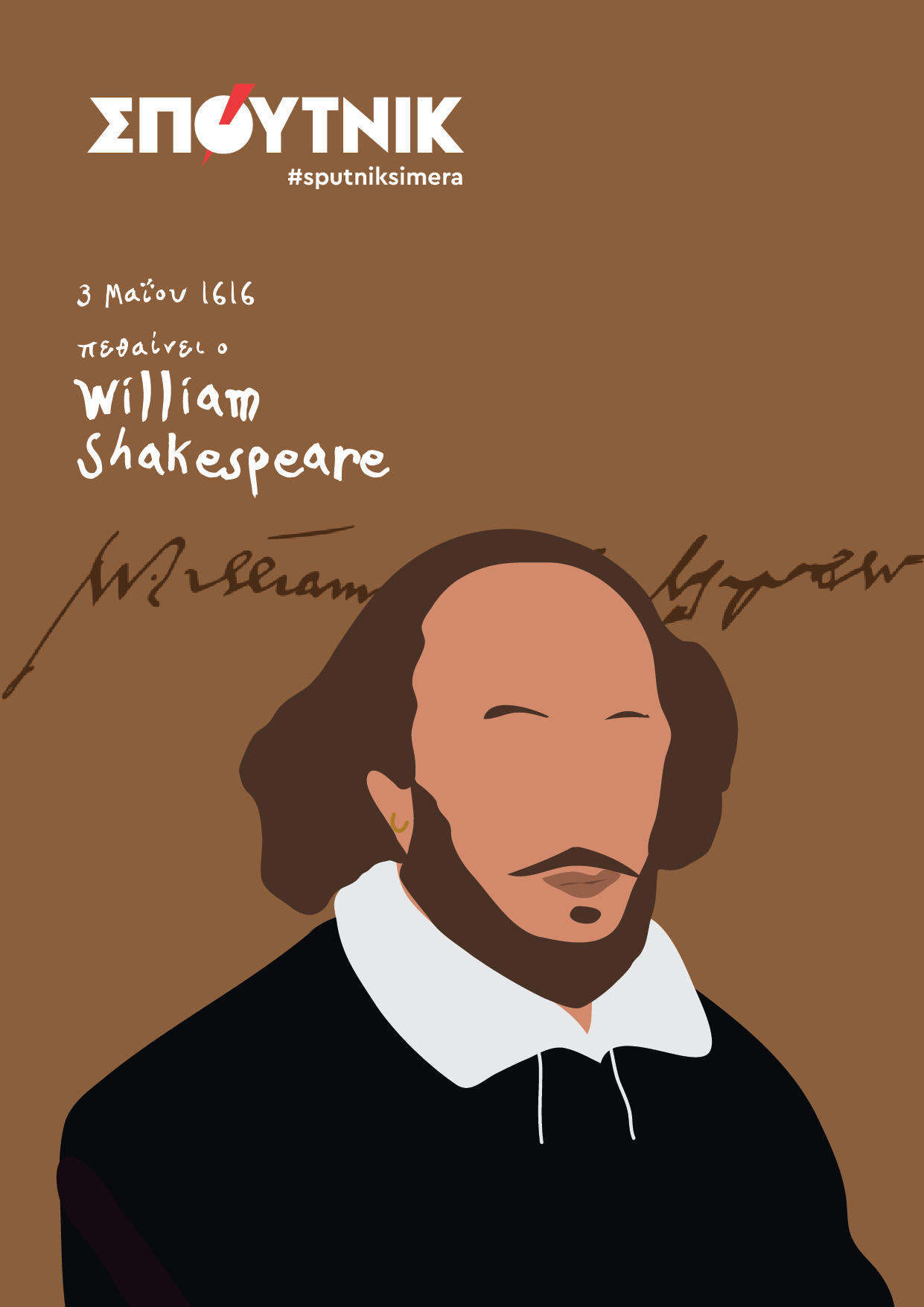
01. Vladimir Ilyich Ulyanov (Lenin)
A Russian revolutionary, politician, and political theorist. He served as head of government of Soviet Russia from 1917 to 1924 and of the Soviet Union from 1922 to 1924.
02. Nikos Temponeras
Α professor of mathematics and a member of the National Liberation Front (EAM). He was assassinated during the 1990-91 student uprisings by a member of "Youth Organisation of New Democracy".
03. Abdullah Öcalan
A Kurdish leader, leftist political theoretician, political prisoner and one of the founding members of the militant Kurdistan Workers' Party (PKK).
04. Hugo Chávez
A Venezuelan politician who was president of Venezuela from 1999 until his death in 2013. Chávez was also leader of the Fifth Republic Movement political party from its foundation in 1997 until 2007.
05. Marielle Francisco da Silva
A Brazilian politician, feminist, and human rights activist. She served as a city councillor of the Municipal Chamber of Rio de Janeiro for the Socialism and Liberty Party (PSOL) from January 2017 until her death.
06. Odysseas Elytis
A major exponent of romantic modernism in Greece and the world. In 1979 he was awarded the Nobel Prize in Literature.
07. George Seferis
A Greek poet-diplomat. He was one of the most important Greek poets of the 20th century, and a Nobel laureate. He was a career diplomat in the Greek Foreign Service, culminating in his appointment as Ambassador to the UK.
08. Antonio Gramsci
An Italian Marxist philosopher and communist politician. He wrote on political theory, sociology and linguistics. He attempted to break from the economic determinism of traditional Marxist thought.
09. Grigoris Lambrakis
A Greek politician, physician, track and field athlete, and member of the faculty of the School of Medicine at the University of Athens. His assassination by right-wing zealots provoked mass protests and led to a political crisis.
10. Stavros Konstantakopoulos
A political scientist, university teacher at Panteion University, member of the political party SYRIZA.
11. Róża Luksemburg
A Polish Marxist, philosopher, economist, anti-war activist and revolutionary socialist who became a naturalized German citizen at the age of 28.
12. Bertrand Arthur William
A British philosopher, logician, mathematician, historian, writer, essayist, social critic, political activist, and Nobel laureate. At various points in his life, Russell considered himself a liberal, a socialist and a pacifist.
13. Ernesto "Che" Guevara
An Argentine Marxist revolutionary, physician, author, guerrilla leader, diplomat, and military theorist. A major figure of the Cuban Revolution, his stylized visage has become a ubiquitous countercultural symbol of rebellion and global insignia in popular culture.
14. Louis Pierre Althusser
A French Marxist philosopher. He was born in Algeria and studied at the École Normale Supérieure in Paris, where he eventually became Professor of Philosophy.
15. Pablo Picasso
A Spanish painter, sculptor, printmaker, ceramicist, stage designer, poet and playwright who spent most of his adult life in France.
16. Simone de Beauvoir
A French writer, intellectual, existentialist philosopher, political activist, feminist and social theorist. Though she did not consider herself a philosopher, she had a significant influence on both feminist existentialism and feminist theory.
17. Yiannis Ritsos
A Greek poet and left-wing activist and an active member of the Greek Resistance during World War II. He became a member of the EAM (National Liberation Front) and authored several poems for the Greek Resistance.
18. Guy Fawkes
A member of a group of provincial English Catholics who planned the failed Gunpowder Plot of 1605.
19. Fidel Alejandro Castro Ruz
A Cuban communist revolutionary and politician who governed the Republic of Cuba as Prime Minister and then as President of the Council of State and Council of Ministers. A Marxist–Leninist and Cuban nationalist, Castro also served as the First Secretary of the Communist Party of Cuba.
20. Nicolás Maduro
A Venezuelan politician serving as president of Venezuela since 2013. His presidency has been disputed by Juan Guaidó since January 2019.
21. David Bowie
An English singer-songwriter and actor. He was a leading figure in the music industry and is considered one of the most influential musicians of the 20th century.
22. Yorgos Lanthimos
A Greek film and stage director, producer, and screenwriter. He has received four Academy Award nominations for his work for Dogtooth, The Lobster and for The Favourite.
23. Kobane Women Fighters
Women have been involved in Syrian Kurdish Resistance fighting since as early as 2011. The YPJ is politically aligned to the PYD, which bases its libertarian socialist philosophy on the writings of Abdullah Öcalan.
24. Bernie Sanders
is an American politician, a democratic socialist and US senator from Vermont. He is running for president of the United States as a Democratic candidate. Sanders is leading the charge for universal healthcare, which has become popularly known as "Medicare-for-all" and is being embraced by most 2020 Democrats.
25. Nikos Mpeloyiannis
is one of the great heroes of the Greek resistance, leading cadre of the Greek Communist Party and a symbolic victim of the authoritarian postwar establishment.
26. Manolis Glezos
was a Greek left-wing politician and folk hero, best known for his participation in the World War II resistance. On 30 May 1941 Glezos and Apostolos Santas climbed on the Acropolis and tore down the swastika, which had been there since 27 April 1941, when the Nazi forces had entered Athens.
27. Martin Luther King Jr.
was an American Christian minister and activist who became the most visible spokesperson and leader in the Civil Rights Movement from 1955 until his assassination in 1968. King is best known for advancing civil rights through nonviolence and civil disobedience, inspired by his Christian beliefs and the nonviolent activism of Mahatma Gandhi.
28. Agatha Christie
was an English writer known for her 66 detective novels and 14 short story collections, particularly those revolving around fictional detectives Hercule Poirot and Miss Marple.
29. Marie Curie
was a Polish and naturalized-French physicist and chemist who conducted pioneering research on radioactivity. She was the first woman to win a Nobel Prize, the first person and the only woman to win the Nobel Prize twice, and the only person to win the Nobel Prize in two different scientific fields.
30. Ebuka Mamasubek
died at the notorious Omonia police station (Athens, Greece). He was beaten to death, leaving back wife and a newborn baby. All lives matter.
31. Yuri Gagarin
was a Soviet Air Forces pilot and cosmonaut who became the first human to journey into outer space, achieving a major milestone in the Space Race; his capsule, Vostok 1, completed one orbit of Earth on 12 April 1961. Gagarin became an international celebrity and was awarded many medals and titles, including Hero of the Soviet Union, his nation's highest honour.
32. Emiliano Zapata
was a leading figure in the Mexican Revolution, the main leader of the peasant revolution in the state of Morelos, and the inspiration of the agrarian movement called Zapatismo.
33. Selahattin Demirtaş
is a Turkish politician of Zaza Kurdish descent, member of the parliament of Turkey since 2007. He was co-leader of the left-wing pro-Kurdish Peoples' Democratic Party (HDP), serving alongside Figen Yüksekdağ from 2014 to 2018. He has been imprisoned since November 2016.
34. Charlie Chaplin
was an English comic actor, filmmaker, and composer who rose to fame in the era of silent film. He became increasingly political, and his first sound film was The Great Dictator (1940), which satirized. Adolf Hitler. He was accused of communist sympathies, and some members of the press and public found his involvement in a paternity suit, and marriages to much younger women, scandalous.
35. Tassos Leivaditis
was a Greek poet. At the onset of the German occupation of Greece, in 1941, abandoned his studies and joined the Resistance and the National Liberation Front's youth organisation EPON. The military coup of 21 April 1967, rendered Leivaditis unemployable. Eventually, he started writing under various pen names for popular magazines of the time, such as Fantasio, hired, as were many other writers of the Left.
36. Theo Angelopoulos
was a Greek filmmaker, screenwriter and film producer. He made his first short film in 1968 and in the 1970s he began making a series of political feature films about modern Greece: Days of '36, The Travelling Players and The Hunters. Angelopoulos was one of the most influential and widely respected filmmakers in the world.
37. Karl Marx
was a German philosopher, economist, historian, sociologist, political theorist, journalist and socialist revolutionary. In late 1847, Marx and Engels began writing what was to become their most famous work – a programme of action for the Communist League.
38. James Connolly
was a Scottish-born Irish republican and socialist leader. He opposed British rule in Ireland, and was one of the leaders of the Easter Rising of 1916. He was executed by firing squad following the Rising.
39. Malcolm X
was an American Muslim minister and human rights activist who was a popular figure during the civil rights movement. He is best known for his staunch and controversial black racial advocacy, and for his time spent as the vocal spokesperson of the Nation of Islam.
40. José Mujica
is a Uruguayan politician who served as the 40th President of Uruguay from 2010 to 2015. A former guerrilla with the Tupamaros, he was imprisoned for 12 years during the military dictatorship in the 1970s and 1980s. A member of the Broad Front coalition of left-wing parties, Mujica was Minister of Livestock, Agriculture, and Fisheries from 2005 to 2008 and a Senator afterwards.
41. Enrico Berlinguer
was an Italian politician. Considered the most popular leader of the Italian Communist Party, which he led as the national secretary from 1972 until his death during a tense period in Italy's history, marked by the Years of lead and social conflicts such as the Hot Autumn of 1969–1970. He distanced the party from the influence of the Communist Party of the Soviet Union and pursued a moderate line, repositioning the party within Italian politics and advocating accommodation and national unity.
42. Angelos Elefantis
was a journalist and writer, known as the publisher and director of the magazine "The Citizen". He was one of the founders of the newspaper "I Epochi", a regular editor of the newspaper "I Avgi" and published books, articles and essays on political, historical and personal issues.
43. Aris Velouchiotis
was the most prominent leader and chief instigator of the Greek People's Liberation Army (ELAS), the military branch of the National Liberation Front (EAM), which was the major resistance organization in occupied Greece from 1942 to 1945.
44. Alan Turing
was an mathematician, computer scientist, logician, cryptanalyst, philosopher, and theoretical biologist. Turing was highly influential in the development of theoretical computer science, providing a formalization of the concepts of algorithm and computation with the Turing machine, which can be considered a model of a general-purpose computer. Despite his accomplishments, he was never fully recognized in his home country during his lifetime due to his homosexuality.
45. Diego Maradona
was an Argentine professional football player and manager. Widely regarded as one of the greatest players of all time, he was one of the two joint winners of the FIFA Player of the 20th Century award.
46. Alexandros Grigoropoulos
a 15-year-old Greek student, killed by a special officer in Exarcheia district of central Athens. The killing of the young student by police resulted in large protests and demonstrations, which escalated to widespread rioting, with numerous rioters damaging property and engaging riot police with Molotov cocktails, stones and other objects.
47. Leo Panitch
was a Distinguished Research Professor of Political Science and Canada Research Chair in Comparative Political Economy at York University. Panitch himself sees the Register as playing a major role in developing Marxism's conceptual framework for advancing a democratic, co-operative and egalitarian socialist alternative to capitalist competition, exploitation and insecurity
48. Thomas Sankara
was a Burkinabé military officer and socialist revolutionary who served as the President of Burkina Faso from 1983 to 1987. A Marxist–Leninist and pan-Africanist, he was viewed by supporters as a charismatic and iconic figure of revolution and is sometimes referred to as "Africa's Che Guevara".
49. Nikos Kavvadias
was a Greek poet, writer and a sailor by profession. He used his travels around the world, the life at sea and its adventures, as powerful metaphors for the escape oQf ordinary people, outside the boundaries of reality. His poems are widely regarded as belonging to symbolism, and he has been characterized by some as a poète maudit.
50. Tzimis Panousis
was a Greek musician, stand-up comedian and occasional film and theater actor born in Athens, where he spent most of his life. His fans often refer to him as “Tzimakos” (little Jim). All this has contributed to the depiction of Panousis as a highly controversial artist.
51. Nâzım Hikmet
was a Turkish poet, playwright, novelist, screenwriter, director and memoirist. He was acclaimed for the "lyrical flow of his statements". Described as a "romantic communist" and "romantic revolutionary", he was repeatedly arrested for his political beliefs and spent much of his adult life in prison or in exile.
52. Periklis Korovesis
was a Greek author and journalist and a member of the Hellenic Parliament.
53. Nicos Poulantzas
was a Greek-French Marxist political sociologist and philosopher. In the 1970s, Poulantzas was known, along with Louis Althusser, as a leading Structural Marxist and, while at first a Leninist, he eventually became a proponent of democratic socialism.
54. Manos Hatzidakis
was a Greek composer and theorist of Greek music, widely considered to be one of the greatest Greek composers and one of the most globally recognized. His legacy and contribution are widespread among the works of contemporary Greek music, through the second half of the 20th and into the 21st century. In 1960, he received an Academy Award for Best Original Song for his song Never on Sunday.
55. Harvey Milk
was an American politician and the first openly gay man to be elected to public office in California, as a member of the San Francisco Board of Supervisors. Milk was born and raised in New York where he acknowledged his homosexuality as an adolescent, but chose to pursue sexual relationships with secrecy and discretion well into his adult years. His experience in the counterculture of the 1960s caused him to shed many of his conservative views about individual freedom and the expression of sexuality.
56. Oscar Wilde
was an Irish poet and playwright. After writing in different forms throughout the 1880s, he became one of the most popular playwrights in London in the early 1890s. He is best remembered for his epigrams and plays, his novel The Picture of Dorian Gray, and the circumstances of his criminal conviction for gross indecency for consensual homosexual acts in "one of the first celebrity trials", imprisonment, and early death from meningitis at age 46.
57. Menelaos Lountemis
was the pen name one of the most important essayists in the Greek interwar period and post-World War II era. His engagement in left-wing politics and his political activities from inside the lines of the Communist Party of Greece cost him his expulsion from the entire school system.
58. John Lennon
was an English singer, songwriter, musician and peace activist[2] who achieved worldwide fame as the founder, co-songwriter, co-lead vocalist and rhythm guitarist of the Beatles. Lennon was characterised by the rebellious nature and acerbic wit in his music, writing and drawings, on film, and in interviews.
59. Vassilis Tsitsanis
was a Greek songwriter and bouzouki player. He became one of the leading Greek composers of his time and is widely regarded as one of the founders of modern Rebetiko and Laiko music. Tsitsanis wrote more than 500 songs and is still remembered as an extraordinary composer and bouzouki player.
60. Kobe Bryant
was an American professional basketball player. A shooting guard, he spent his entire 20-year career with the Los Angeles Lakers in the National Basketball Association (NBA). Widely regarded as one of the greatest basketball players of all time.
61. Shehzad Luqman
was a 27-year-old man of Pakistani descent who was tragically murdered by members of the Golden Dawn party in the early hours of January 17, 2013, in the neighborhood of Petralona, Athens.
62. Nikos Kazantzakis
was a renowned Greek writer and philosopher whose works have left an enduring impact on literature and thought. His masterpiece, "Zorba the Greek," and the novel "The Last Temptation of Christ" are just a couple of examples of his influential writings that explore profound existential and spiritual themes. Kazantzakis' legacy continues to inspire readers worldwide, and his contributions to Greek literature are celebrated.
63. Salvador Allende
was a Chilean physician and politician who served as the President of Chile from 1970 until 1973. He was a prominent figure in Latin American politics, known for his commitment to socialist reforms and his vision of a more equitable society. Allende's presidency ended tragically in a military coup in 1973, but his legacy endures as a symbol of progressive politics and the struggle for social justice in Chile and beyond.
64. Emma Goldman
was a prominent anarchist and feminist thinker in the early 20th century. She advocated for a wide range of social and political issues, including workers' rights, gender equality, and freedom of speech. Her influential essays and speeches challenged the status quo and promoted radical ideas, making her a pivotal figure in the history of activism and anarchism in the United States.
65. Maxim Gorky
was a prominent Russian and Soviet writer known for his vivid depictions of the struggles of the working class in late 19th and early 20th-century Russia. His influential works like "Mother" and "The Lower Depths" shed light on social and political issues, resonating with readers worldwide. Gorky's activism and commitment to advocating for change further solidified his place in both literature and political history.
66. Katerina Gogou
was a notable Greek poet, actress, and writer known for her unconventional and provocative work. Her poetry and writings often delved into themes of social alienation, despair, and personal turmoil, reflecting the struggles of her generation. Gogou's open and raw expression of her inner world made her a significant and controversial figure in Greek literature and countercultural movements during the latter half of the 20th century.
67. Pavlos Fyssas
was a Greek rapper, notable for his participation and performance in musical projects, as well as for his anti-fascist activism. He toured well-known venues in Athens and throughout Greece. He was murdered on 18 September 2013 by a member of the neo-fascist group Golden Dawn.
68. Alkis Kampanos
was a 19-year-old boy who was murdered by PAOK fans in Thessaloniki, had more than 30 injuries, the forensic examination showed.
69. Mina Adamaki
was a greek actress. She studied at the Drama School of the Art Theatre of Karolos Koun (1966). At a young age, she studied puppetry and pantomime in London. Mina Adamaki had founded the troupe “Theatriki Syntechnia” and was a founding member of “Eleftheri Skini”. She played many roles in theatre and television. The role of Irini in “Three Graces” remains iconic, next to Nena Menti and Anna Panagiotopoulou.
70. Mahatma Gandhi
was a renowned leader in the Indian independence movement who advocated nonviolent civil disobedience. His unwavering commitment to nonviolence and truth played a pivotal role in India's struggle for independence from British colonial rule in 1947. Gandhi's philosophy of "Satyagraha" and his legacy as a champion of peace and social justice continue to influence and inspire movements for change worldwide.
71. Gabriel Boric
Gabriel Boric Font is a Chilean politician who has been serving as the President of Chile since 11 March 2022. Boric gained prominence as a student leader during his time studying law at the University of Chile. He was president of its influential student federation during the student protests that began in 2011.
72. Greta Tumberg
is a prominent Swedish environmental activist who gained international recognition for her unwavering dedication to addressing the climate crisis. Her passionate and straightforward speeches, such as her "Fridays for Future" school strike movement, have sparked global youth-led climate protests, inspiring millions to demand action from world leaders. Greta's impactful advocacy has made her a symbol of youth empowerment and environmental awareness, leading to numerous accolades and recognition for her tireless efforts to combat climate change.
73. Zak Kostopoulos
was a renowned leader in the Indian independence movement who advocated nonviolent civil disobedience. His unwavering commitment to nonviolence and truth played a pivotal role in India's struggle for independence from British colonial rule in 1947. Gandhi's philosophy of "Satyagraha" and his legacy as a champion of peace and social justice continue to influence and inspire movements for change worldwide.
74. William Shakespeare
stands as an unparalleled figure in English literature, acclaimed for his profound influence on drama and poetry. His enduring works, encompassing timeless tragedies like "Romeo and Juliet," "Hamlet," and "Macbeth," have transcended centuries and borders, delving into the complexities of human emotions, ambition, and morality. Beyond his literary prowess, Shakespeare's impact reverberates through the English language, idioms, and cultural references, solidifying his status as an integral part of global literary heritage and cultural history.
75. Miguel de Cervantes
was a Spanish novelist and playwright, is best known for his masterpiece, "Don Quixote," which is considered one of the most influential works of world literature. Published in 1605, "Don Quixote" is a timeless exploration of the human spirit, chivalry, and the power of imagination. Cervantes' innovative narrative style and complex characters have secured his place as a literary giant whose contributions to the novel form continue to be celebrated and studied worldwide.
76. Mimis Papaioannou
was a Greek professional footballer, who played as a forward, mostly for AEK Athens and a later manager. His nickname was "The Vlach", due to his refugee origins.
77. Alexis Tsipras
is a Greek politician of the political left, who served as Prime Minister of Greece from 2015 to 2019. A socialist, Tsipras was leader of the Greek political party Syriza from 2008 to 2023. Tsipras is the fourth prime minister who has governed in the course of the 2010s Greek government-debt crisis.